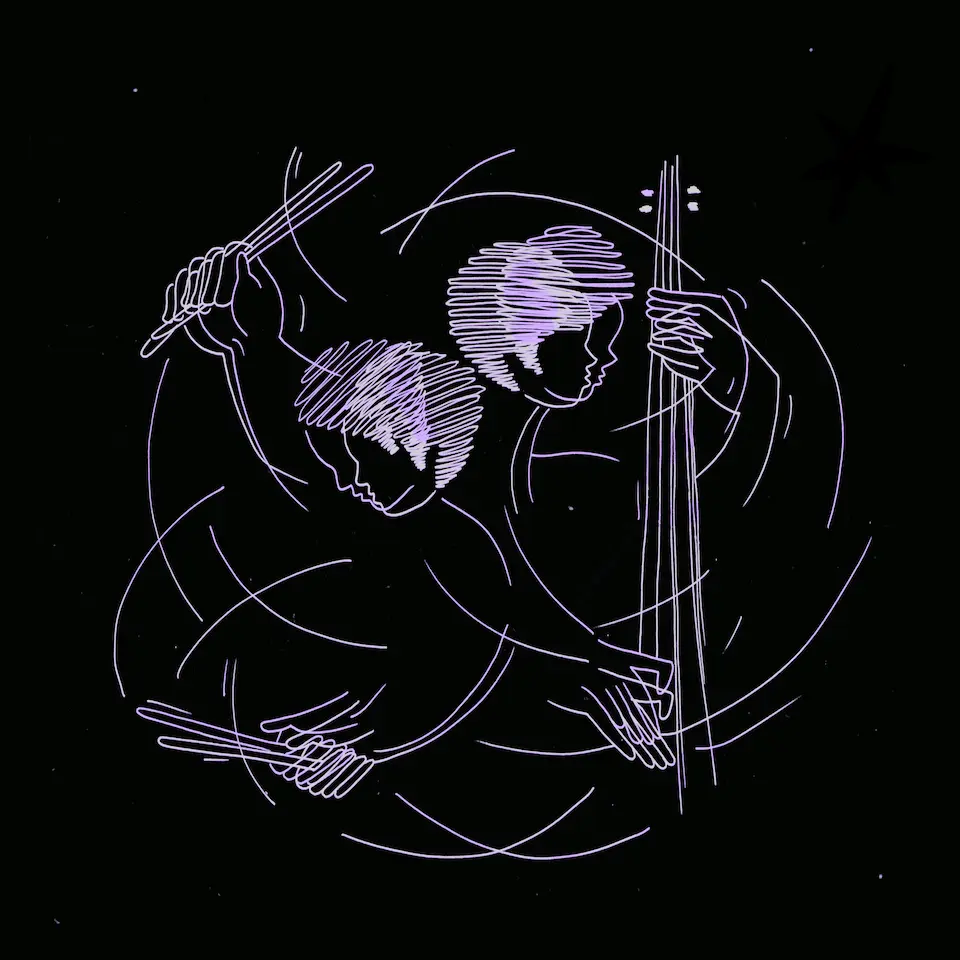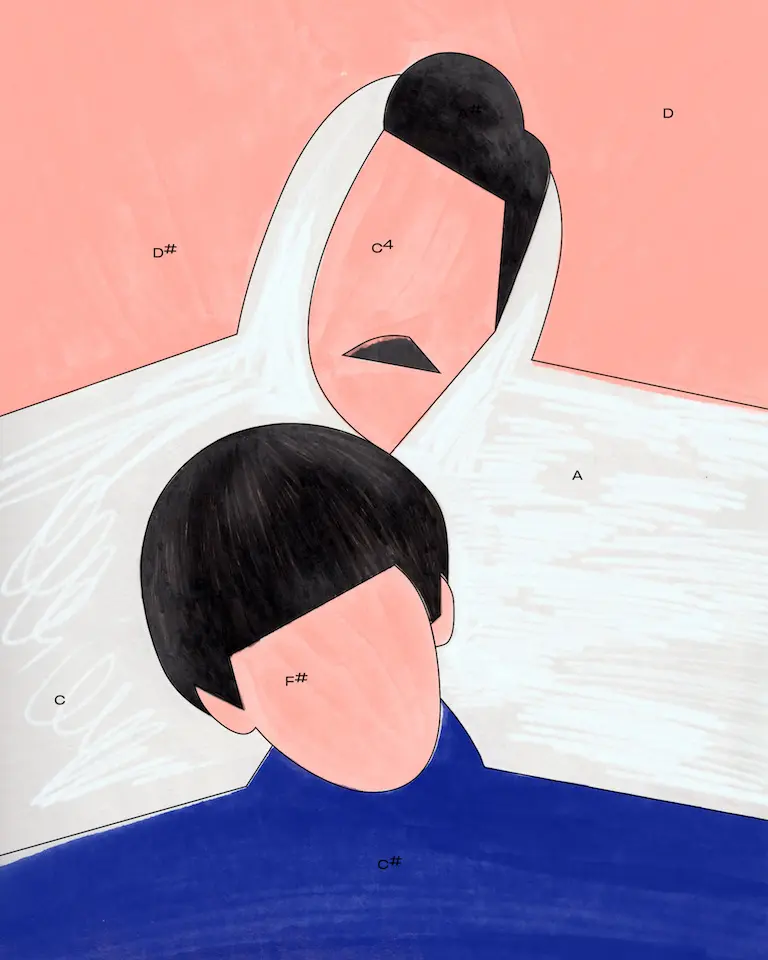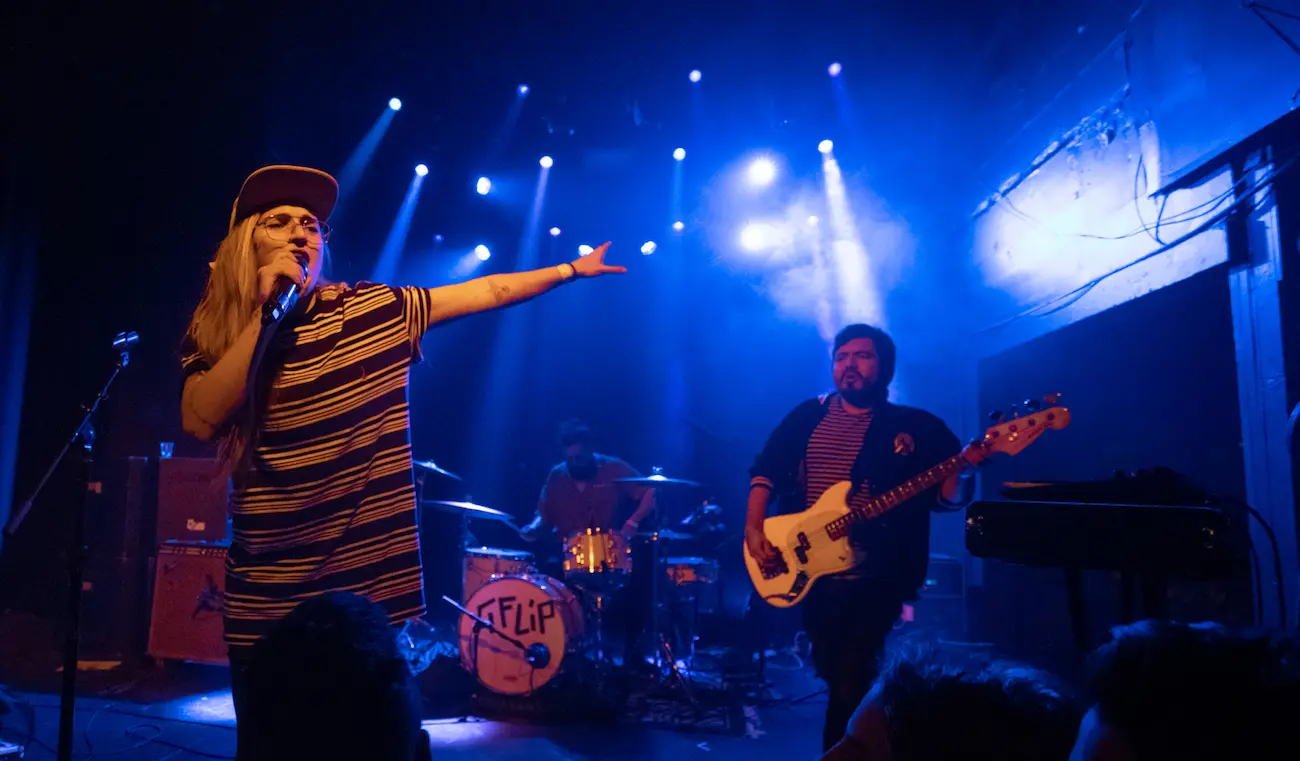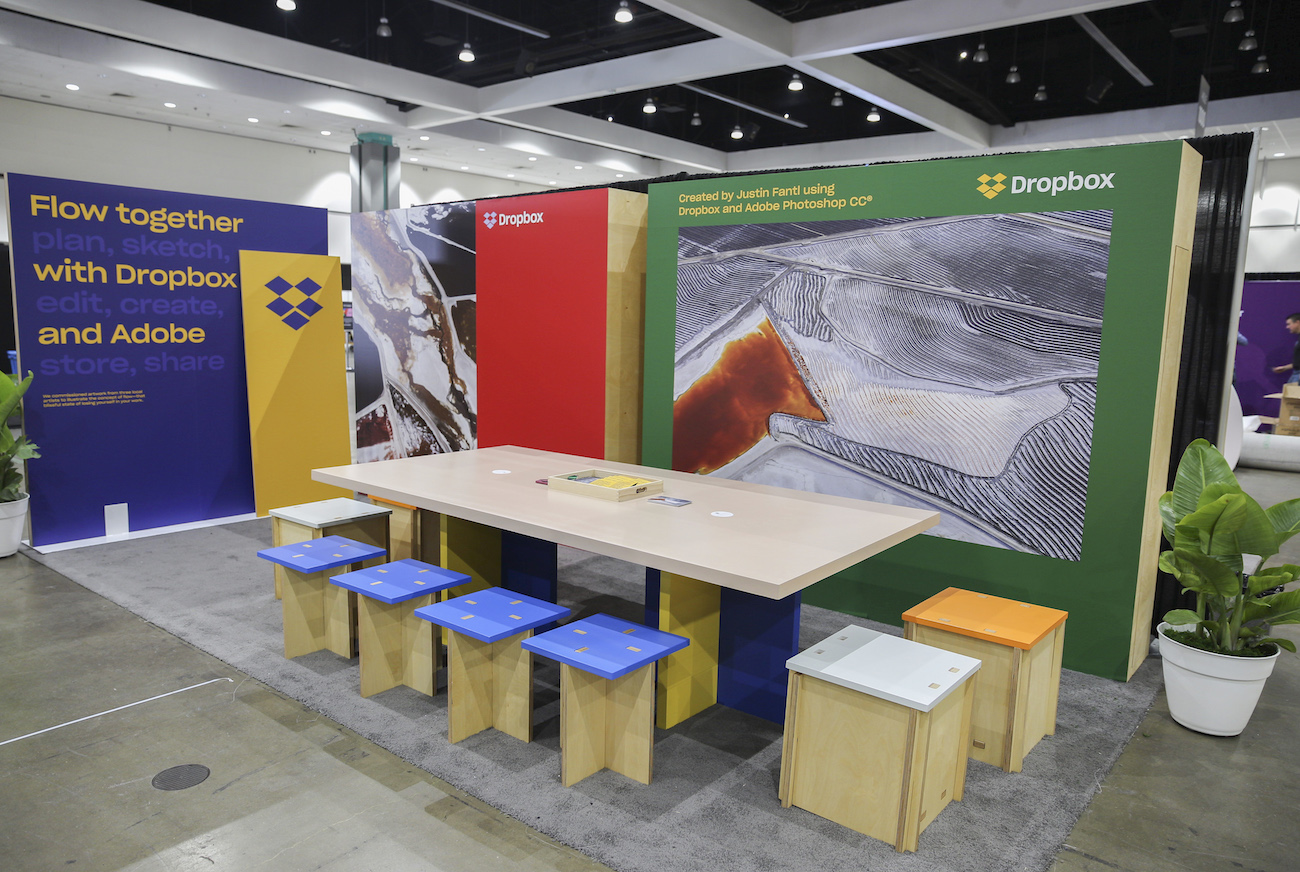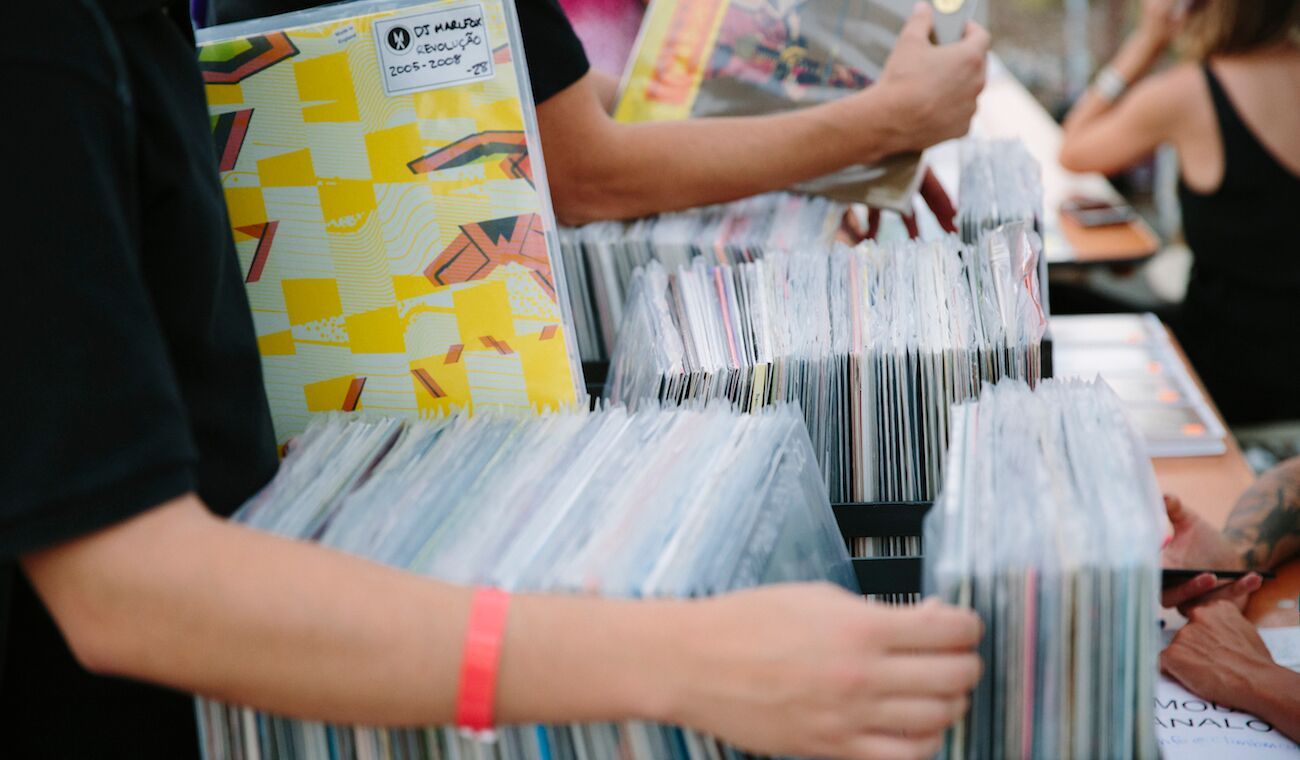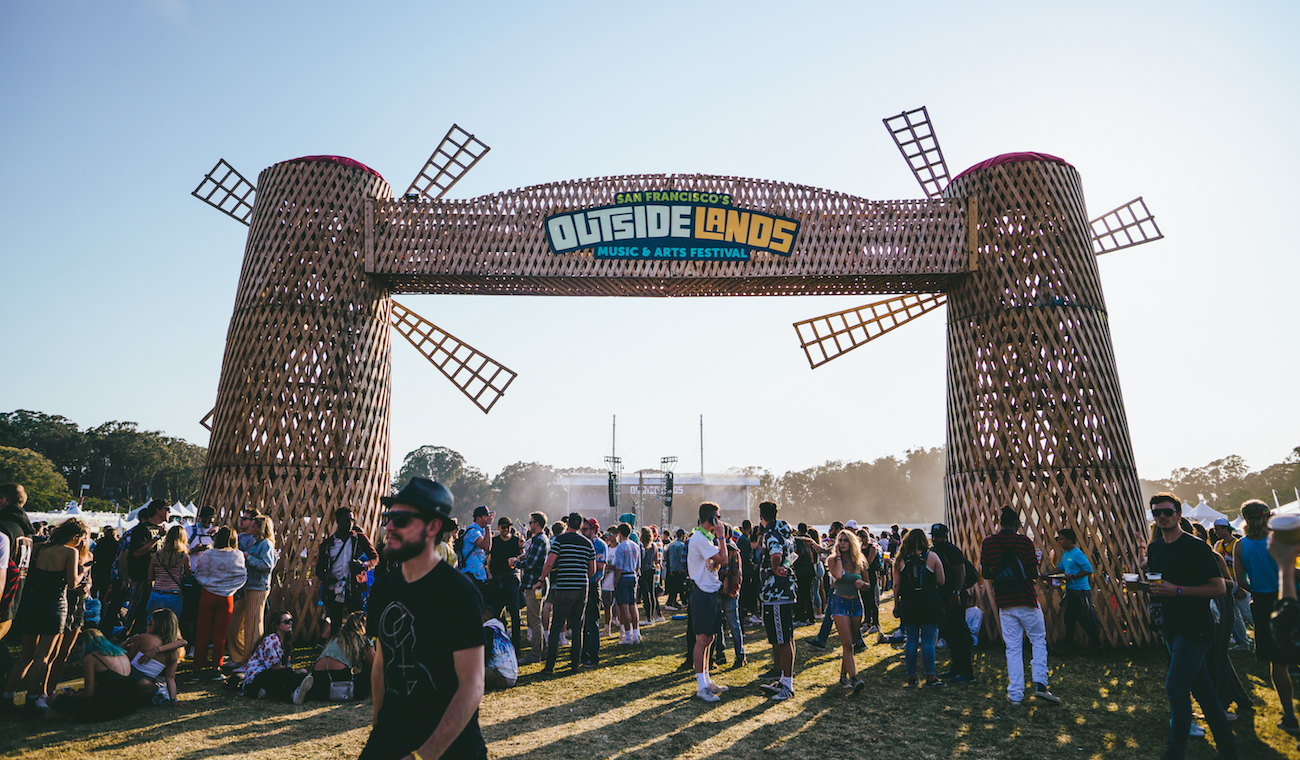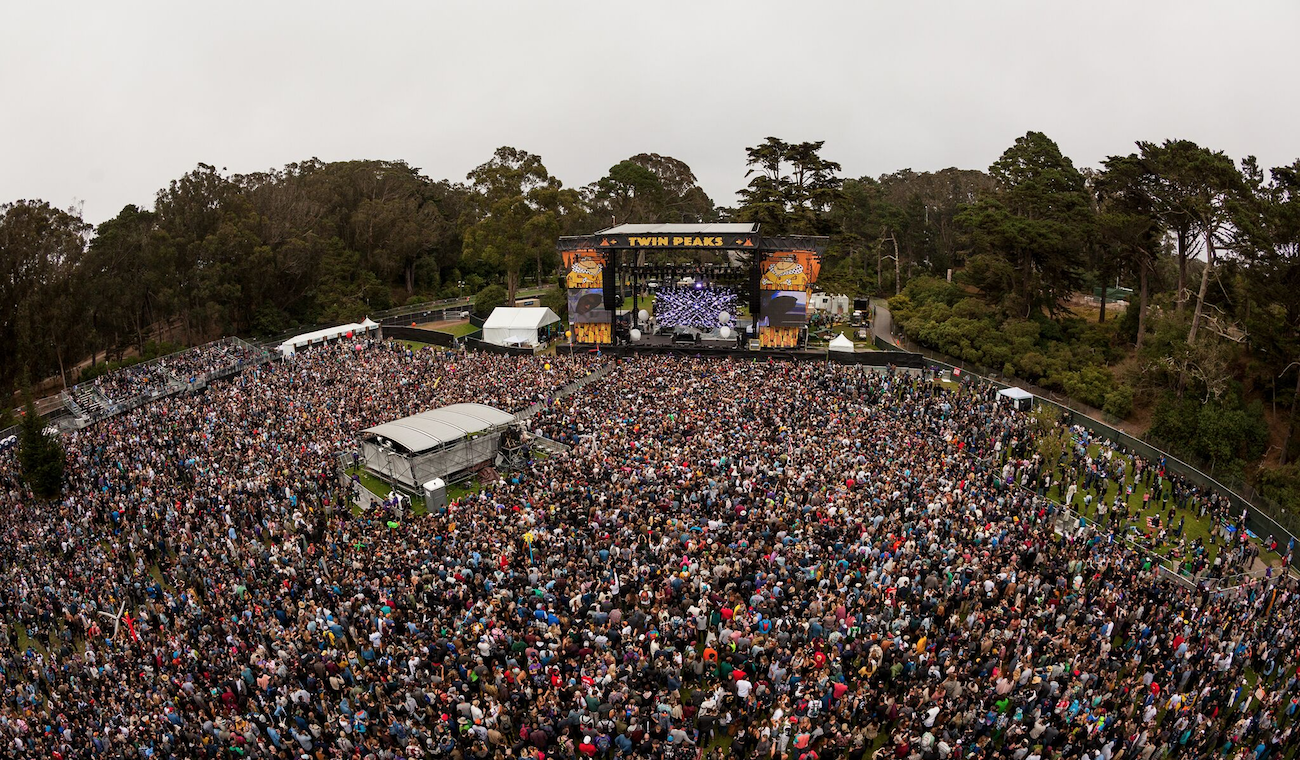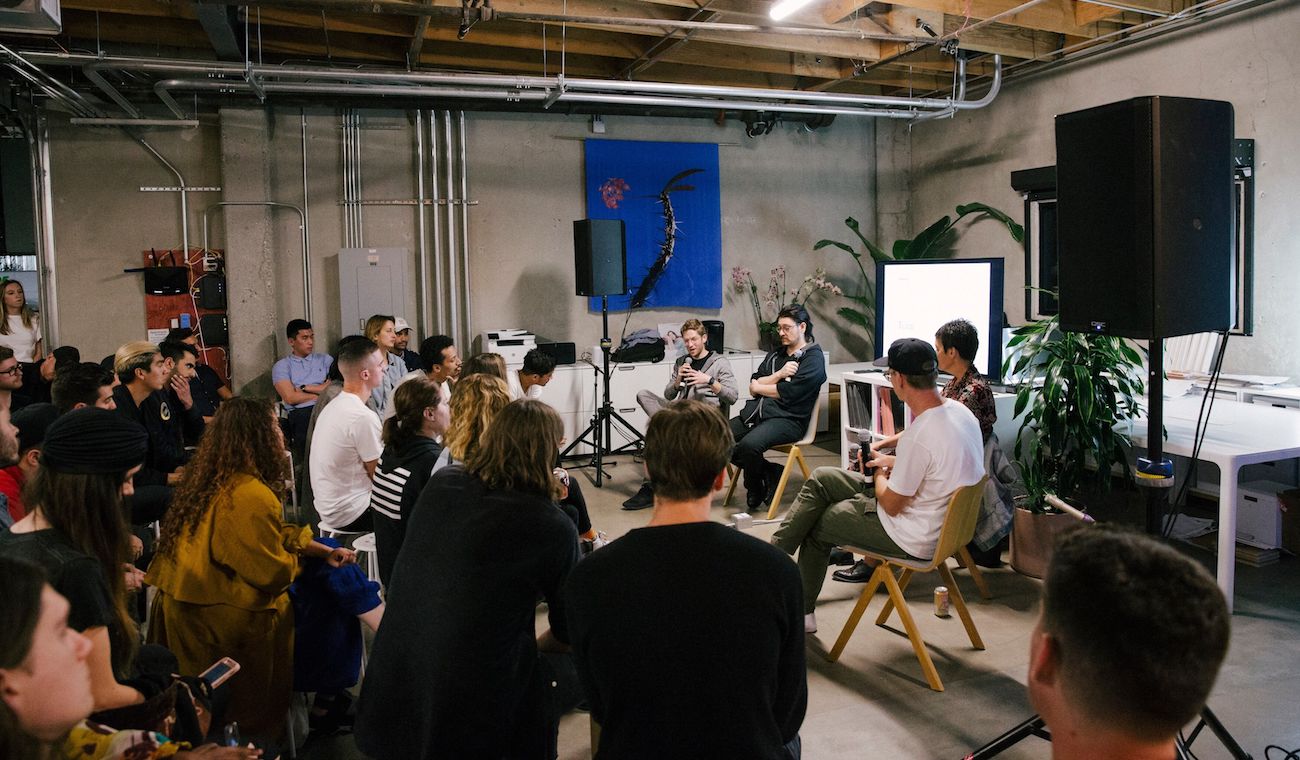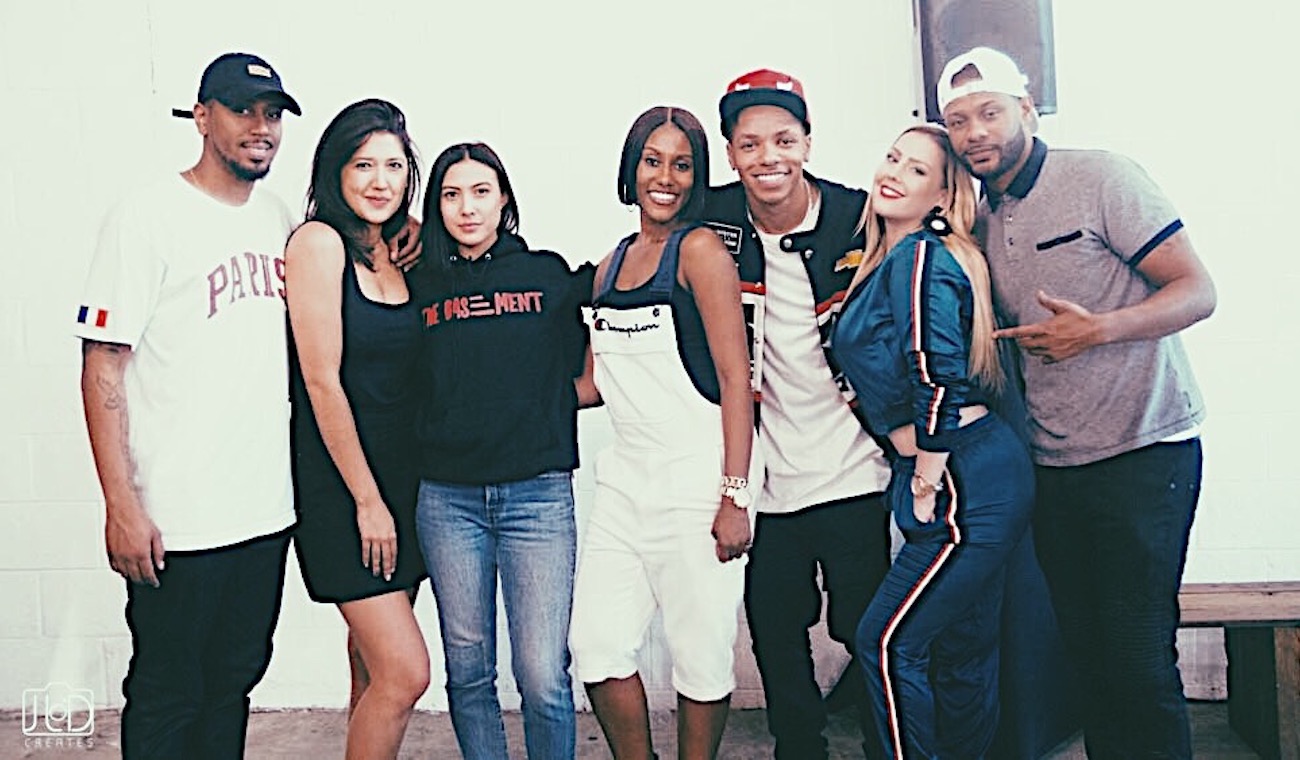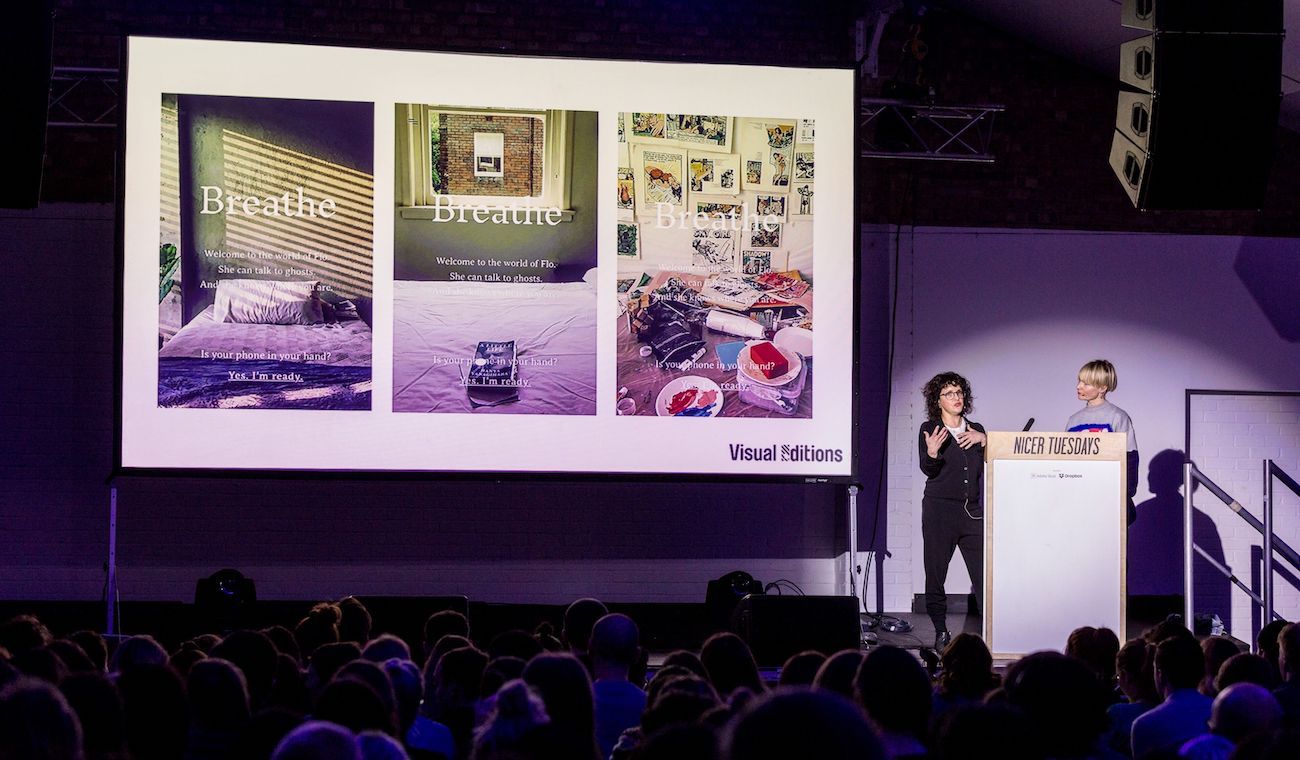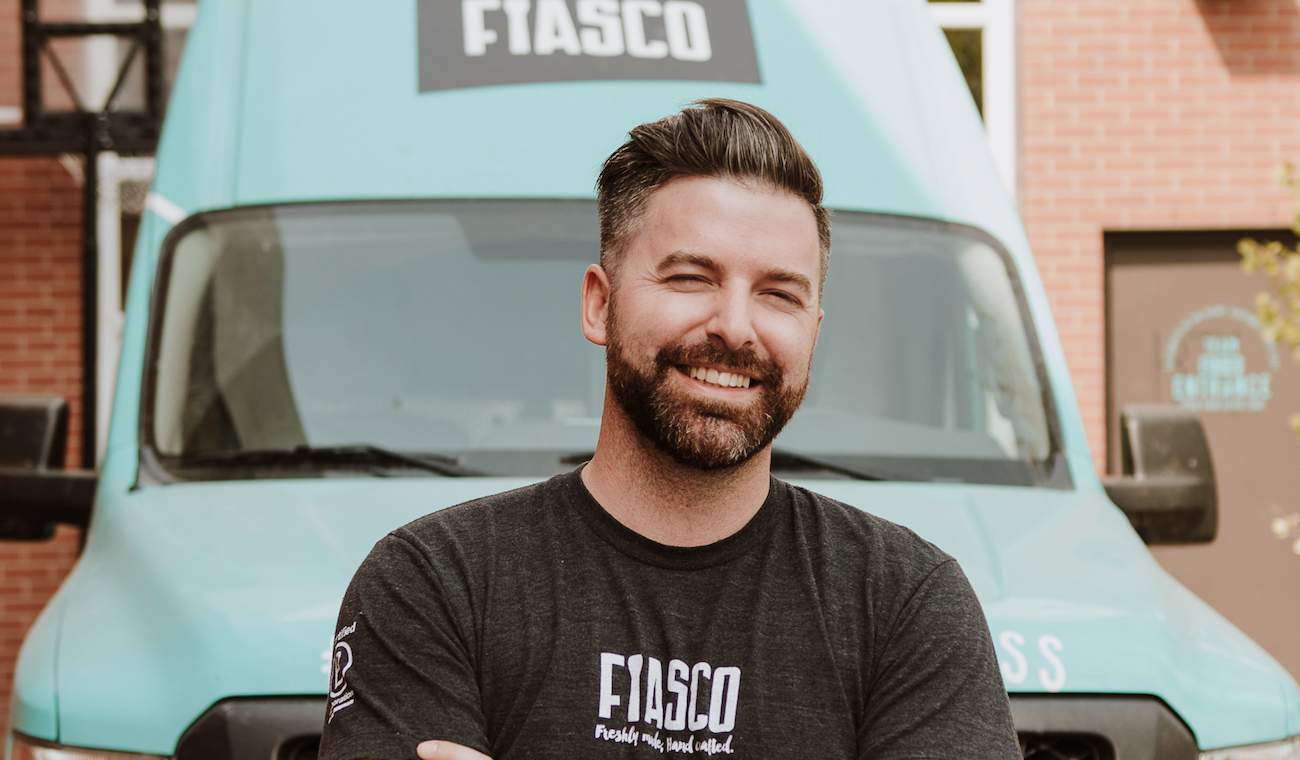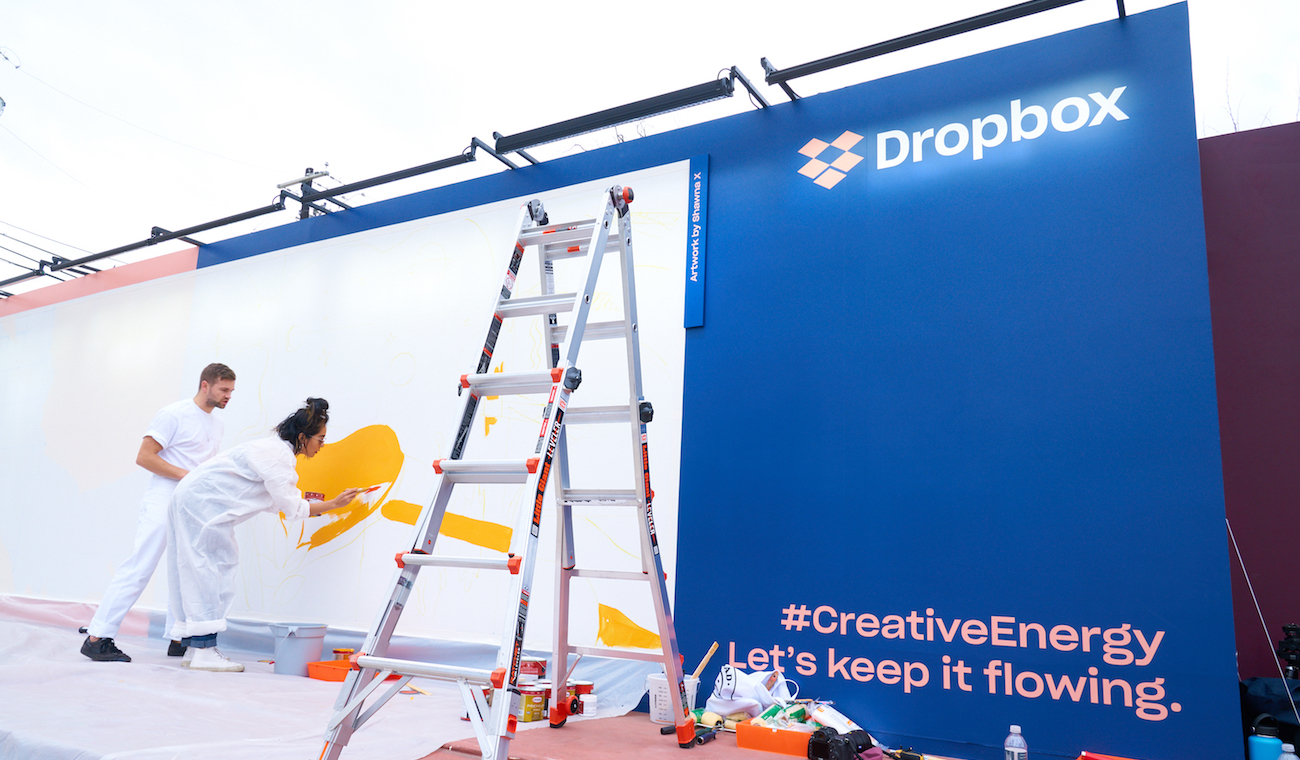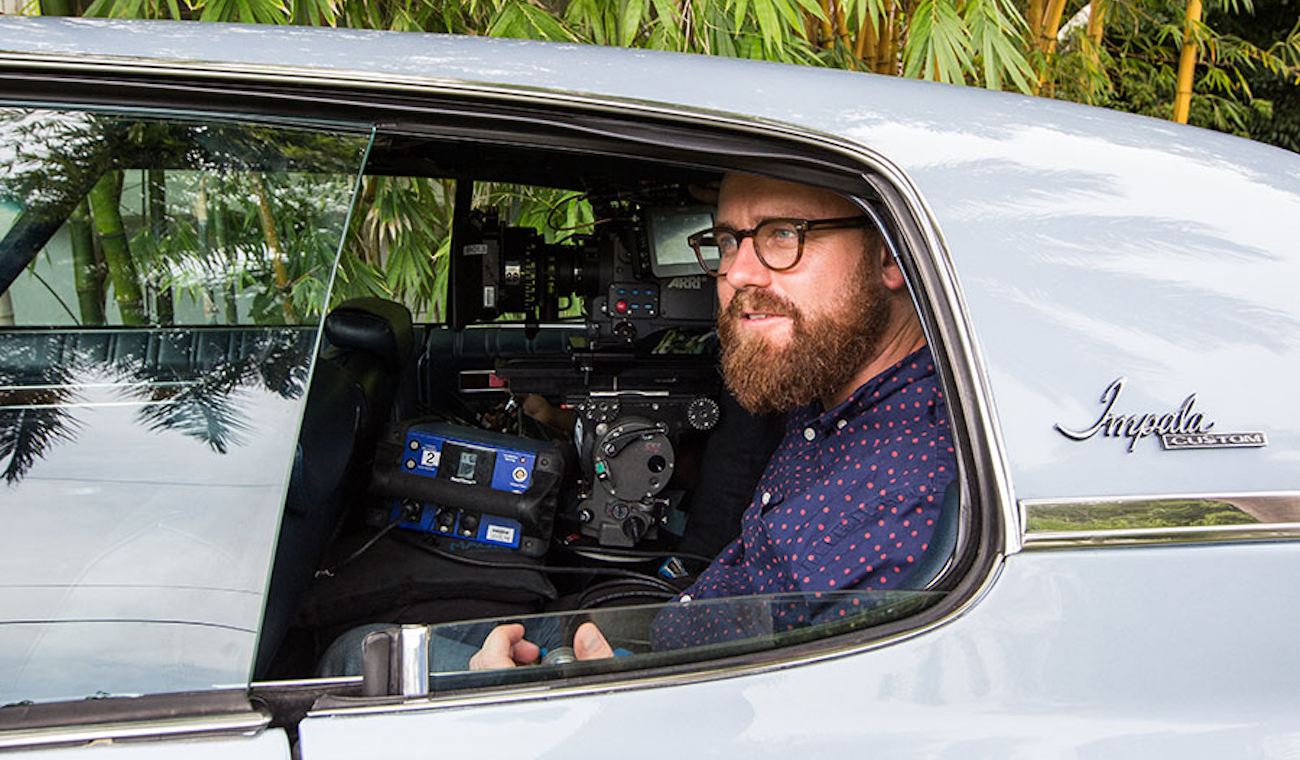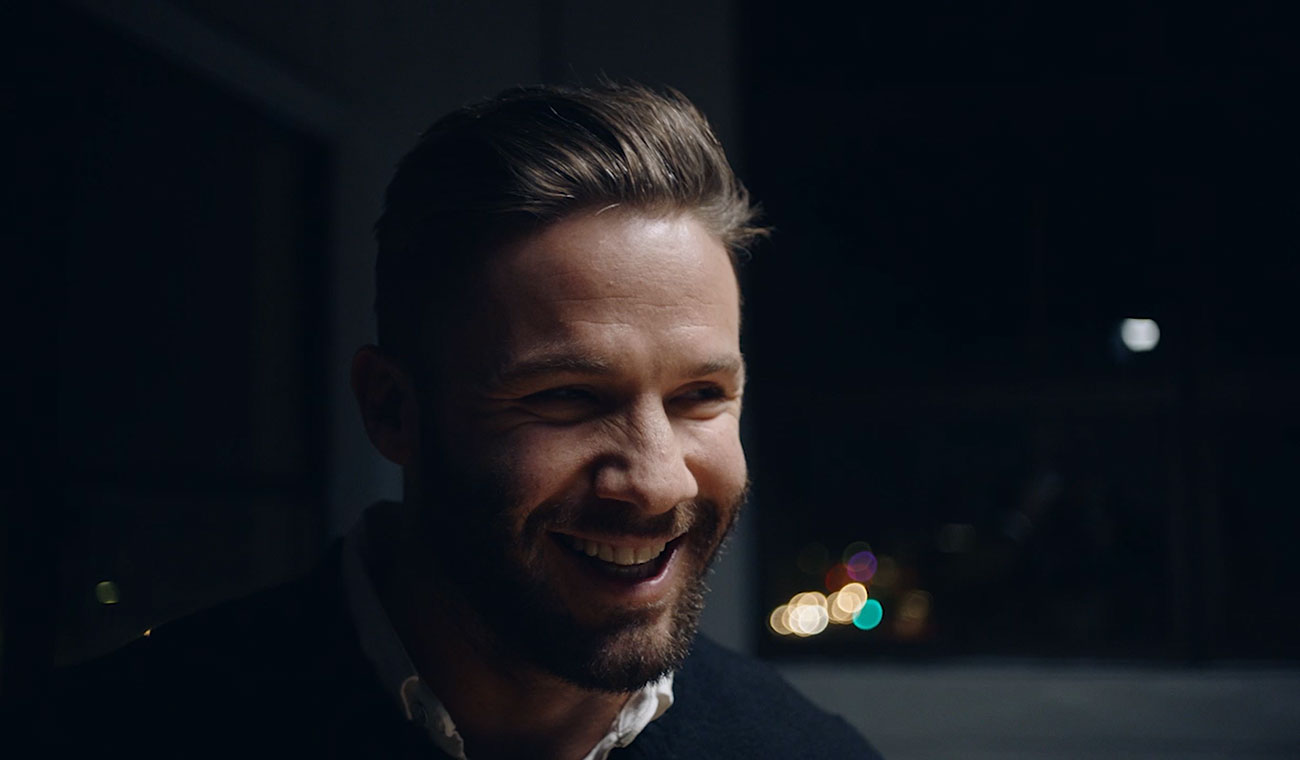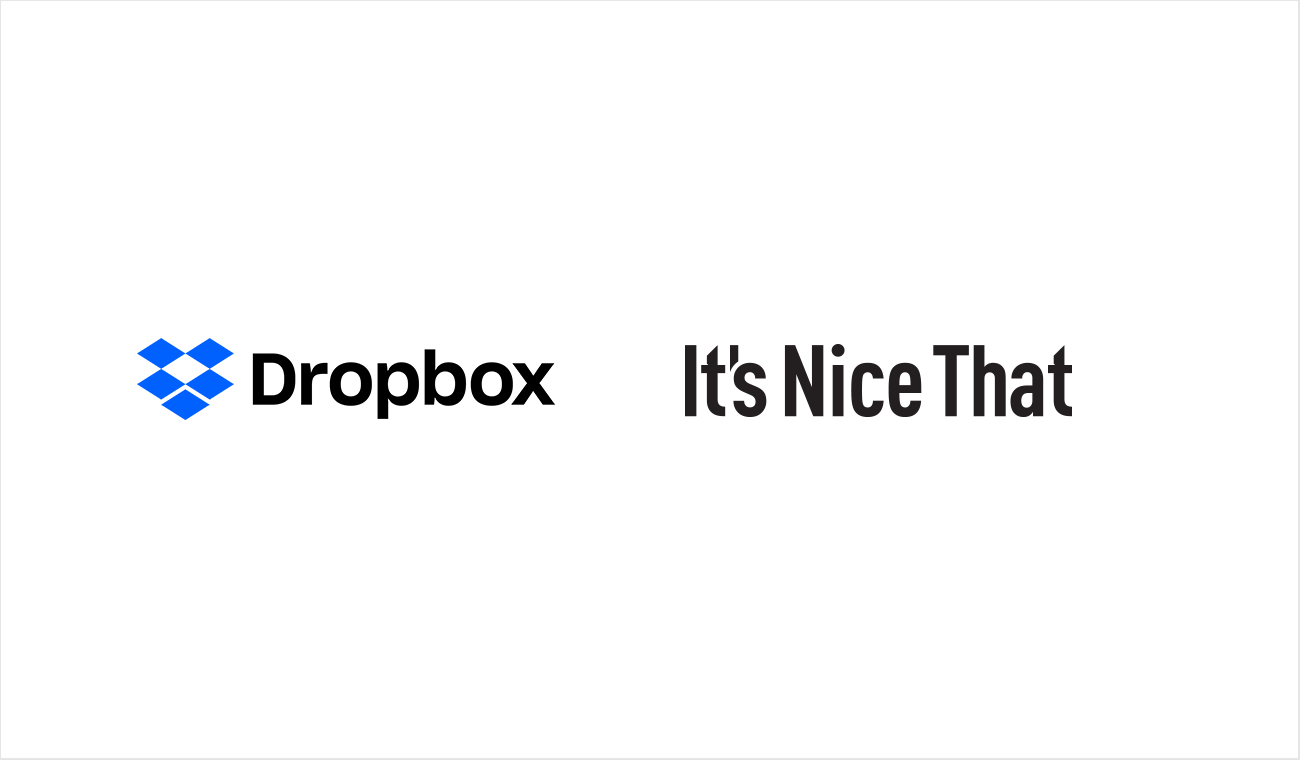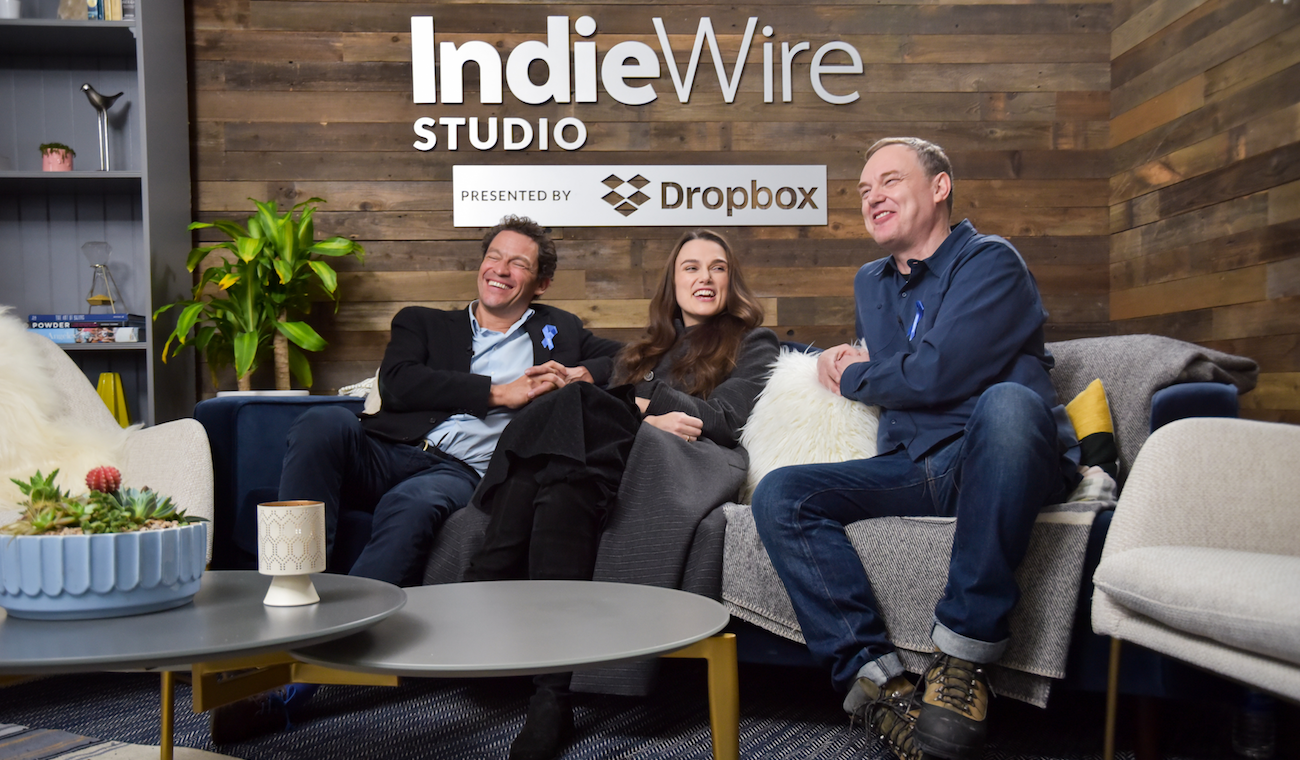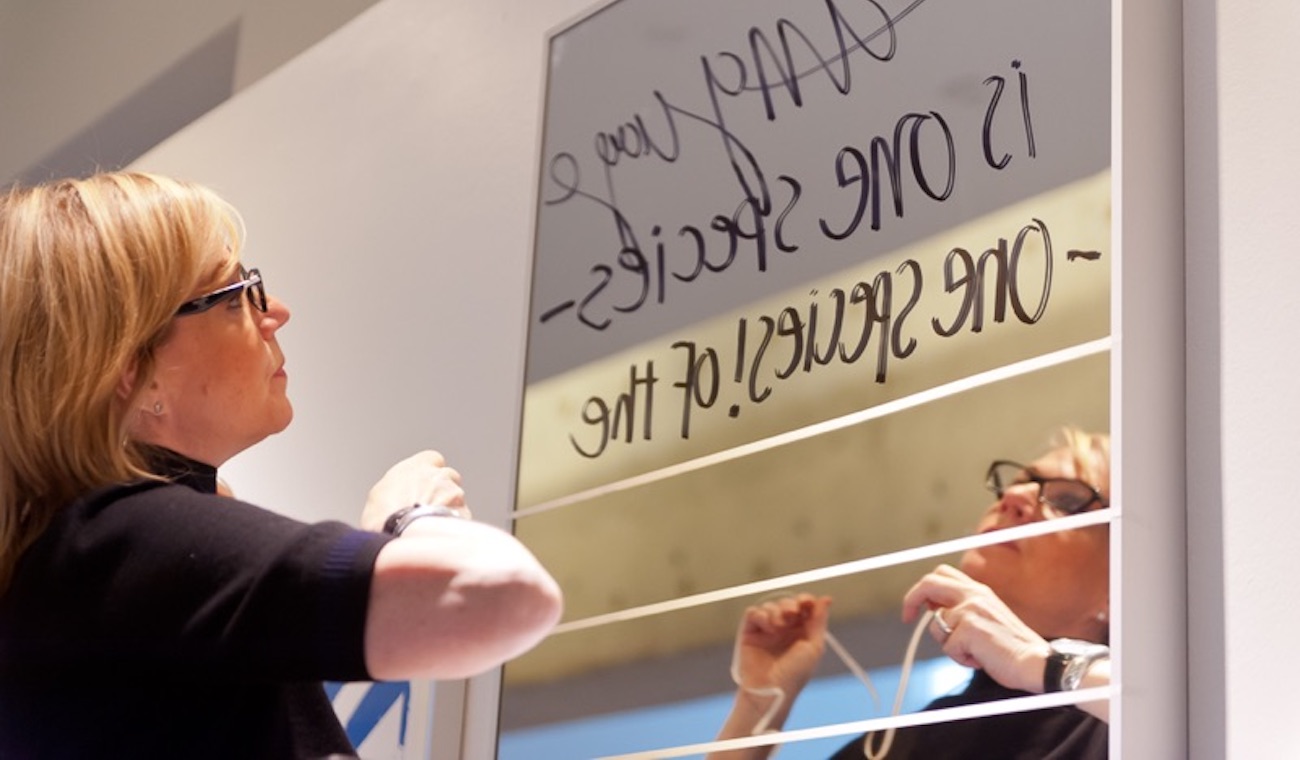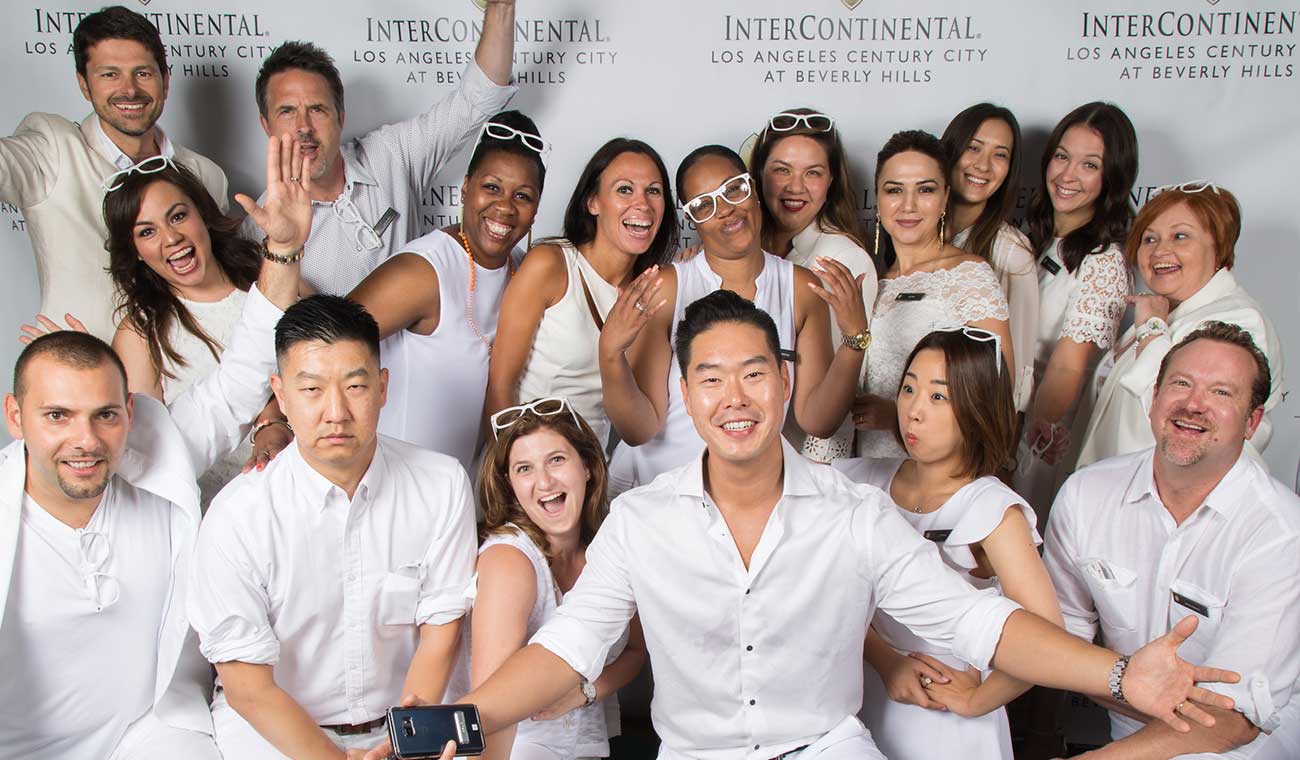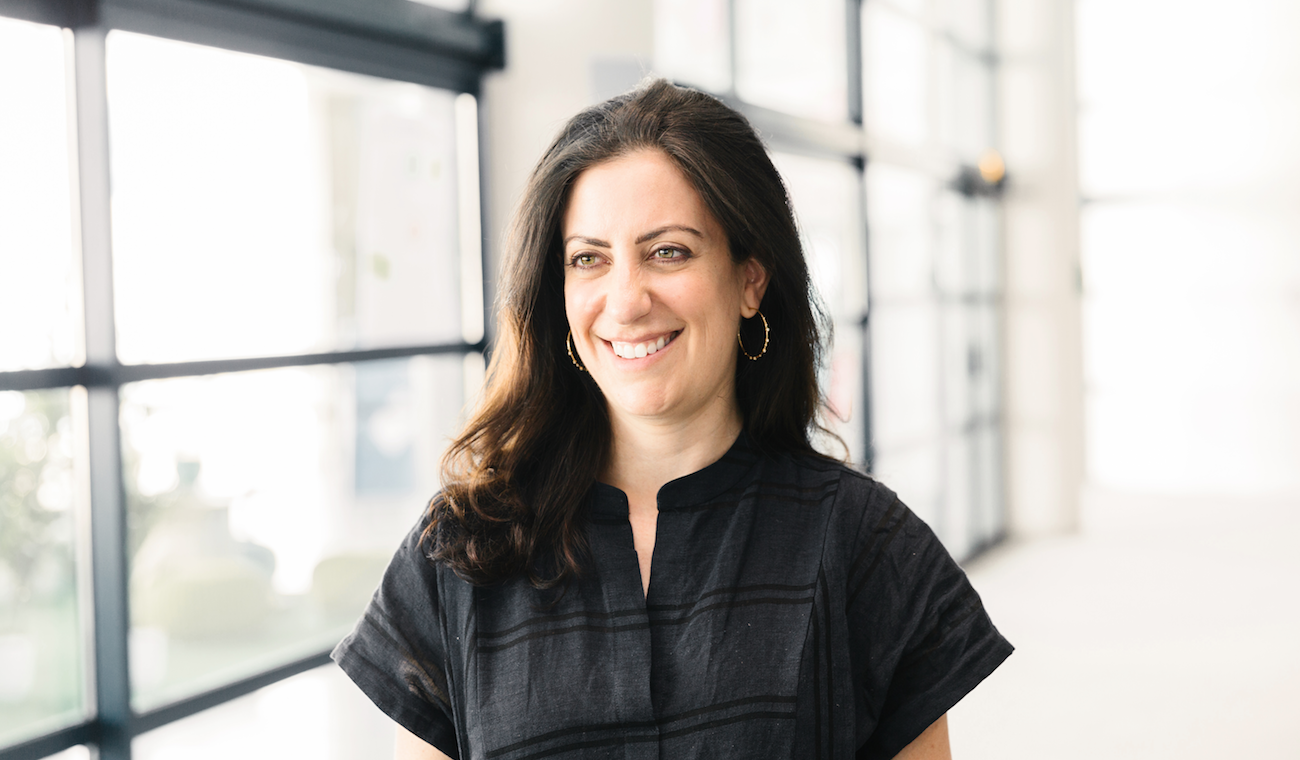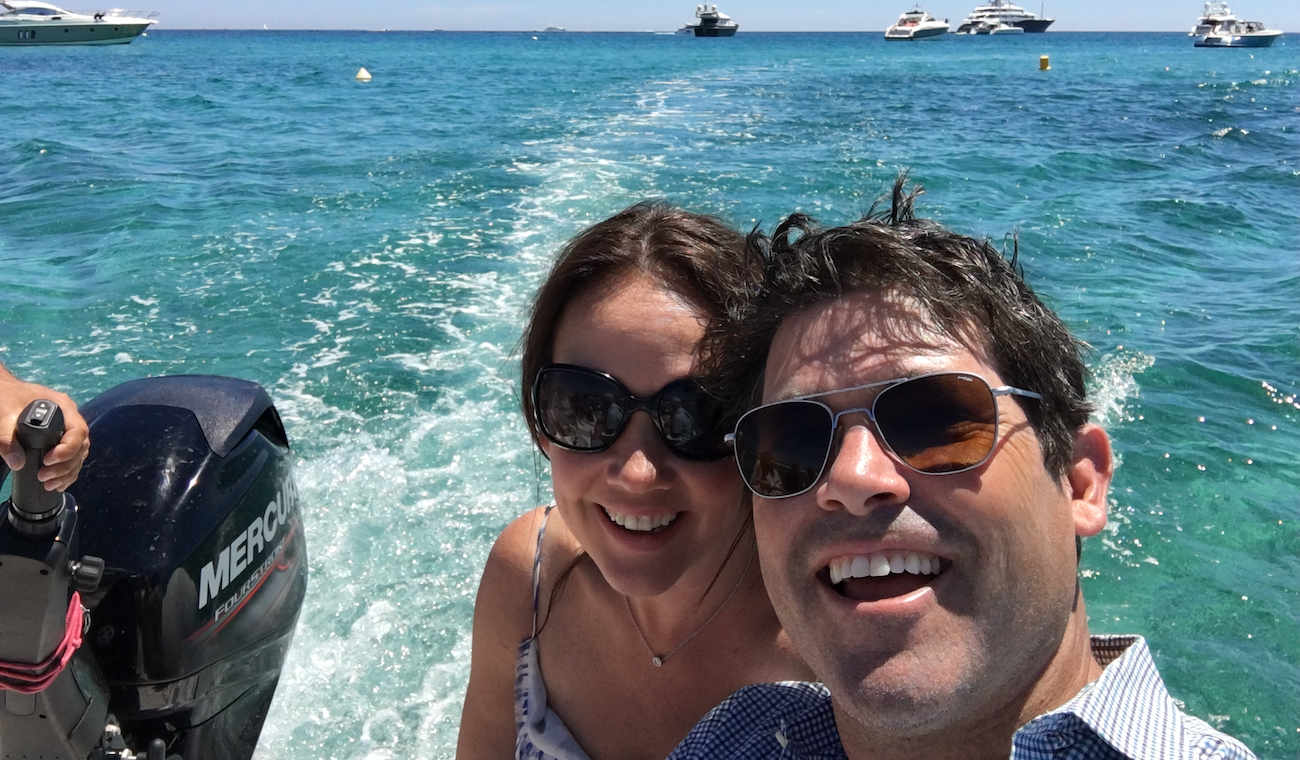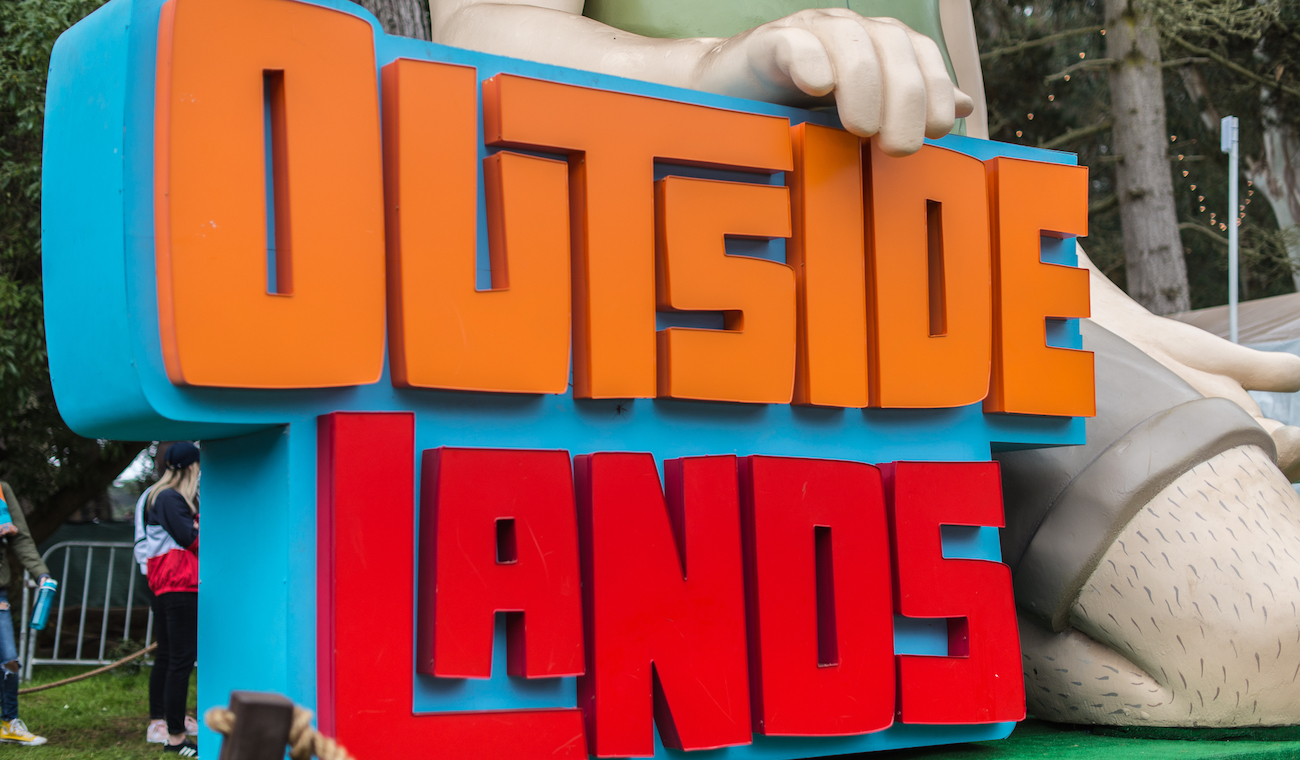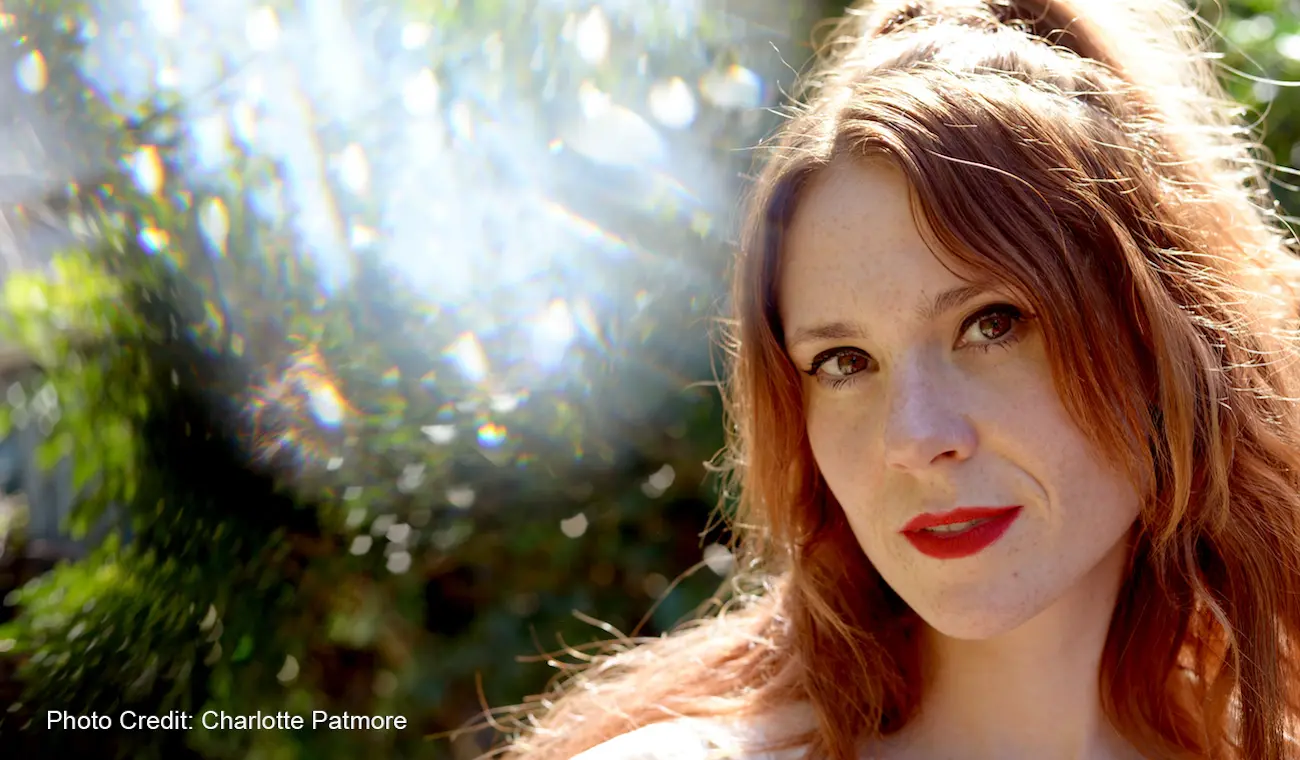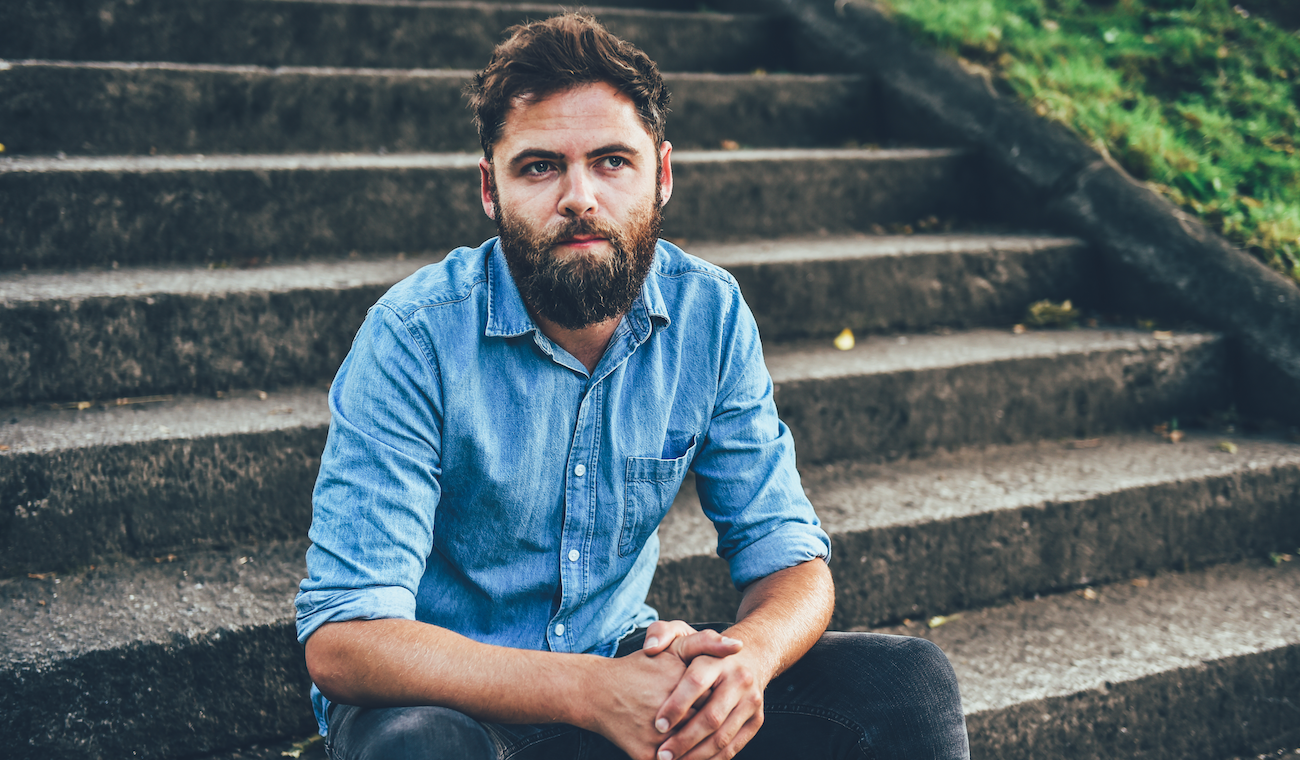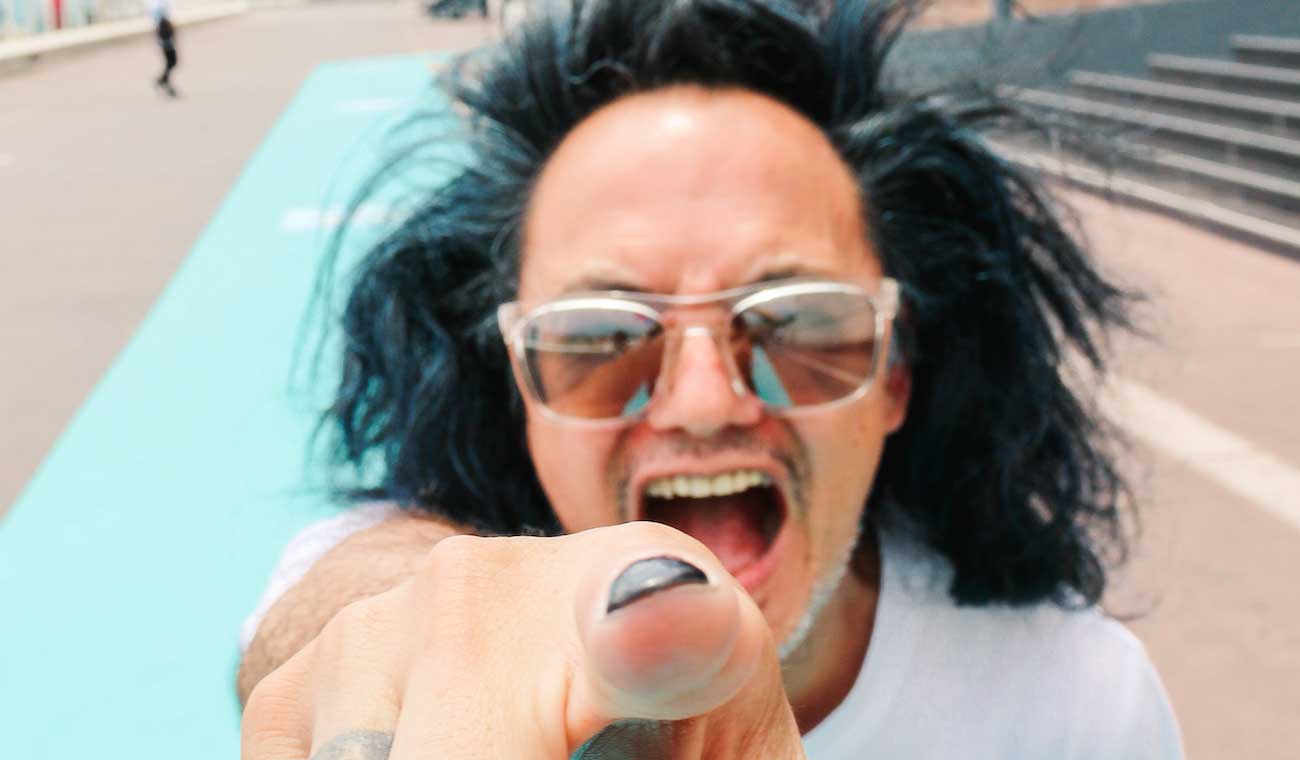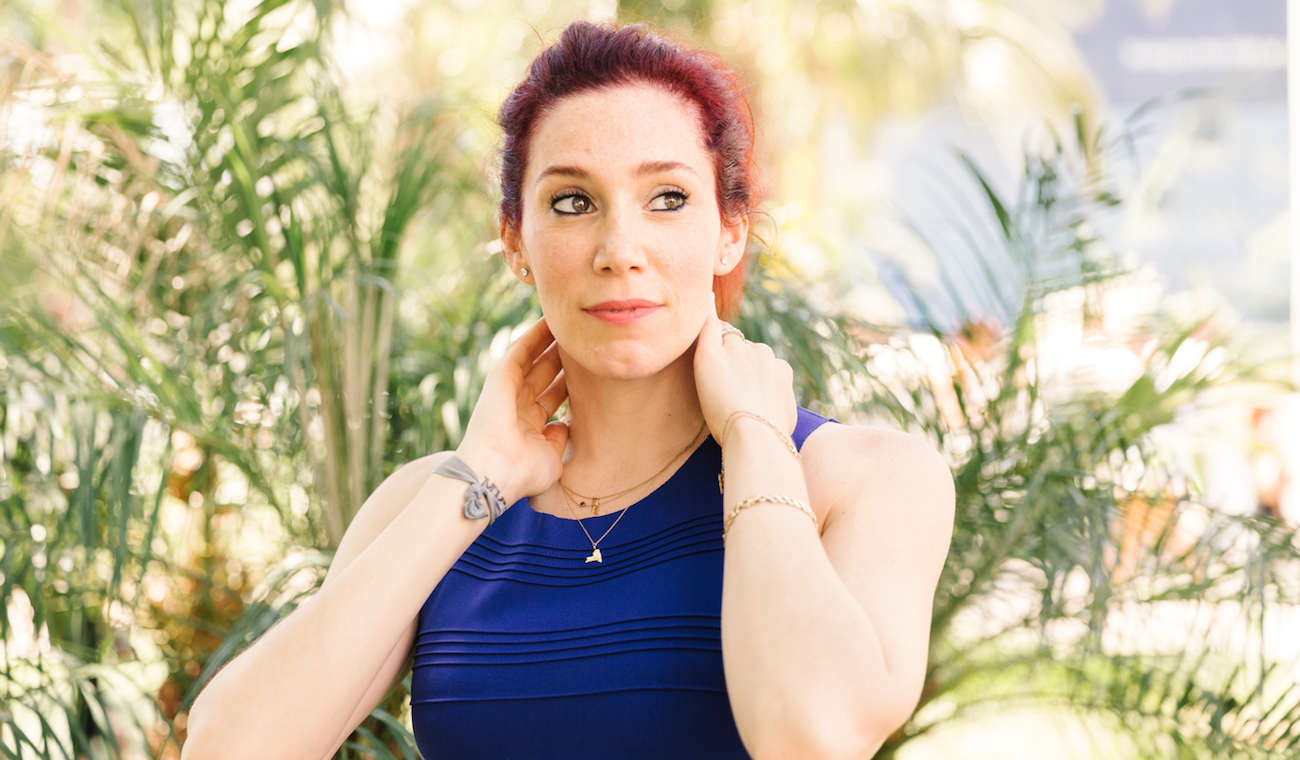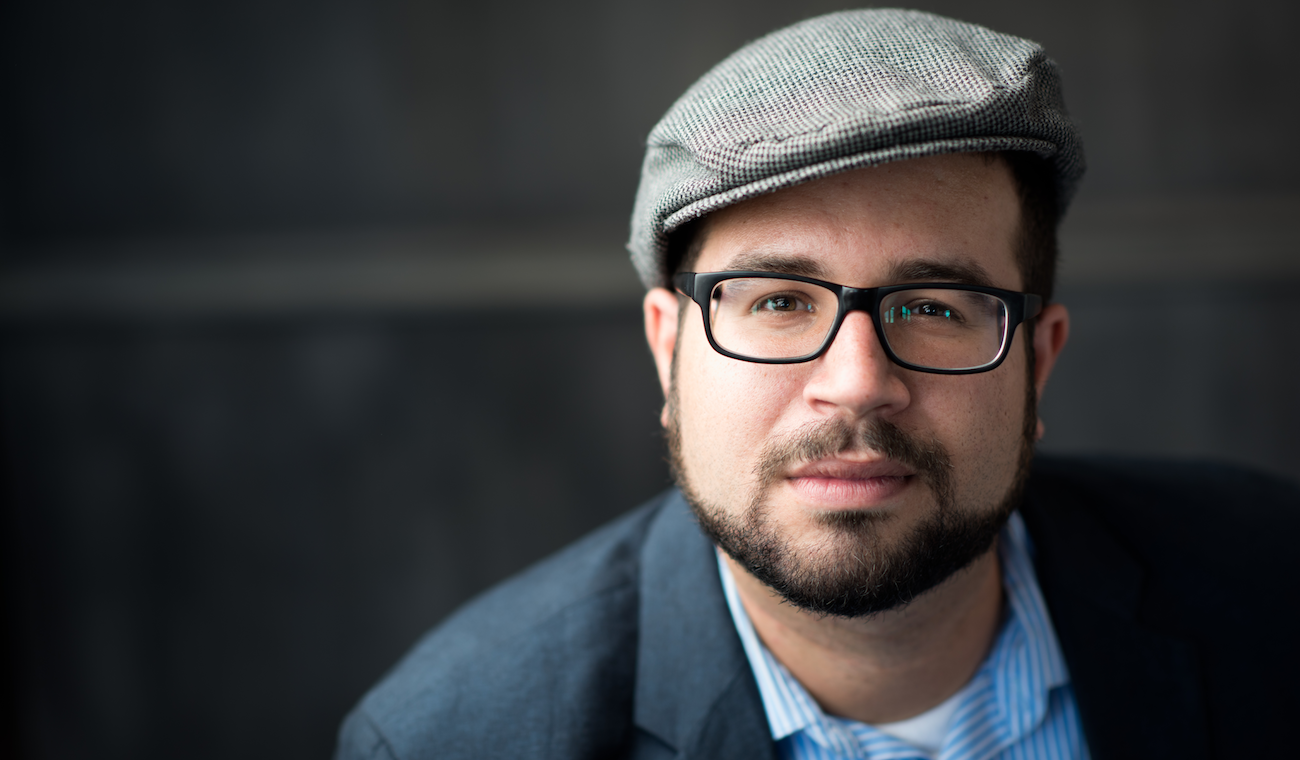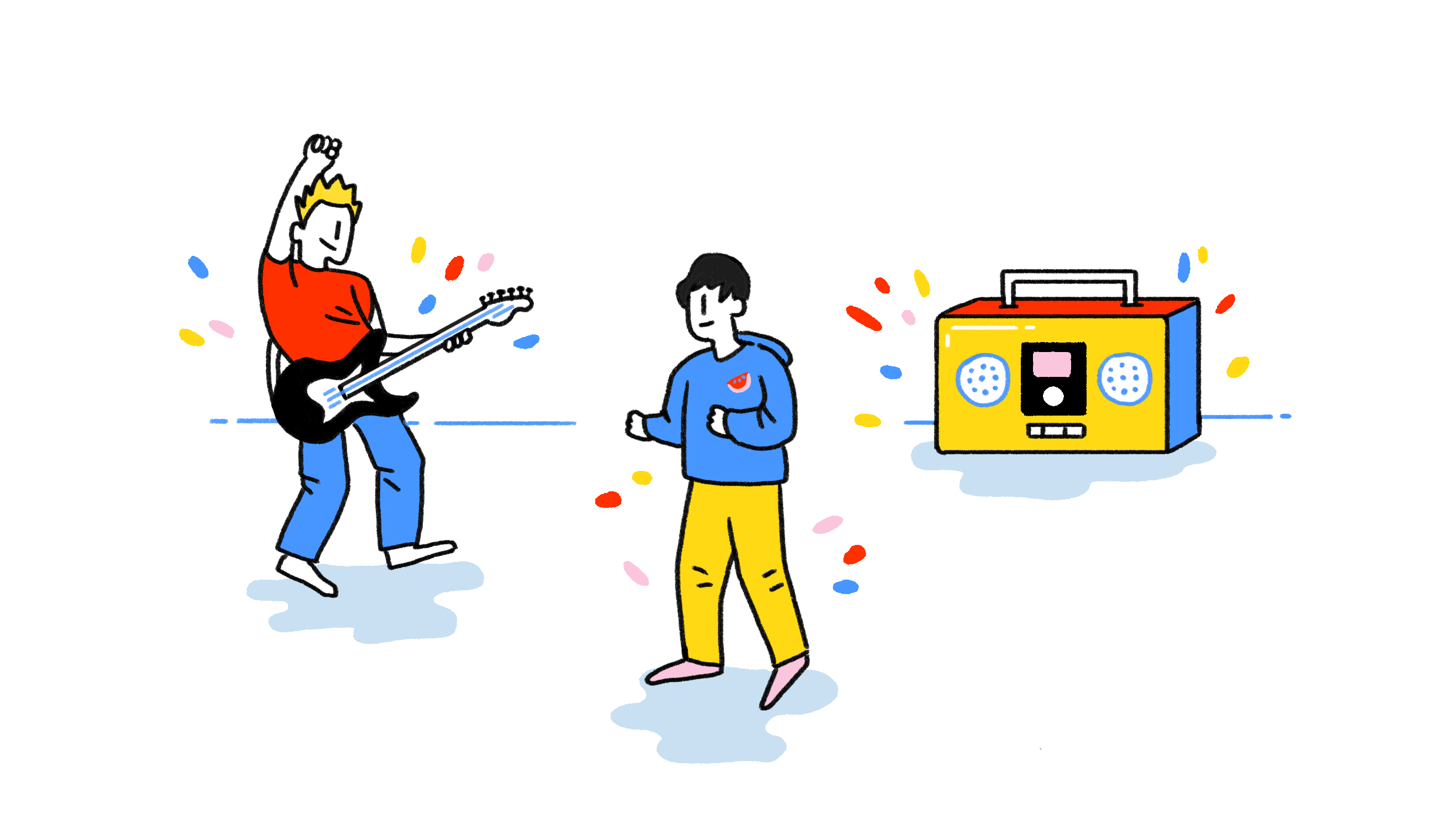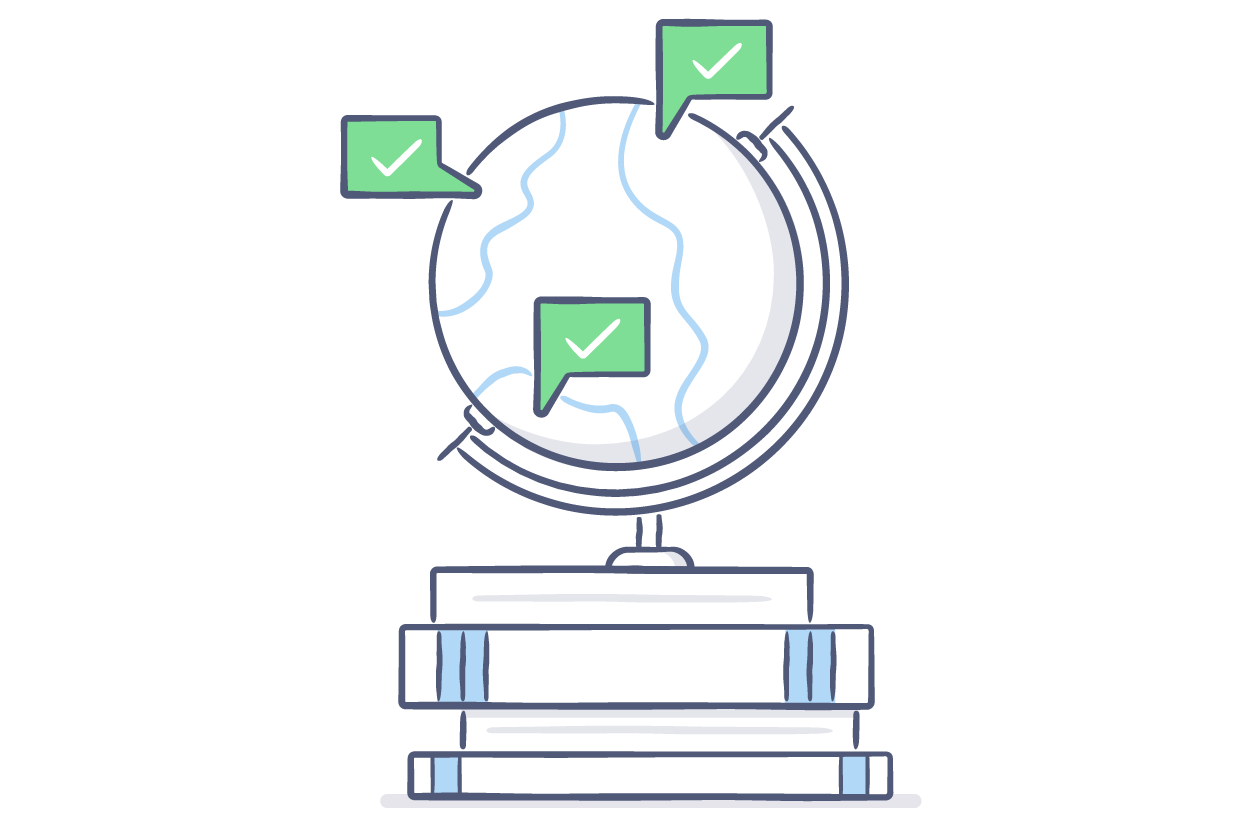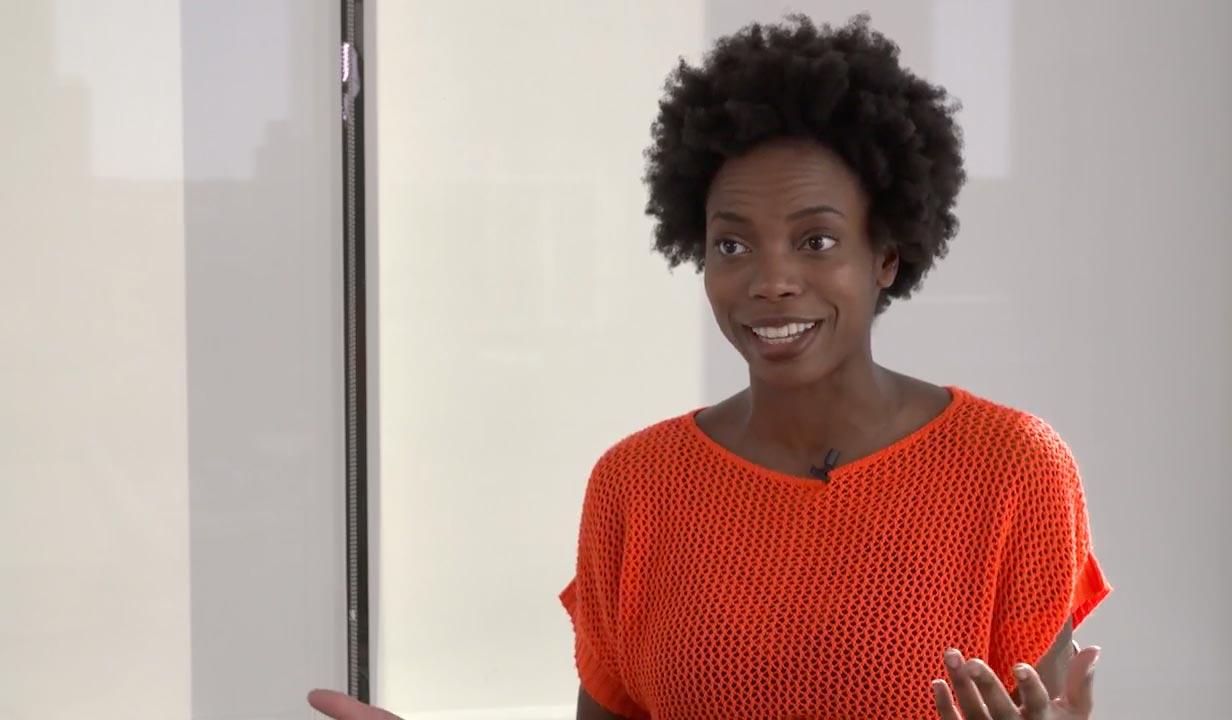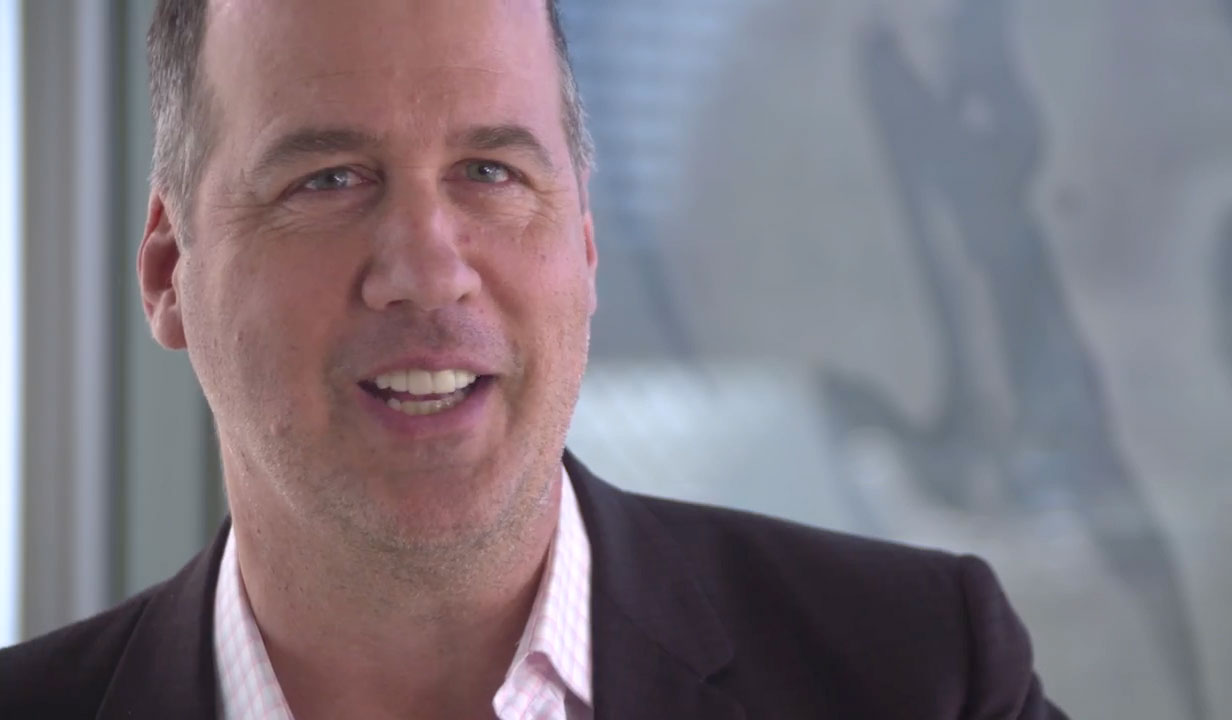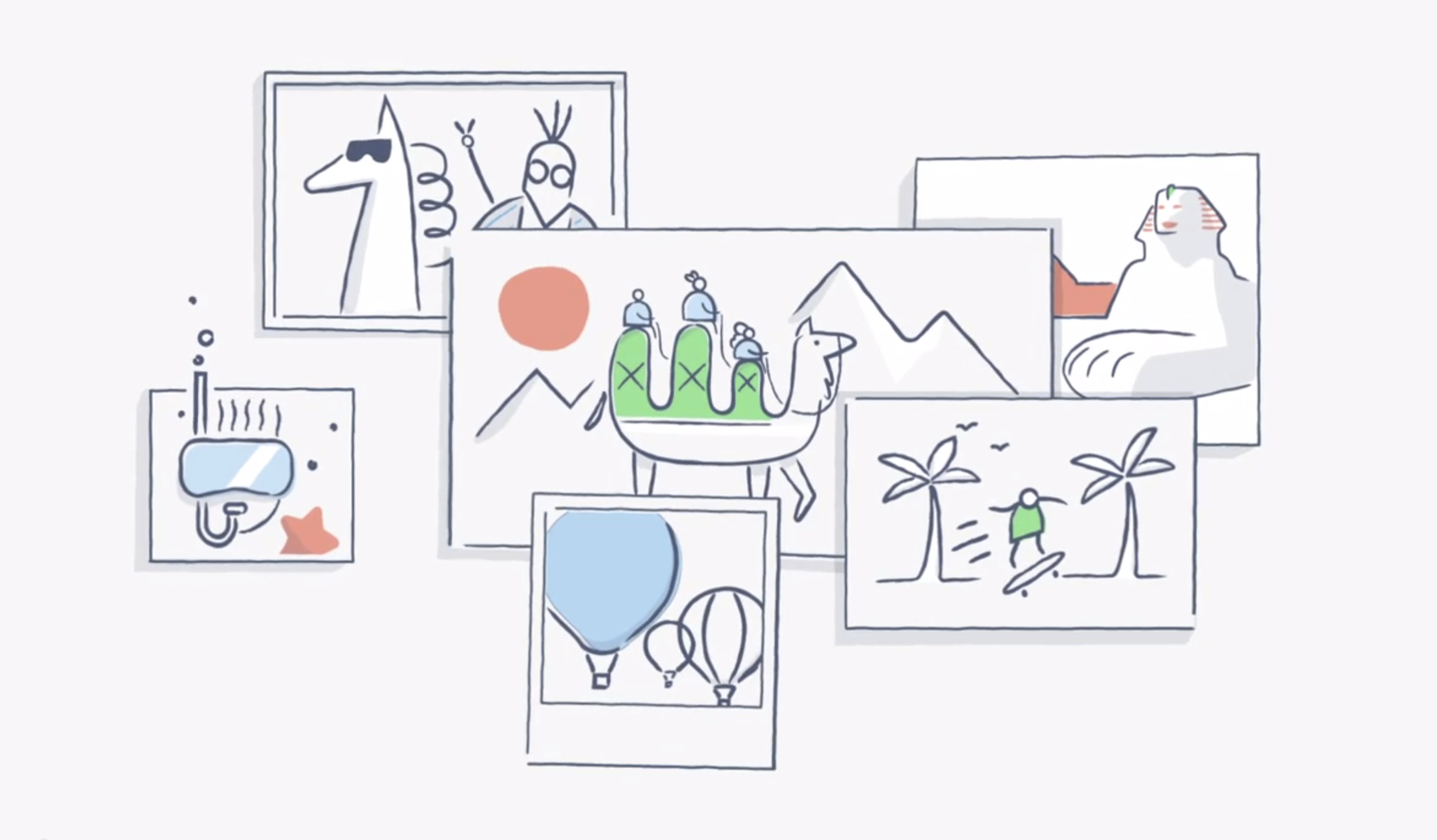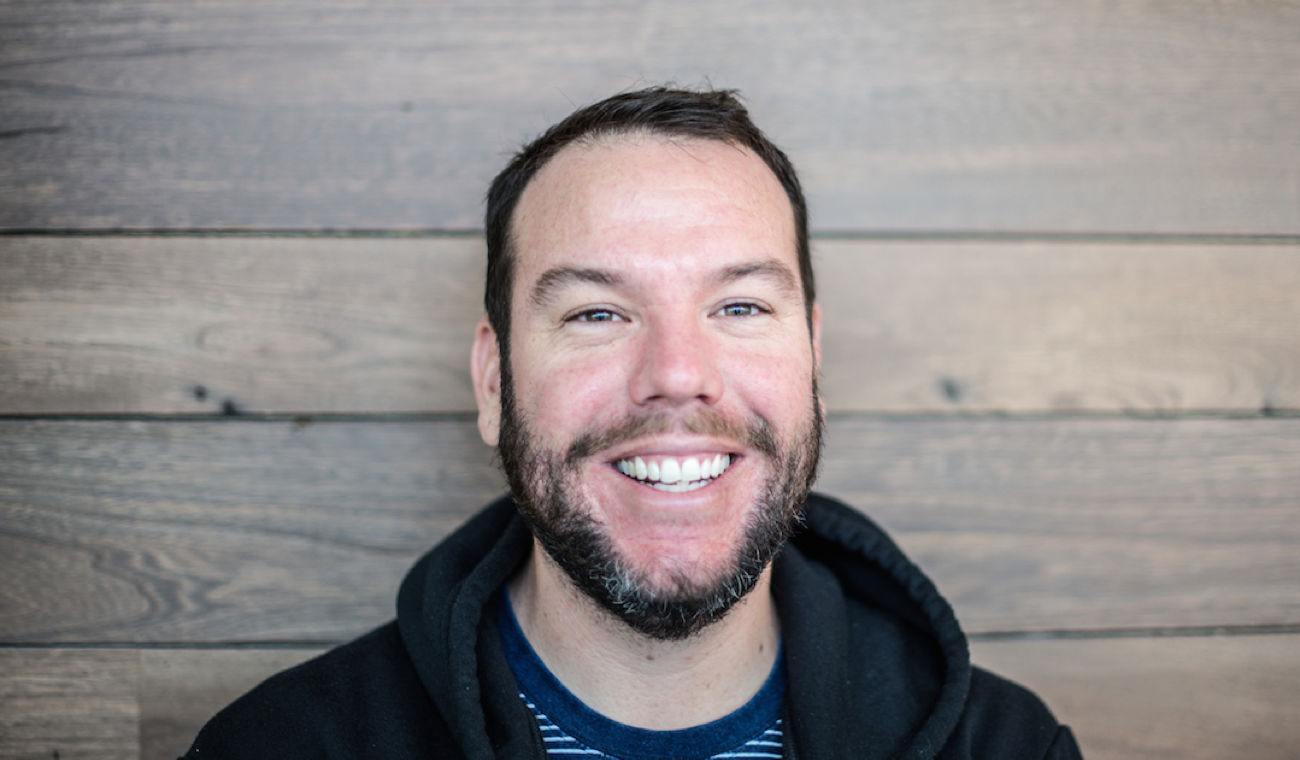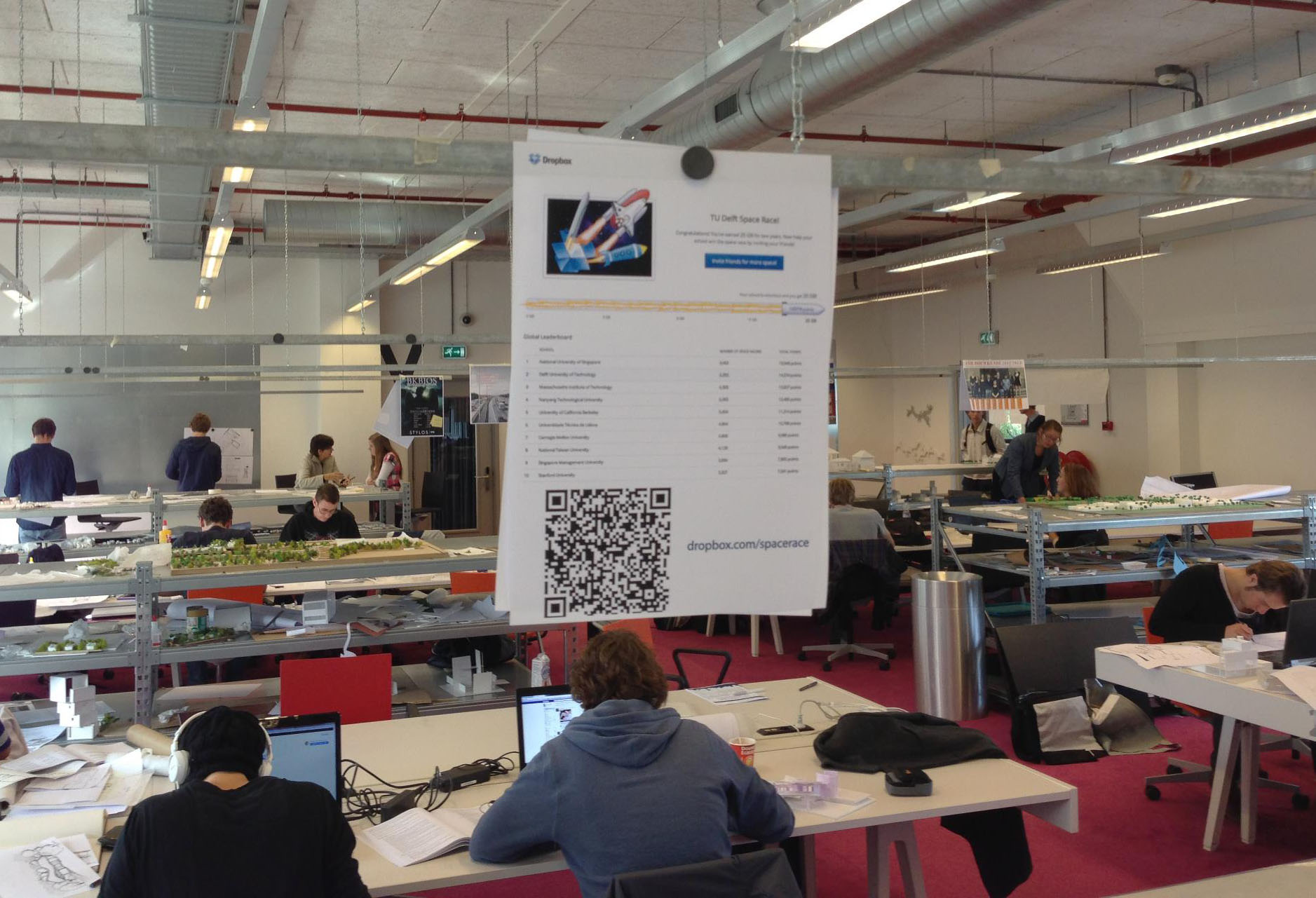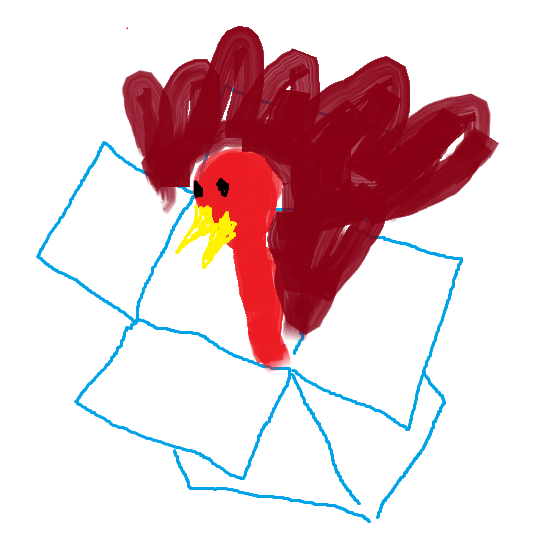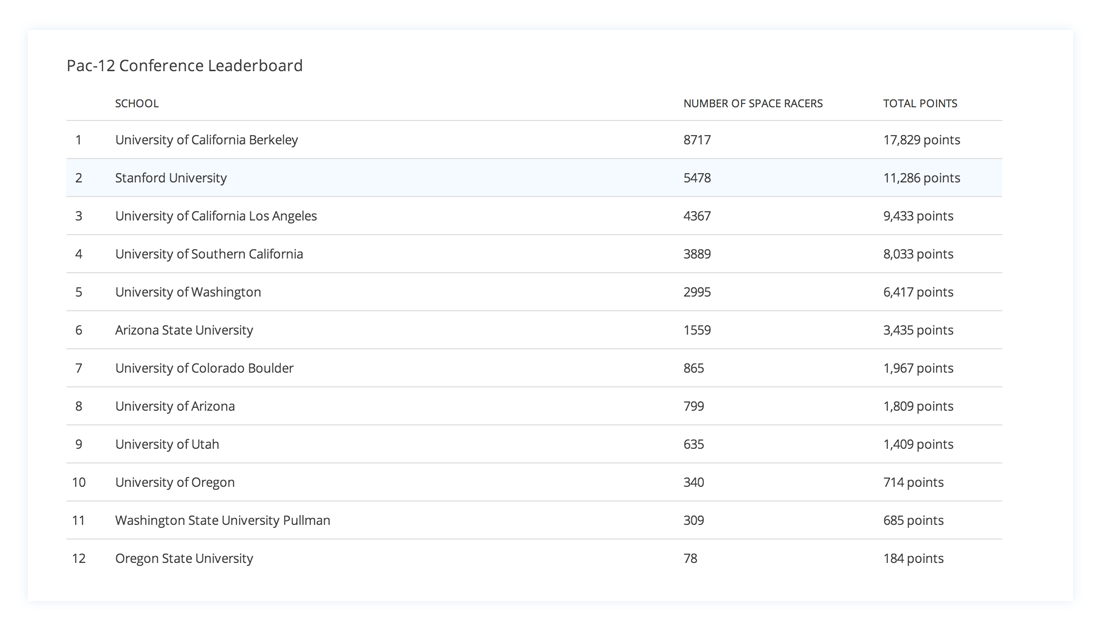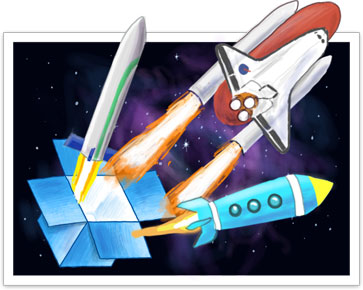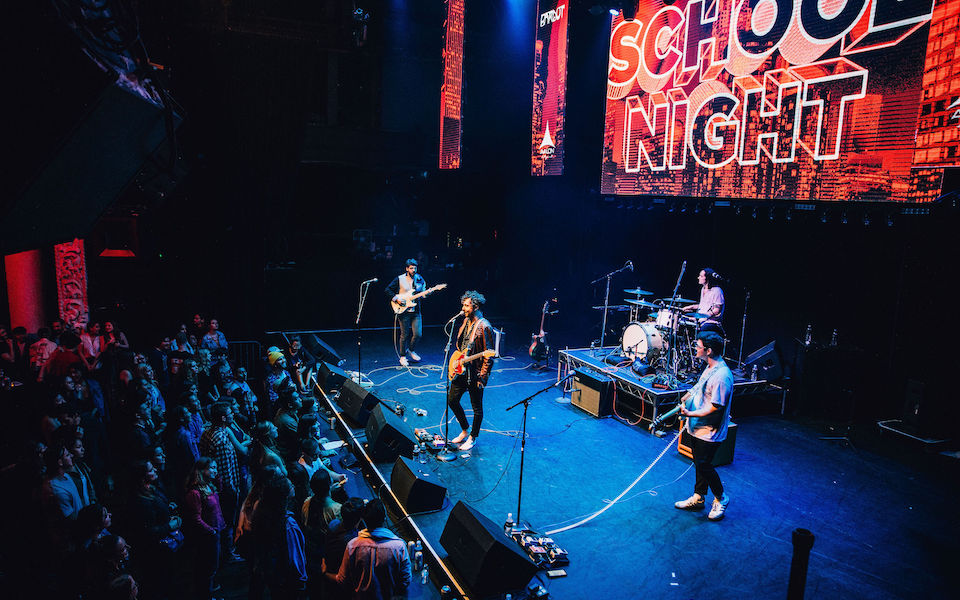
How School Night created an offline music community in an age of online distractions
Published on October 29, 2019
Where did you first hear your favorite band?
With so many ways to discover music online, it’s easy to forget the simple joy of being in a room full of fans, immersed in music played by strangers on a stage a few feet in front of you. That experience might seem rare these days, but there’s one place where it’s happening on a weekly basis—and more surprisingly, on a School Night.
Founded by Chris Douridas, longtime KCRW radio host and creator of Eclectic24, School Night has been a launching pad for many artists, including early-career performances by Billie Eilish, Alt-J and London Grammar, and surprise appearances by established stars such as Stevie Nicks, Chrissie Hynde, and Rickie Lee Jones.
We spoke with Douridas and School Night co-founder Matt Goldman to find out how School Night has created a thriving IRL community in an age of online distractions.
"I wake up every day looking for new music that inspires me and I do my part to push that music out into the world through these various outlets."—Chris Douridas
Do you recall a specific moment when you realized the need for an event like School Night? What was the inspiration?
DOURIDAS: School Night began out of love, very organically. As Spring approached in 2010, I was finishing up a very personal film project called Morning, about a couple who lost a child. I had recently lost my 14 year old daughter. I was hesitant at first to read the script, but once I did I realized I had to work on this movie. It became a very cathartic experience for me and my family. The wrap party for this film took place at Bardot, a small event space above the famed Avalon in Hollywood. Our cinematographer's boyfriend happened to be one of the owners of the venue and offered up the room for free.
The night of our party was the first time I'd ever been inside Bardot. While the owner was giving me a tour, I marveled at how inviting it was, with its living room vibe, and cozy sitting areas, and so he invited me to come back to DJ a future evening there. I'd never really been a club DJ. It's kind of terrifying to consider after being a radio DJ for so long. In radio, you're putting together your sets alone in a studio. In a club setting, you have to be mindful of the crowd response, and the energy of the room you're in.
Well, I decided to face my fear and I agreed. We picked a date a few weeks out, and chose a Monday since that was a night they were typically closed anyway, so we had very little at stake. I guess the sense was that a crowd of any size is better than no crowd at all. After all, it was only supposed to be one night.
Naturally, I wanted the night to do well though, so I invited Valida, a DJ colleague, to join me, and recruited a young promoter, Matt Goldman, to help me build awareness. To help take the focus off of me, I also invited a couple bands to perform. Our first show was on April 12th, 2010, and we featured two bands, Dawes and Shel. Matt came up with the name, which seemed to fit since so many people gave us that excuse for not being able to come. "Sorry, I can't come...it's a school night."
How does the experience of presenting new talent on radio compare to the experience of presenting artists at live music events? Is one more gratifying than the other?
DOURIDAS: It's really all the same thing to me. The radio show, School Night, the music supervision projects that I do….I wake up every day looking for new music that inspires me and I do my part to push that music out into the world through these various outlets.
Matt, you mentioned that you were presenting electronic events in the past. Does School Night present a different kind of challenge?
GOLDMAN: I think our night is pretty unique, in that we've managed to get a live music format to have a lot of the characteristics of a club night. Because we alternate between DJ and bands, we constantly have music going. Given the name, School Night, is a play on the idea of going out when you're supposed to be staying home. Part of that was an acknowledgement to the challenge of doing live music in this context—that isn't a ticketed show, that isn't bands people know, that isn't the normal way this happens. The way a lot of electronic music-based events work has a lot to do with bar and VIP status. The economics of a DJ night is a very different thing, and not as often about the actual music or the artists. A live music night presents a lot of different challenges: Capturing people's attention and enforcing it to be about the music and not about the experience.
Would you say there's a growing need for curated events that give emerging artists a platform for introduction?
DOURIDAS: Absolutely. No matter where you find new music, it's usually because of curation of some kind. A friend tells you about the band, or you hear it on the radio, or at a club, in a film or on a TV commercial, or on a playlist somewhere, or through the efforts of a label that signed the artist. Those are all forms of curation. The famed live venues of the past -- The Whisky, The Troubadour, CBGB's -- they all had curation, an editorial approach to their booking.
GOLDMAN: I think the fragmentation in listening to music is the fragmentation in music discovery. It used to be that there were a handful of blogs and your local record stores. I used to read the recommendations of the people who worked there. That's how I discovered things. Now I find this Spotify algorithm to be really good. That's how I find most of my music. In the same way that news and Facebook and all that becomes an echo chamber for the belief system, the same thing is happening with music, where I'm finding tons of this very thin, specific layer of music. It's hard to find new things. I think there's something really special about seeing music live. I go to School Night as often as I can. Every time I go, I'm reminded how special it is and how much I love seeing my music.
Of the 1000s of submissions you receive each year, how do you decide which artists make the best fit for a School Night event?
DOURIDAS: For the first several years, I mostly booked the event on my own, drawing on years of relationships developed through my radio work. Eventually I brought in some help. Carly Evans, Akane Midori, Nassir Nassirzadeh have all helped build the night with their passionate efforts over the years. Now, we're very fortunate to have Sharyn Goldyn on our team. As a former booking agent, she's really the first person we've had on board that has had real industry expertise in the world of booking.
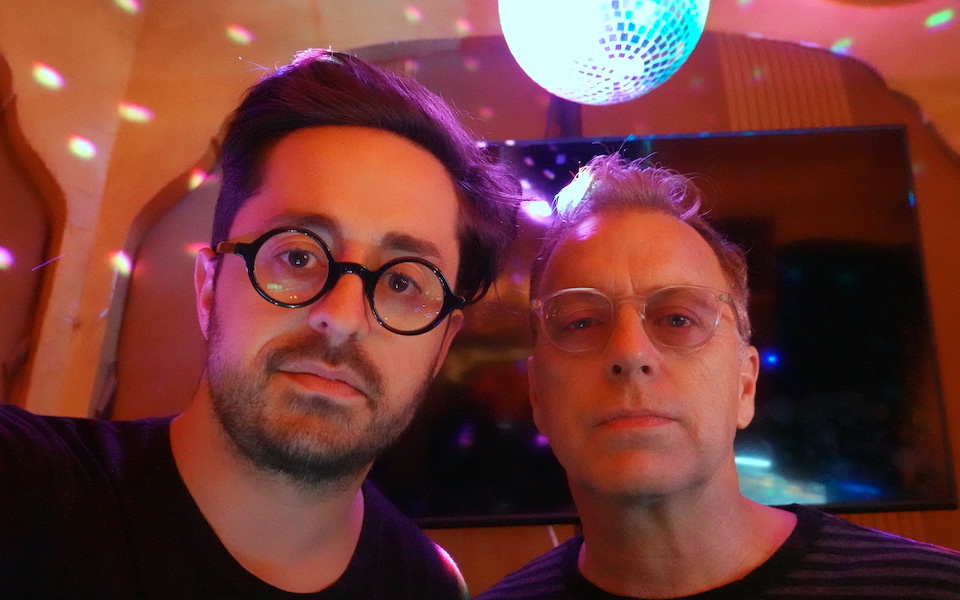
Have there been changes in technology that have made it easier to do your job?
GOLDMAN: I run an agency that runs parallel to School Night, and everything that we do is run using cloud apps one way or another. I’ve been using Dropbox for about 10 years. It's the difference between having to remember where you put something and something being everywhere. Everything that we do from a booking standpoint is run through shared spreadsheet-based documents that everybody has access to. Everything is run that way for us.
I think that Spotify has an incredible algorithm, and its interface has gotten a lot better. I think it's a great way to discover music. Fielding requests to play School Night—everybody tries to figure out the best way. The luckiest know somebody who [reaches us] through real relationships. But everybody else is going from a Twitter DM to an Instagram post to a blank email.
It’s a huge thing, figuring out how to funnel all of that interest through something that can also gather assets and information and synthesize that into something that we can go through to give everybody a democratic opportunity that stands purely on the music. We've only had the app that we built with you guys for about a month. I think that it's going to be super helpful.
How do you choose the venues as good locations for School Night?
GOLDMAN: We're really focused on digital. We wanted to work with Dropbox to make the digital side of awareness and discovery as robust as possible. We're interested in finding a way to take what we’re doing in Los Angeles and make it used by more people, because the amount of time and energy and focus required to make something special in [other] cities really needs a personal touch. It needs a person from the city, a person who has relationships with local talent.
In terms of how we choose the venue, that is probably the most sensitive decision made from a distance. We really want the show to be intimate, to be a space that is special, where there's not new talent playing six nights a week, where we're something special in that space. We like to go into rooms that can create a special experience in that city by being somewhat unique. Usually that’s through a nice atmosphere and being close to the talent. One of the best things about School Night and Bardot is that after they play, the bands are out there in the audience, meeting fans, interacting with people. That's what we want the show to feel like.
"One of the coolest things that comes out of School Night is that people meet there and then end up doing collaborations and working together."—Matt Goldman
Does it feel like there’s a community that’s growing with regulars returning to each event?
DOURIDAS: This is probably what I am most hopeful of with regard to the night. If we can provide a weekly meeting place for open-minded early adopters and passionate music fans—that's a trusted space for musicians to come share their most precious creations, their songs—we've succeeded.
GOLDMAN: Honestly, one of the coolest things that comes out of School Night is that people meet there and then end up doing collaborations and working together. There's a community of the people who were actually in the industry… that start relationships through the community of School Night.
What are some of your favorite School Night shows so far?
DOURIDAS: There are so many! Hundreds. Personal favorites are the old friends, major artists, that came in for underplays that helped build the credibility of the night, like Me'Shell Ndegeocello, Ben Folds, Moby, Neil Finn, Rickie Lee Jones, Lucinda Williams, Curt Smith of Tears for Fears, but also some of the most memorable nights are the ones that feature a young unknown band that is making their US debut or doing their first LA play, or an early play with us, that then go on to massive success, such as Billie Eilish, London Grammar, Dua Lipa, Odesza, Hozier.
What makes a School Night show memorable or rewarding for you?
GOLDMAN: I think the most rewarding thing is just being in a room full of fans enjoying the music and knowing that I had something to do with helping them do the thing they love to do with their life. We booked Grouplove who grew up to be a pretty massive band. There's a few others that I just really loved what they did, and pushed it till they were on our stage. Sitting in front and watching them killing it is the most rewarding thing I can ever do in my career.
To learn more about School Night and see their calendar of upcoming events, check out itsaschoolnight.com


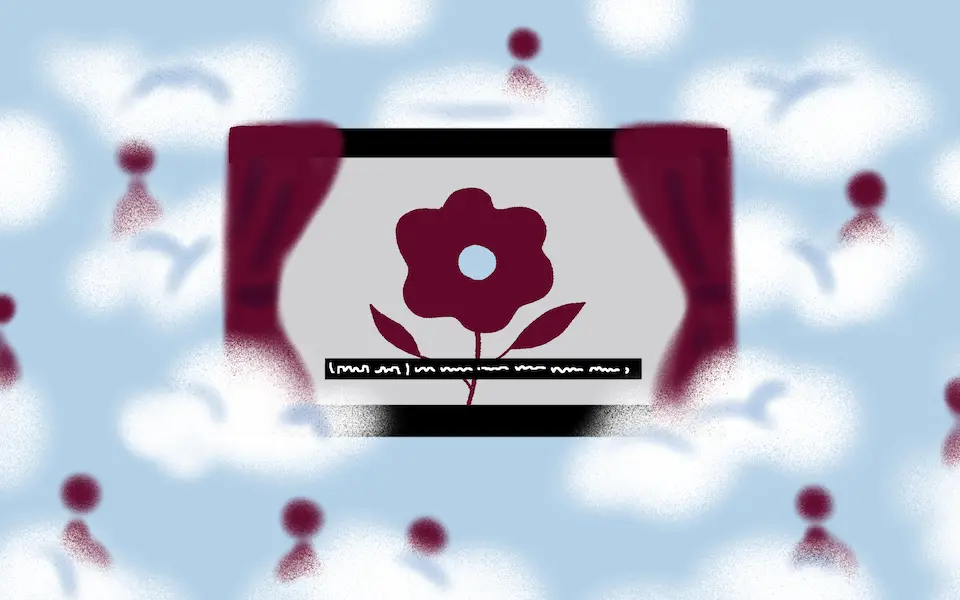
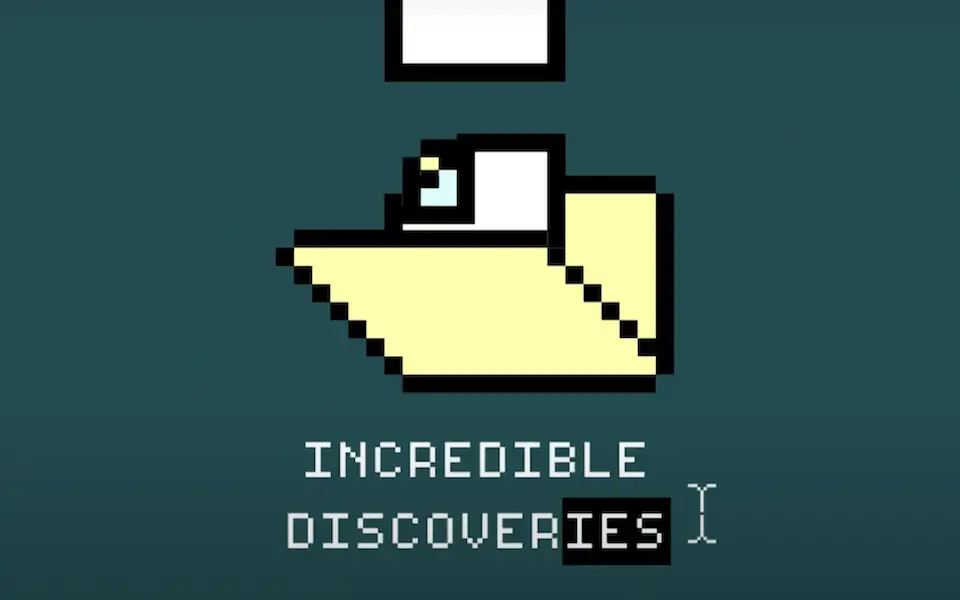
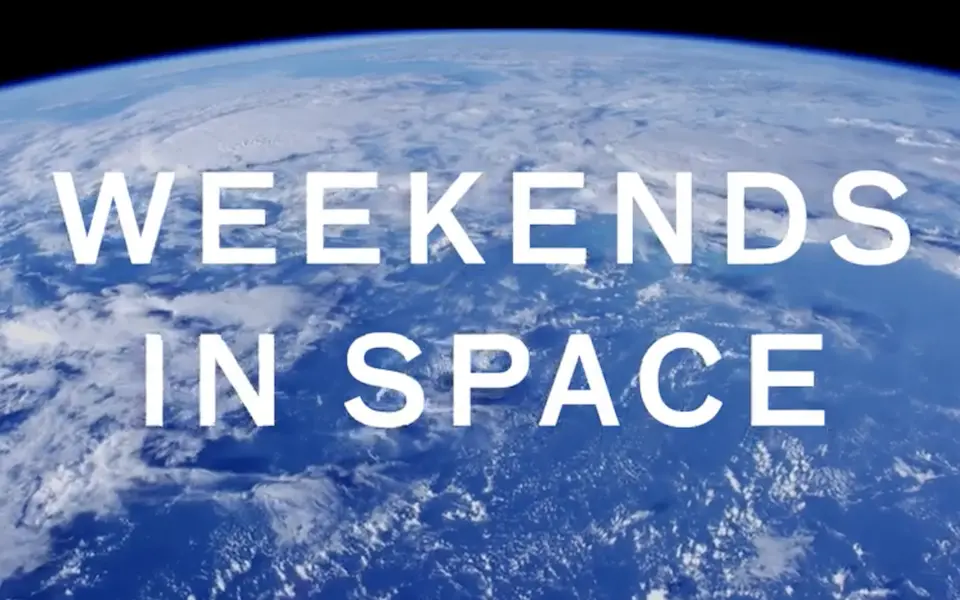
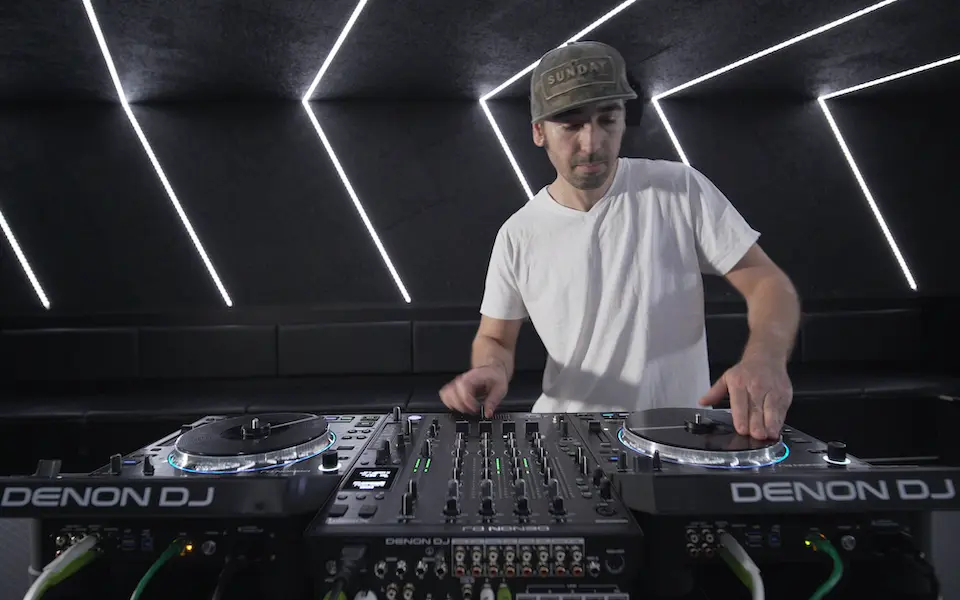
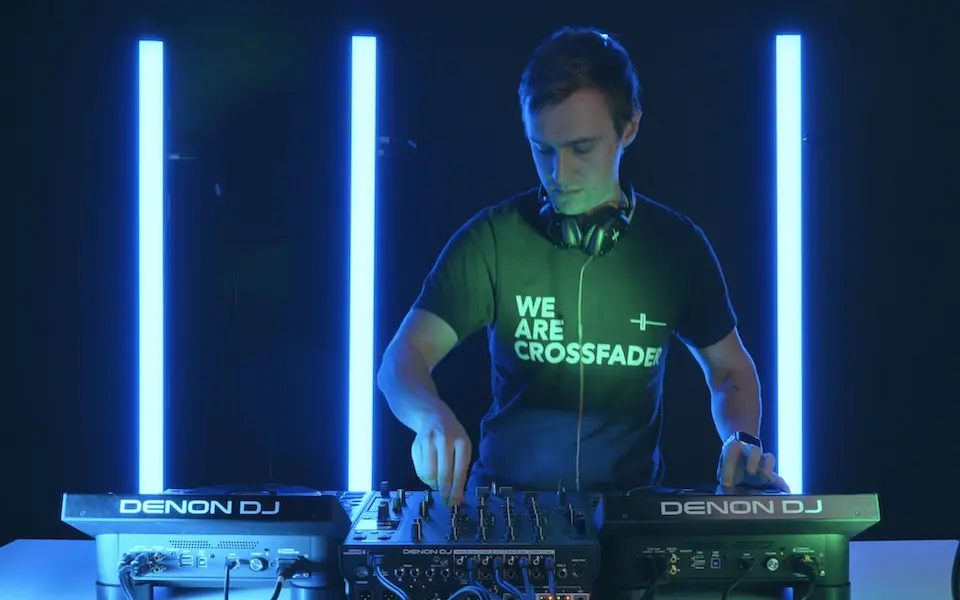

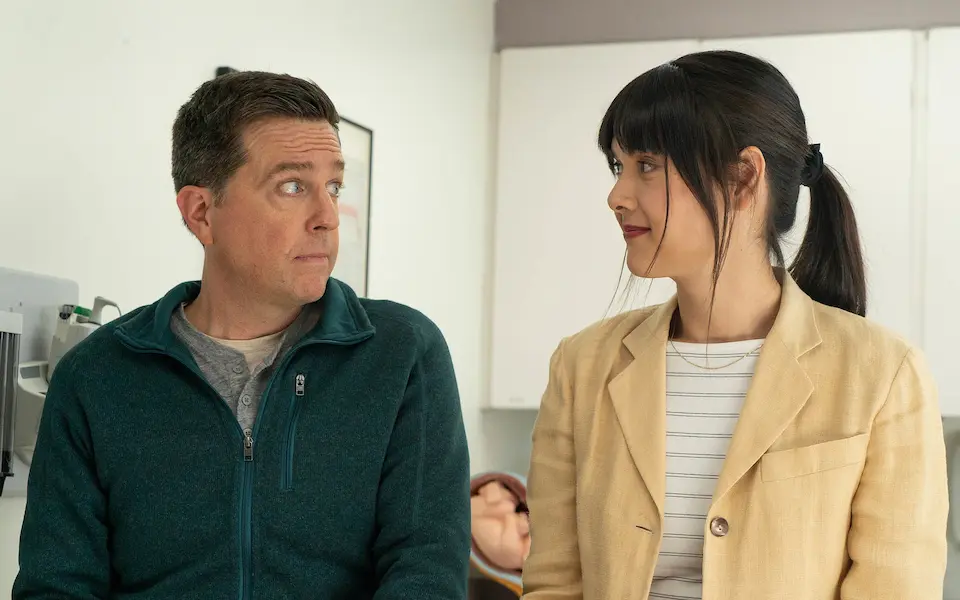

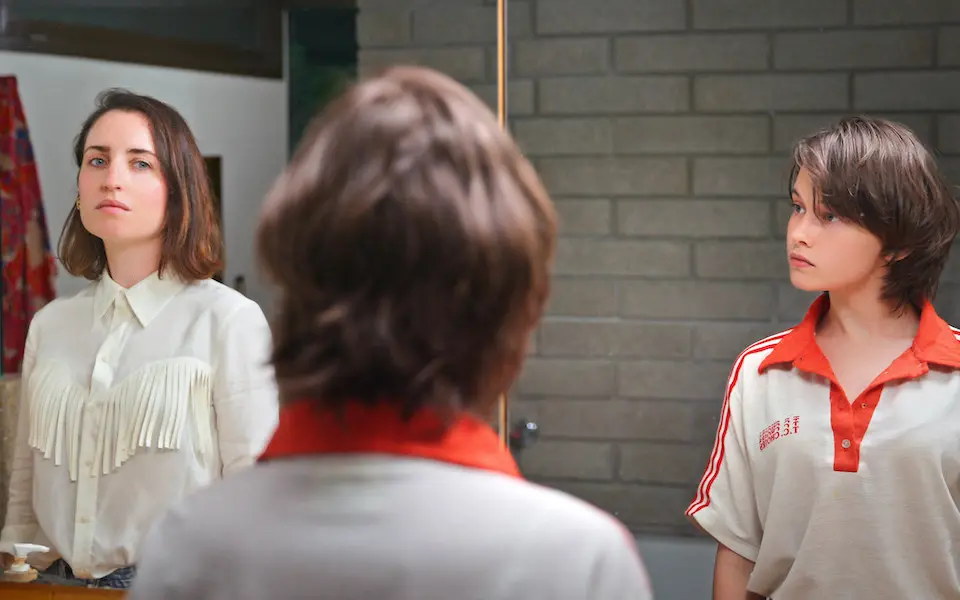
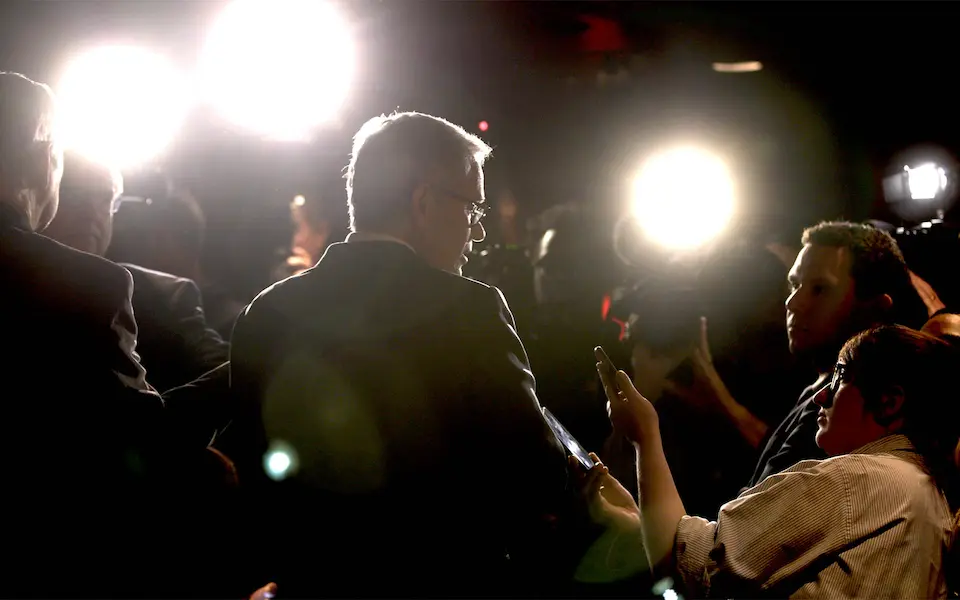
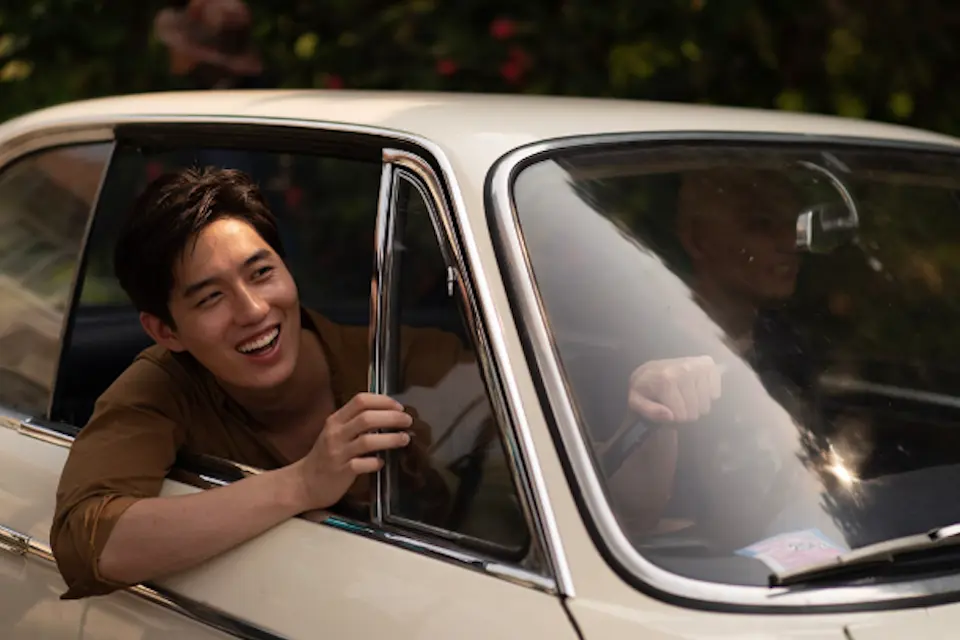
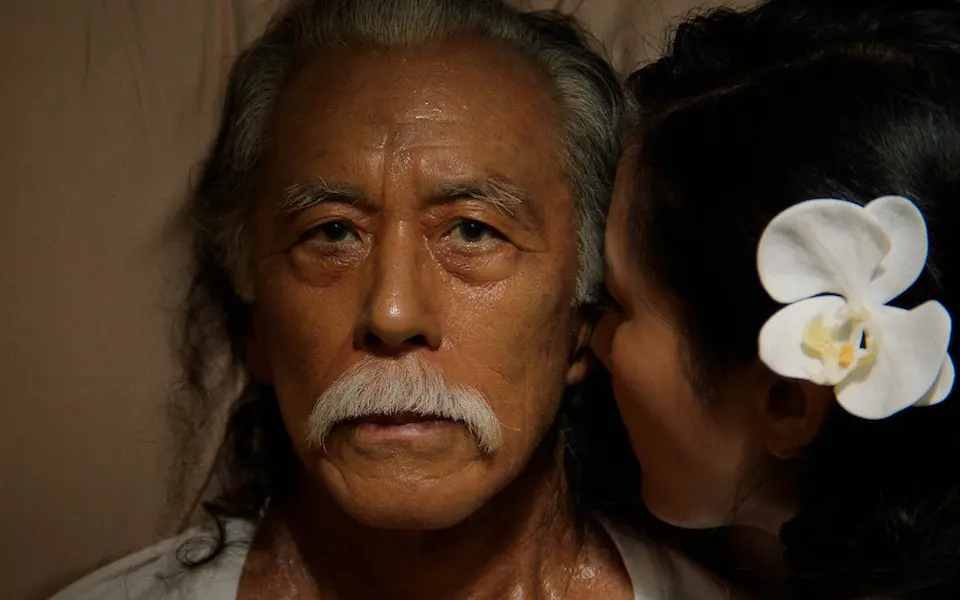
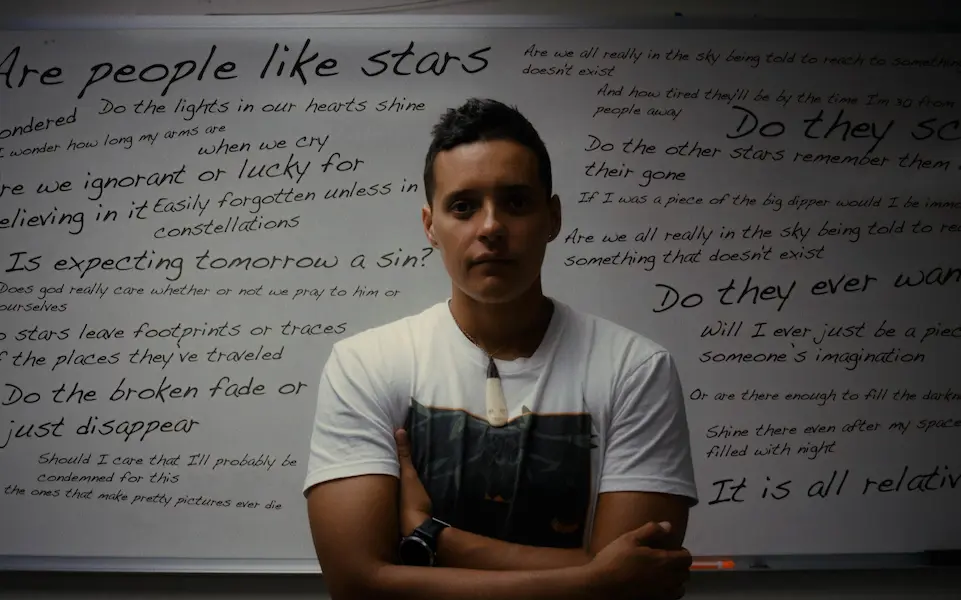
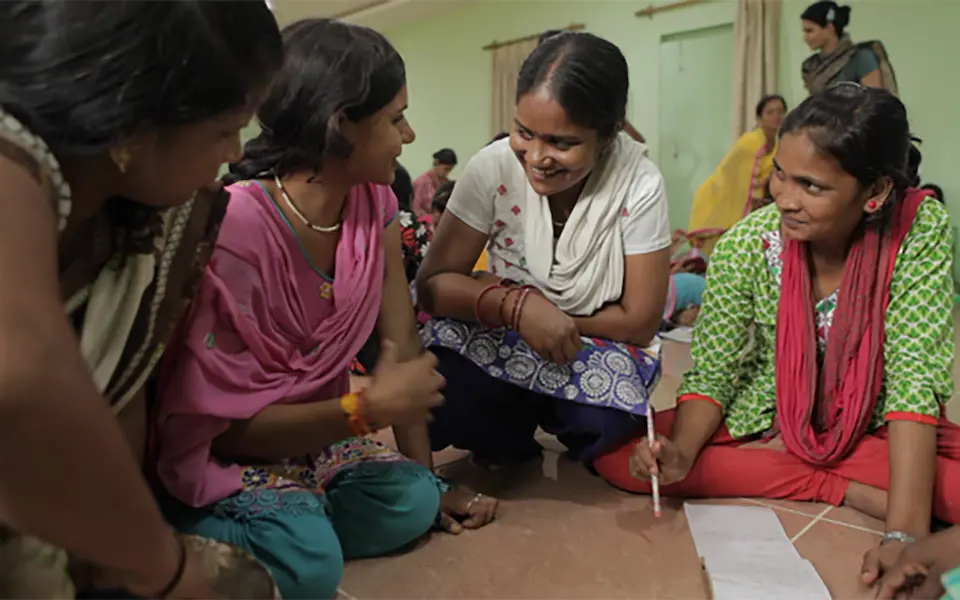
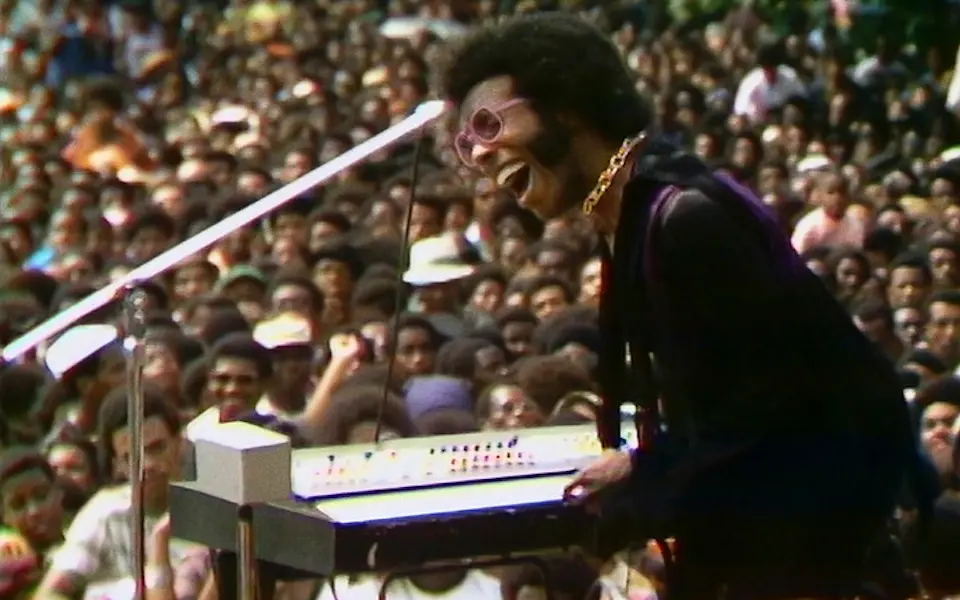
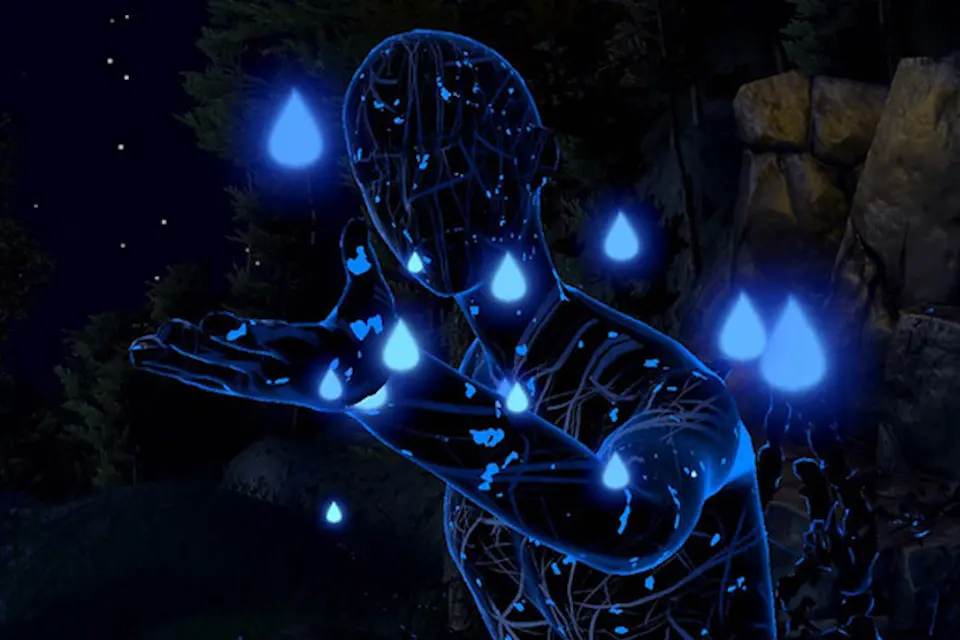
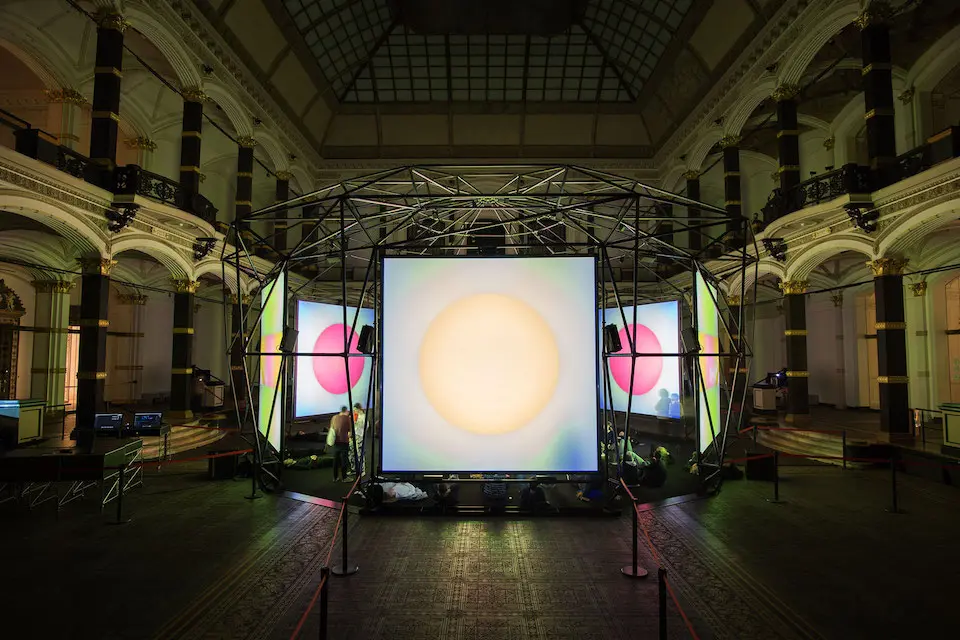

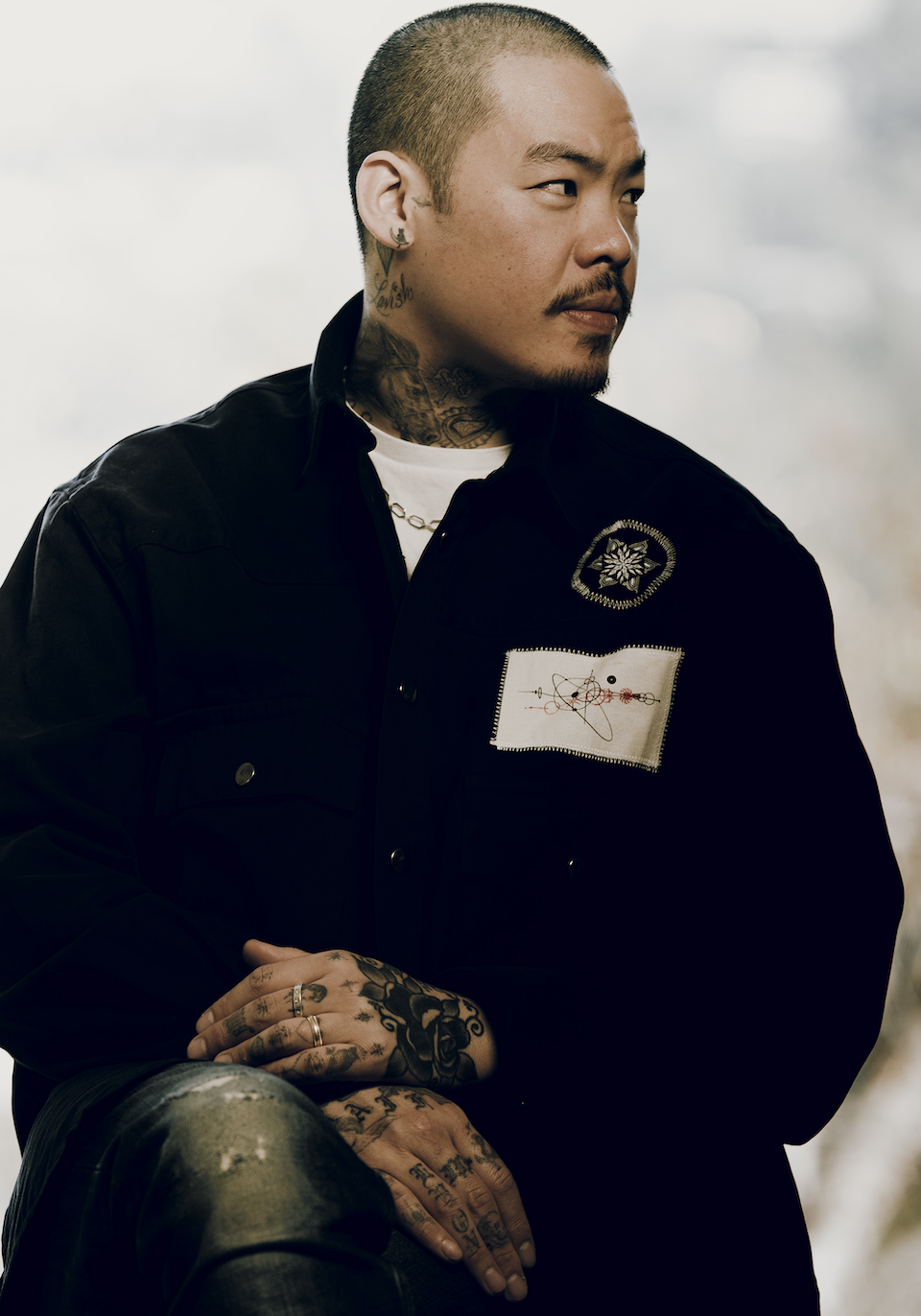
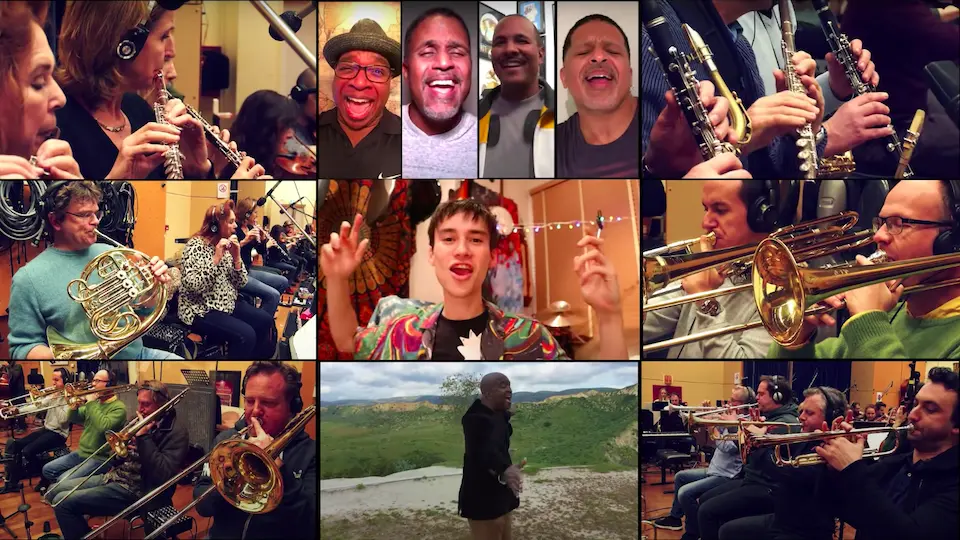

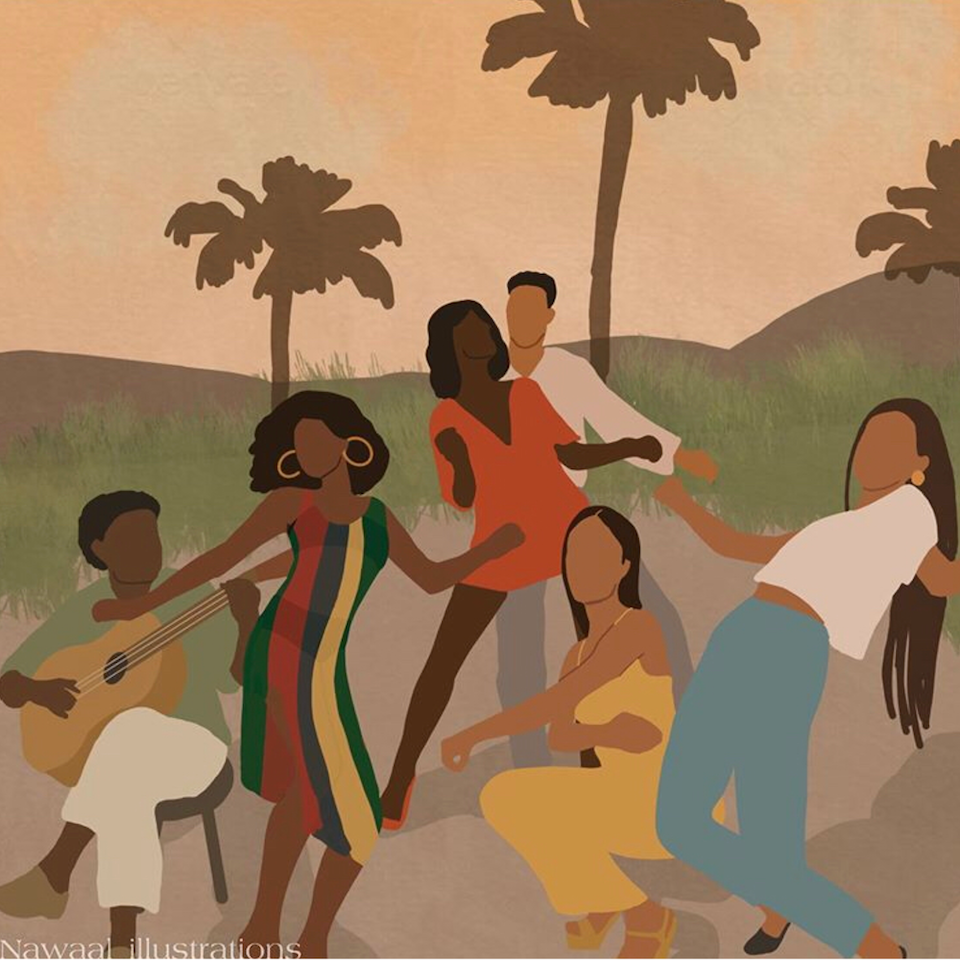


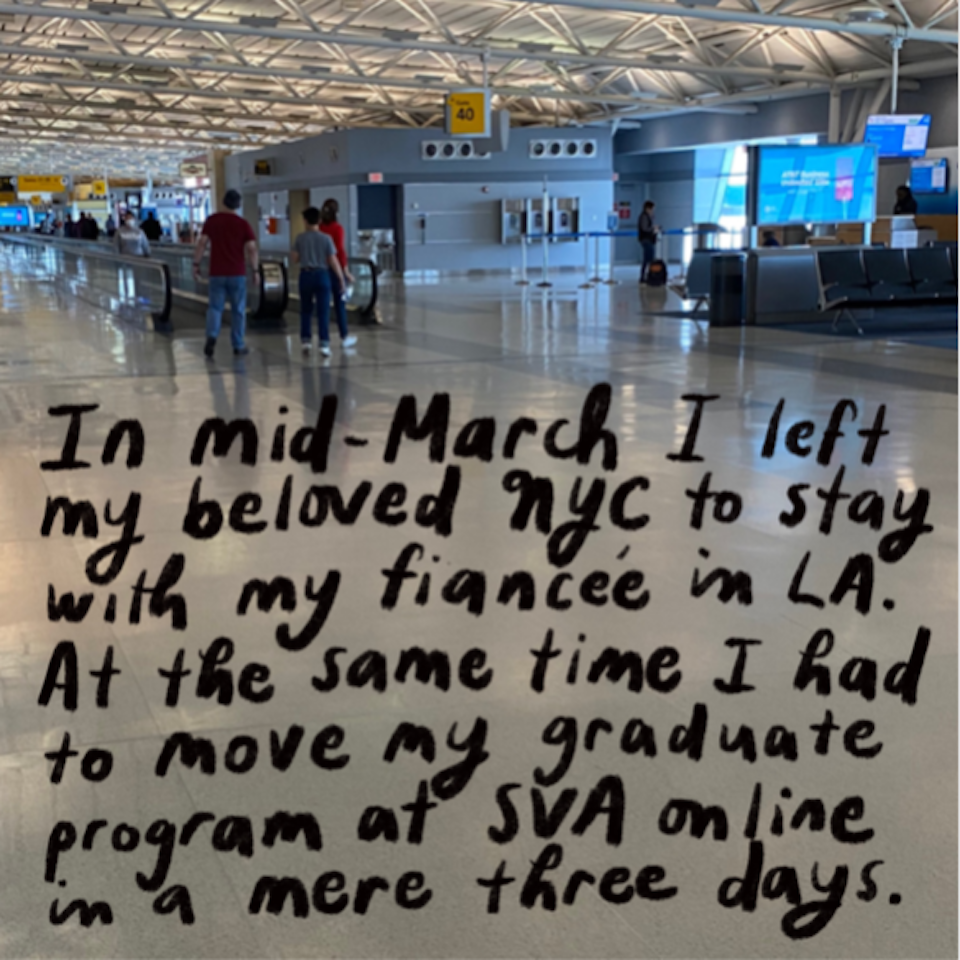
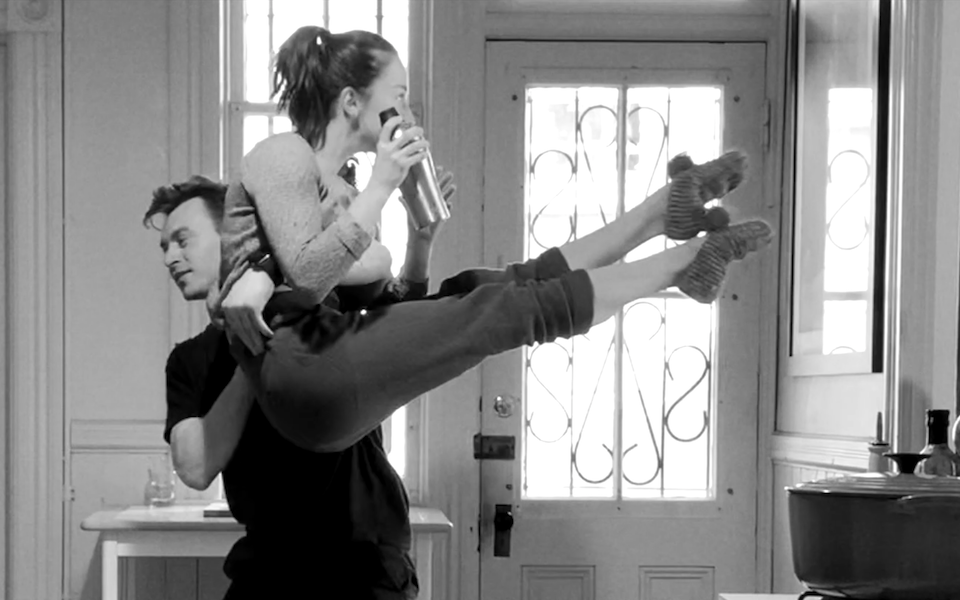
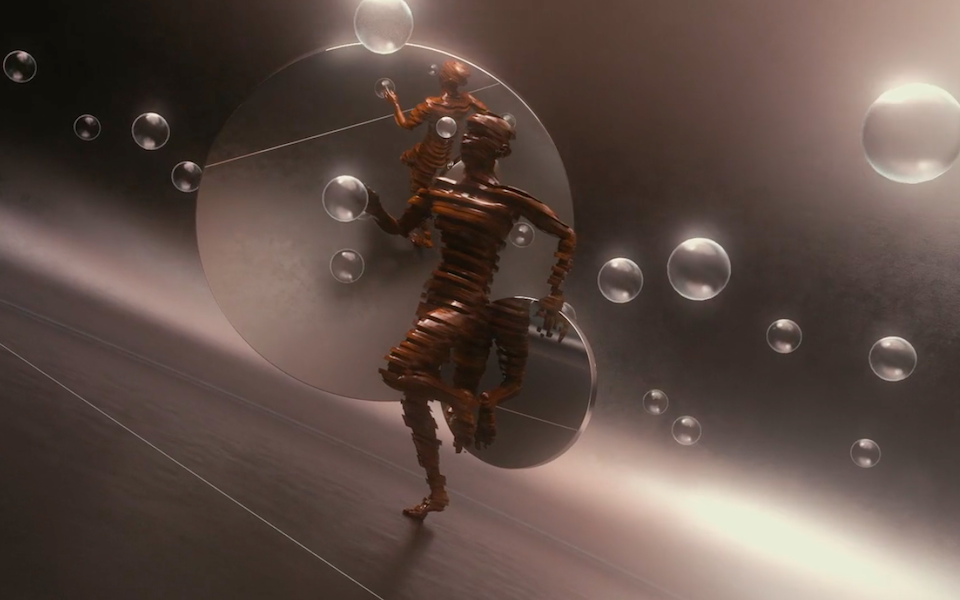
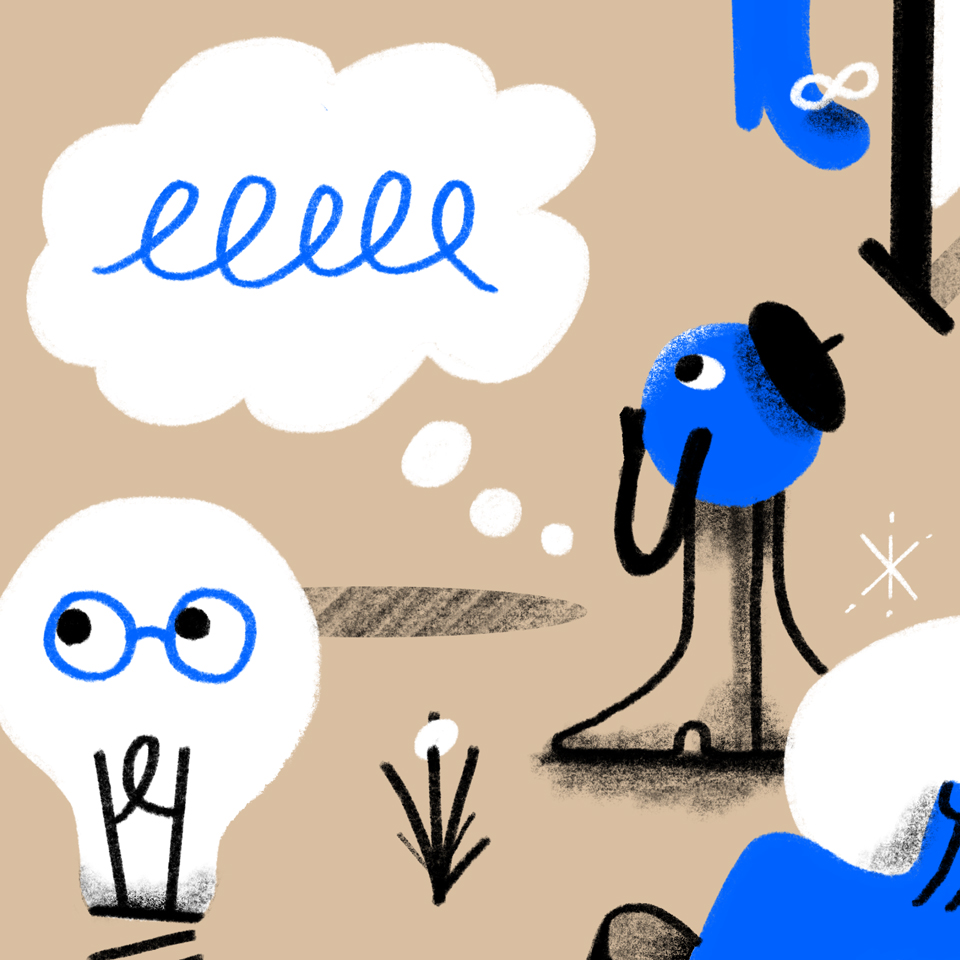
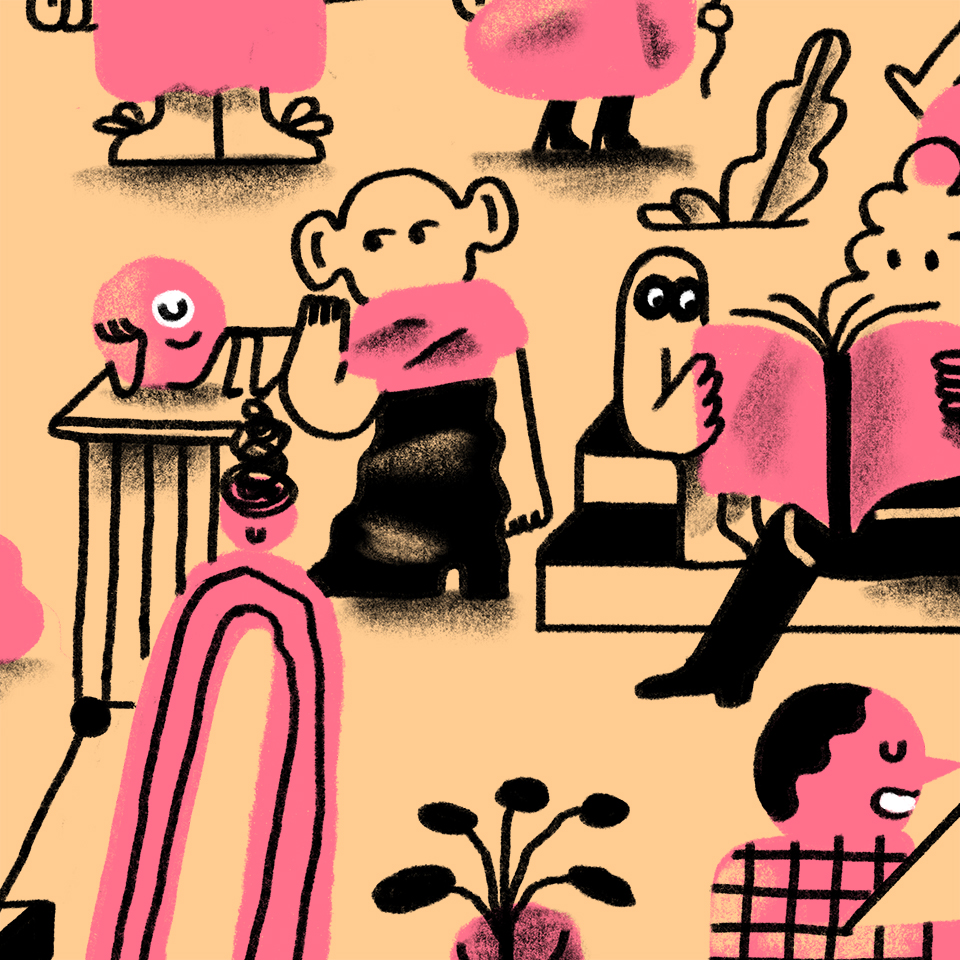
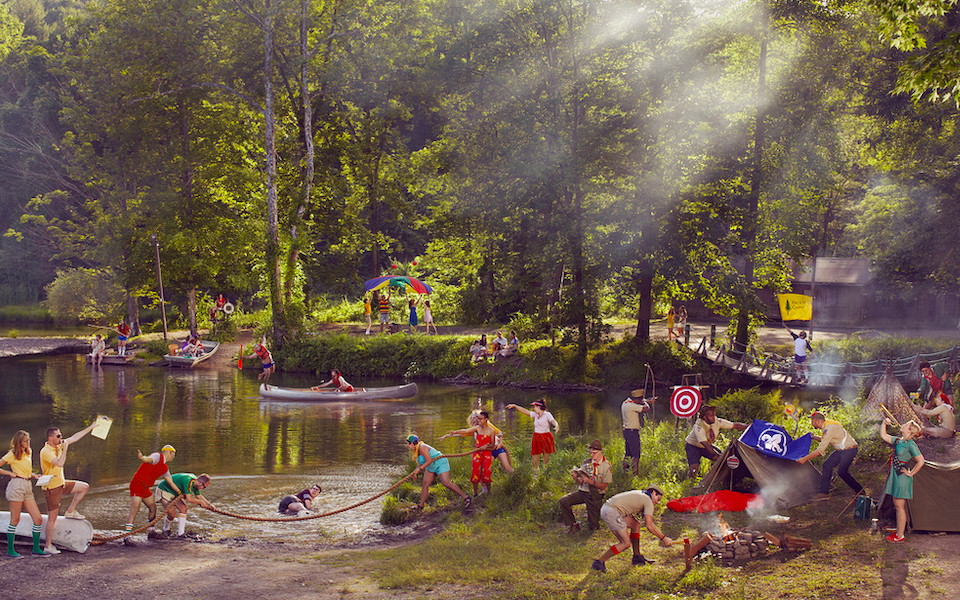

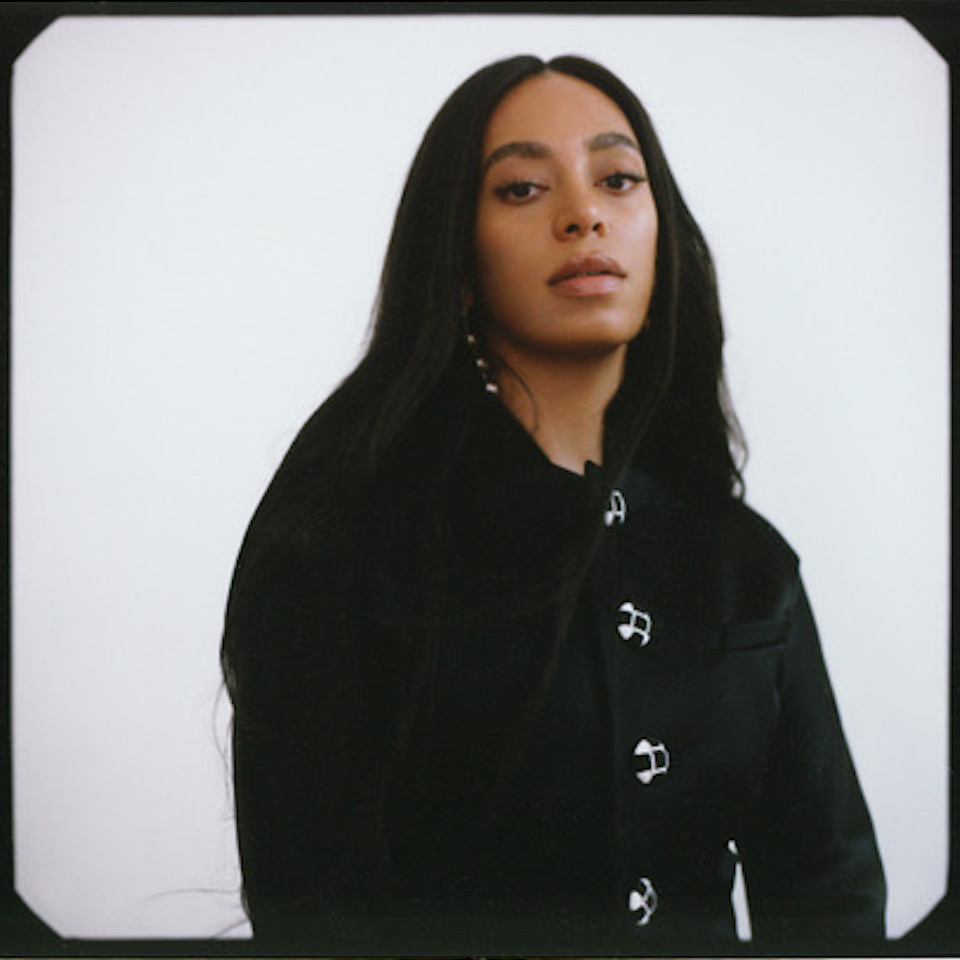
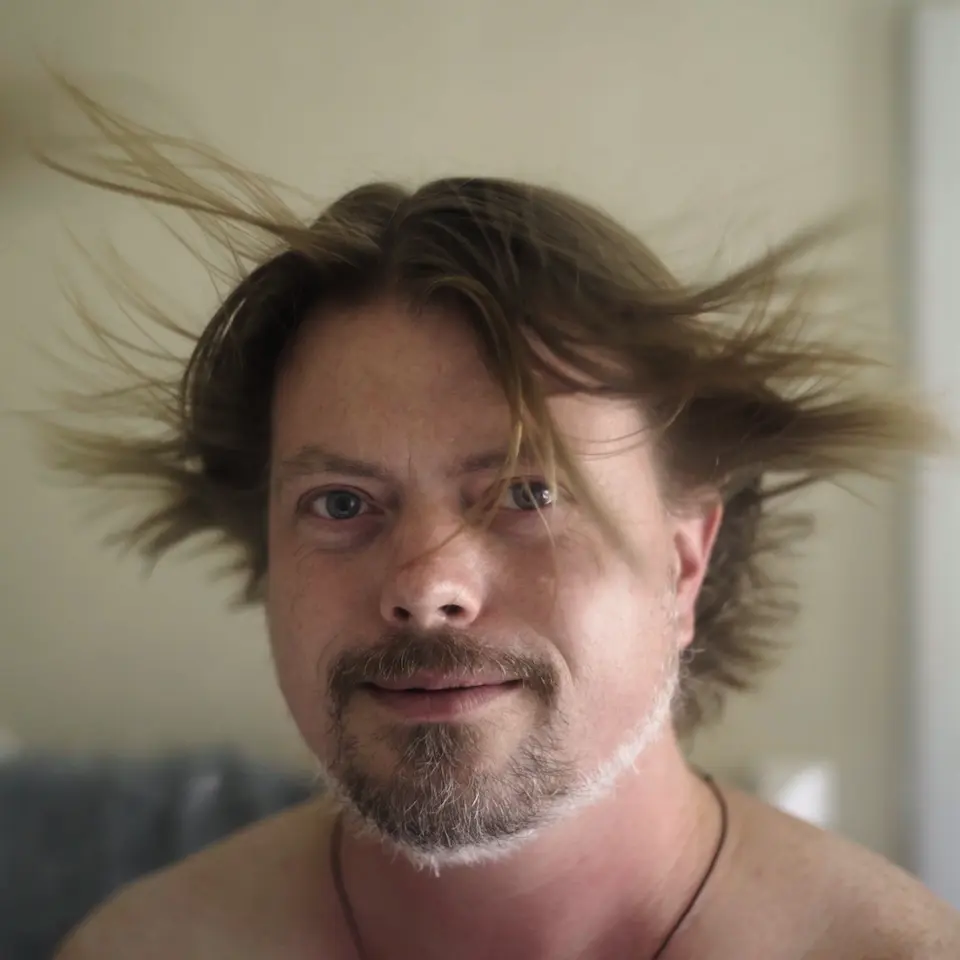
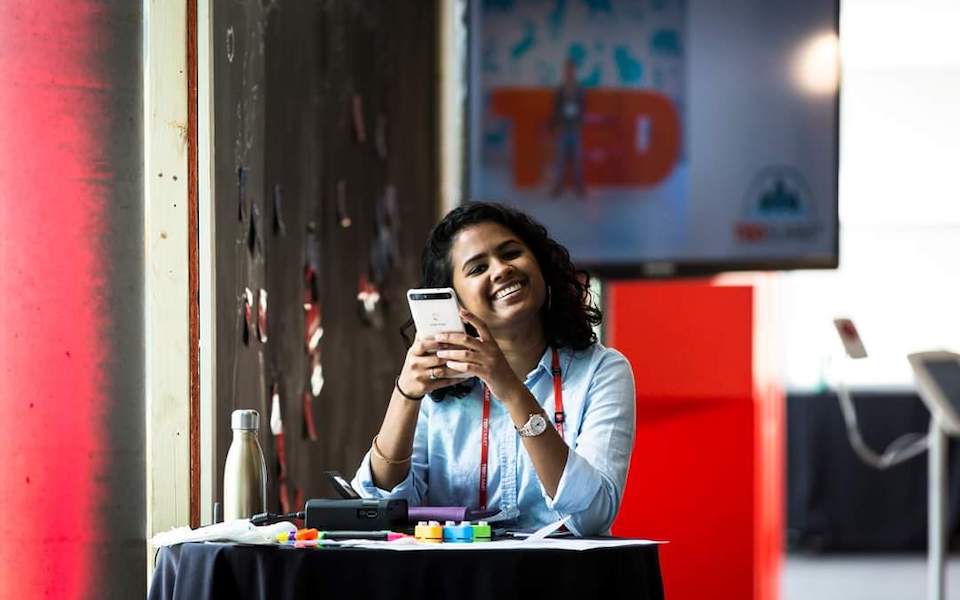
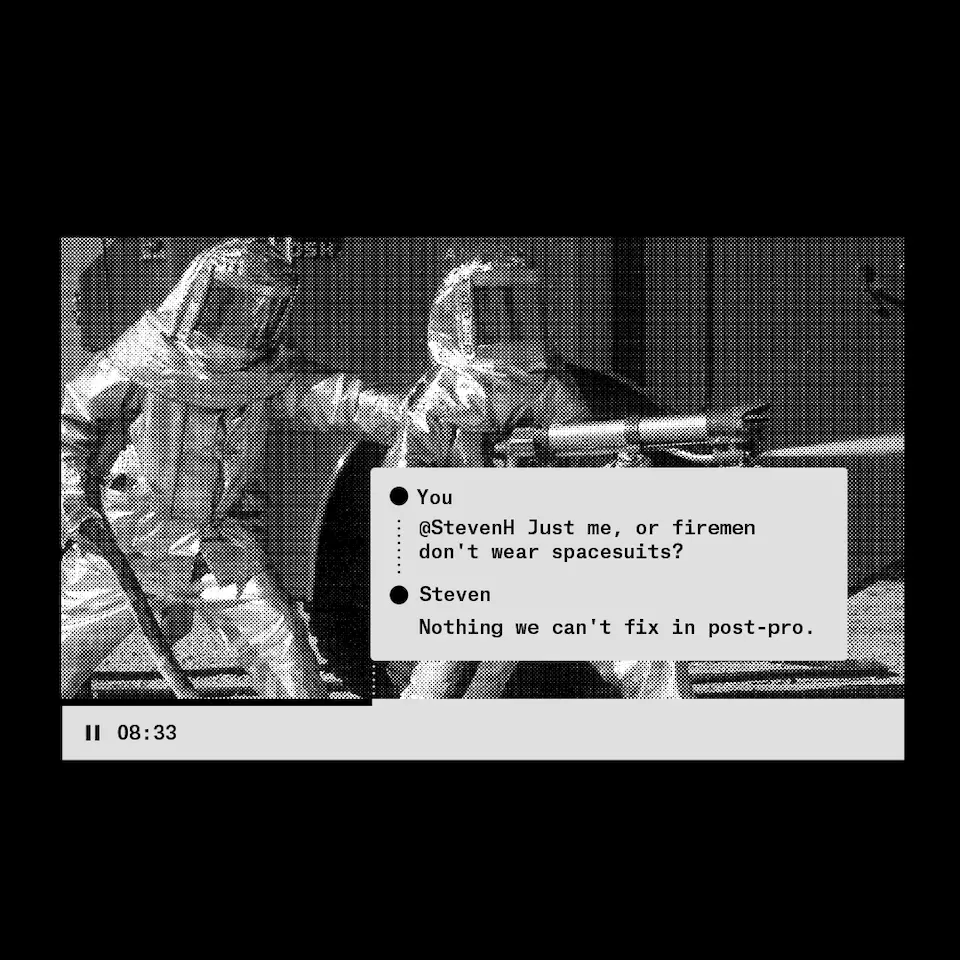
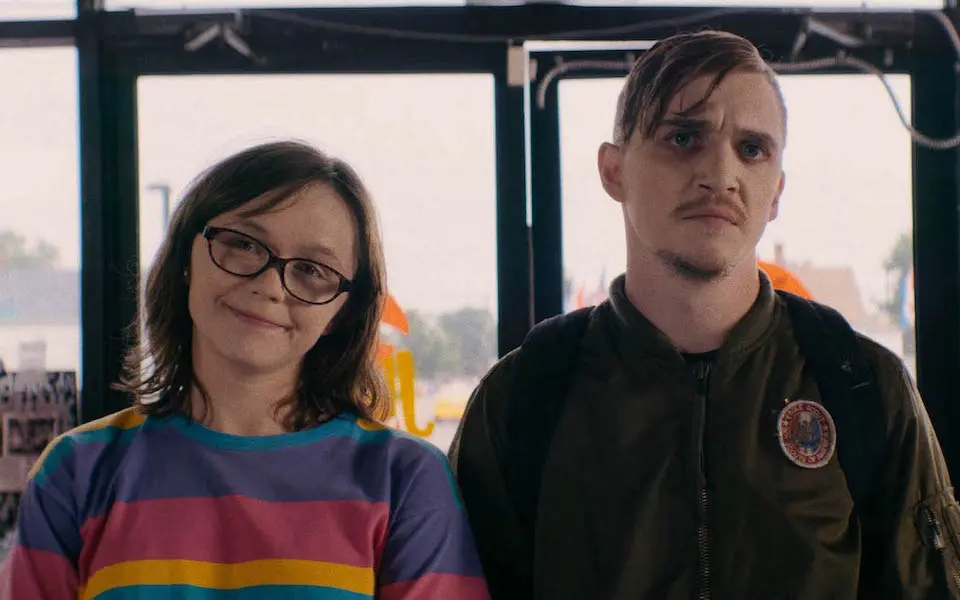
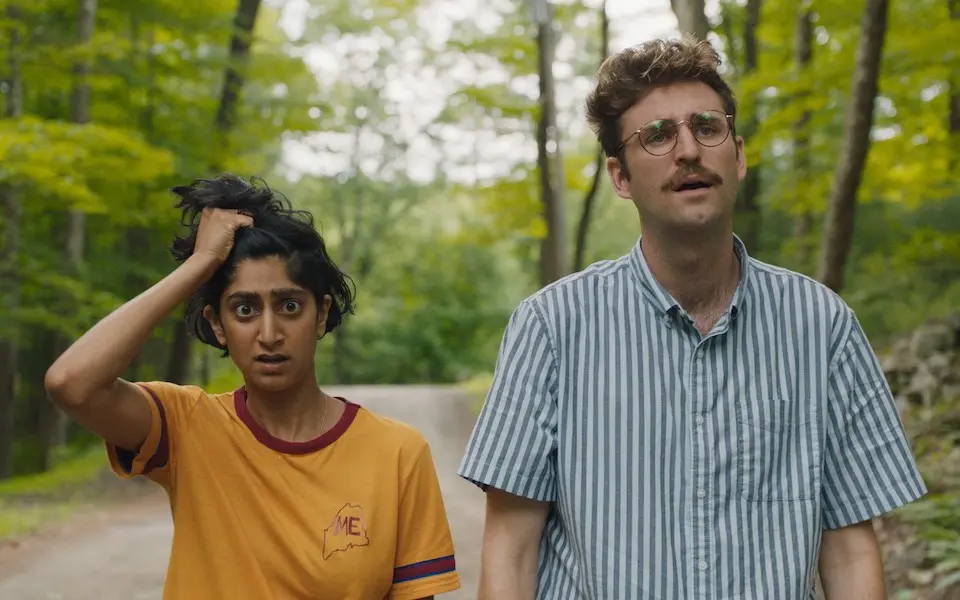
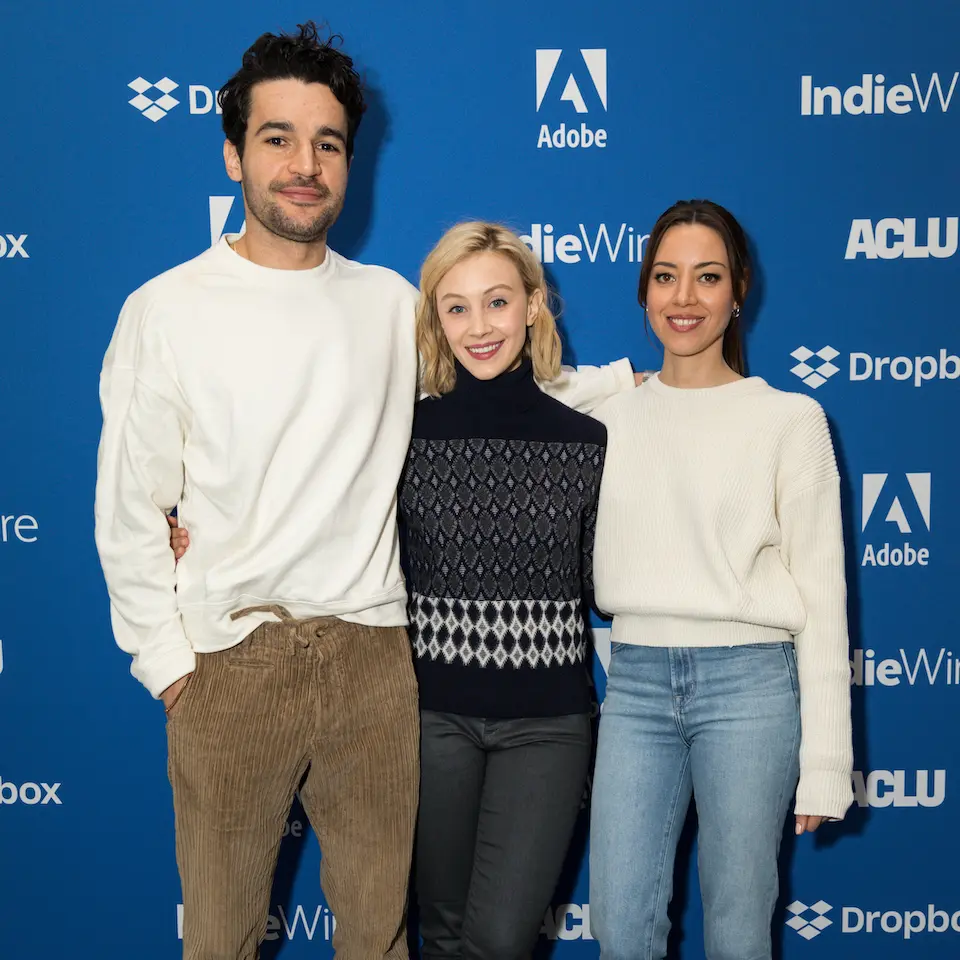
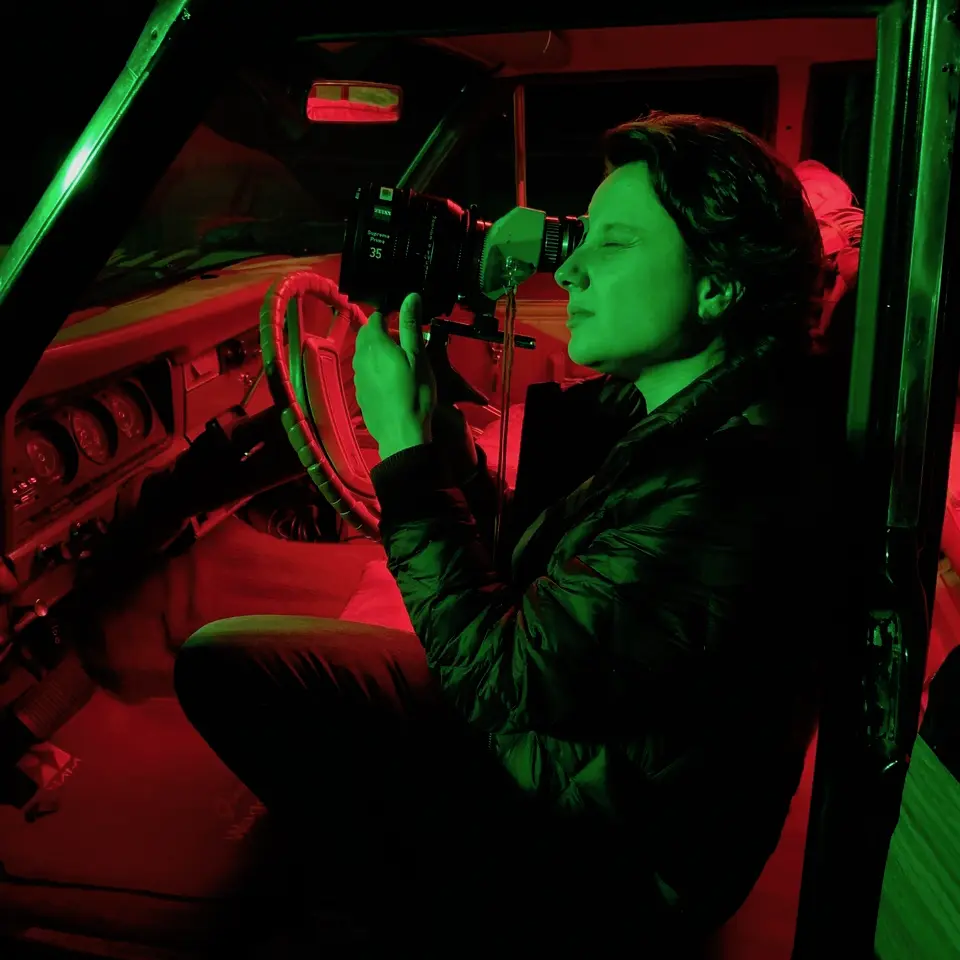
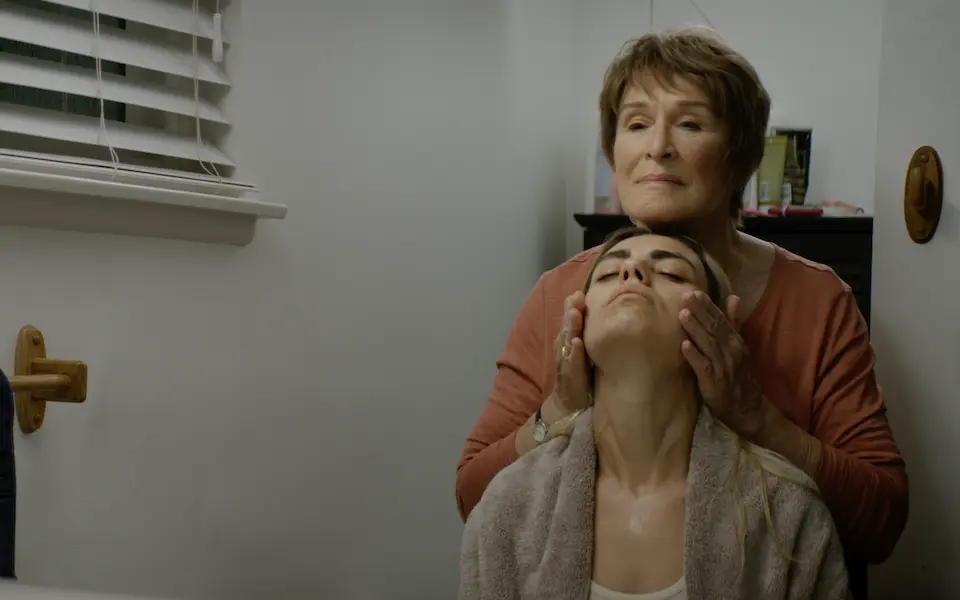
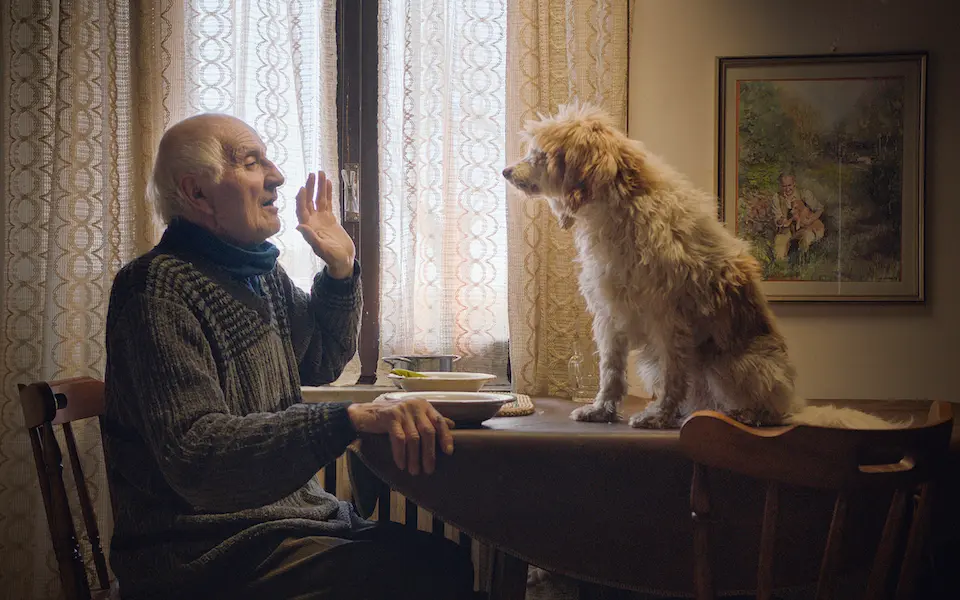
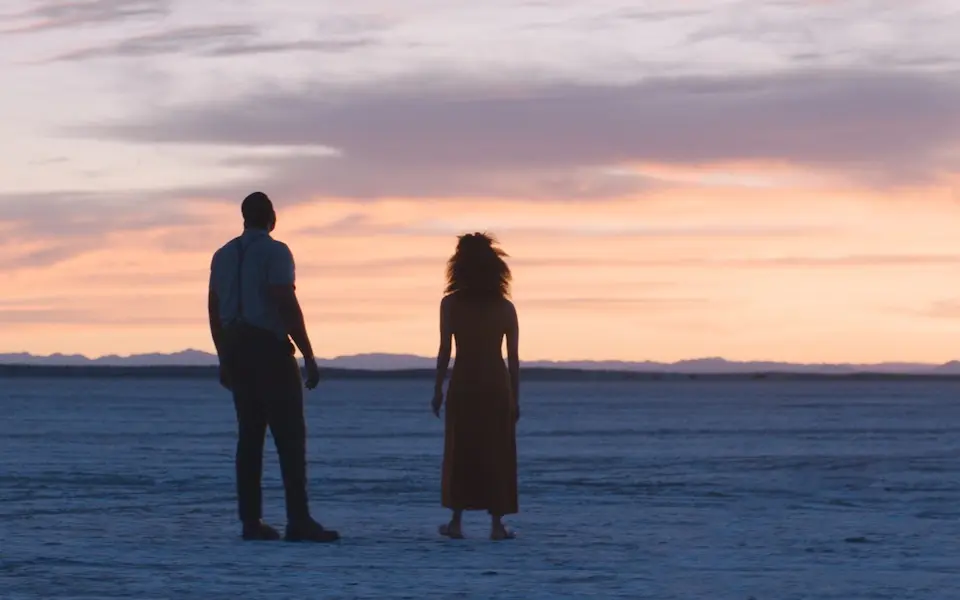
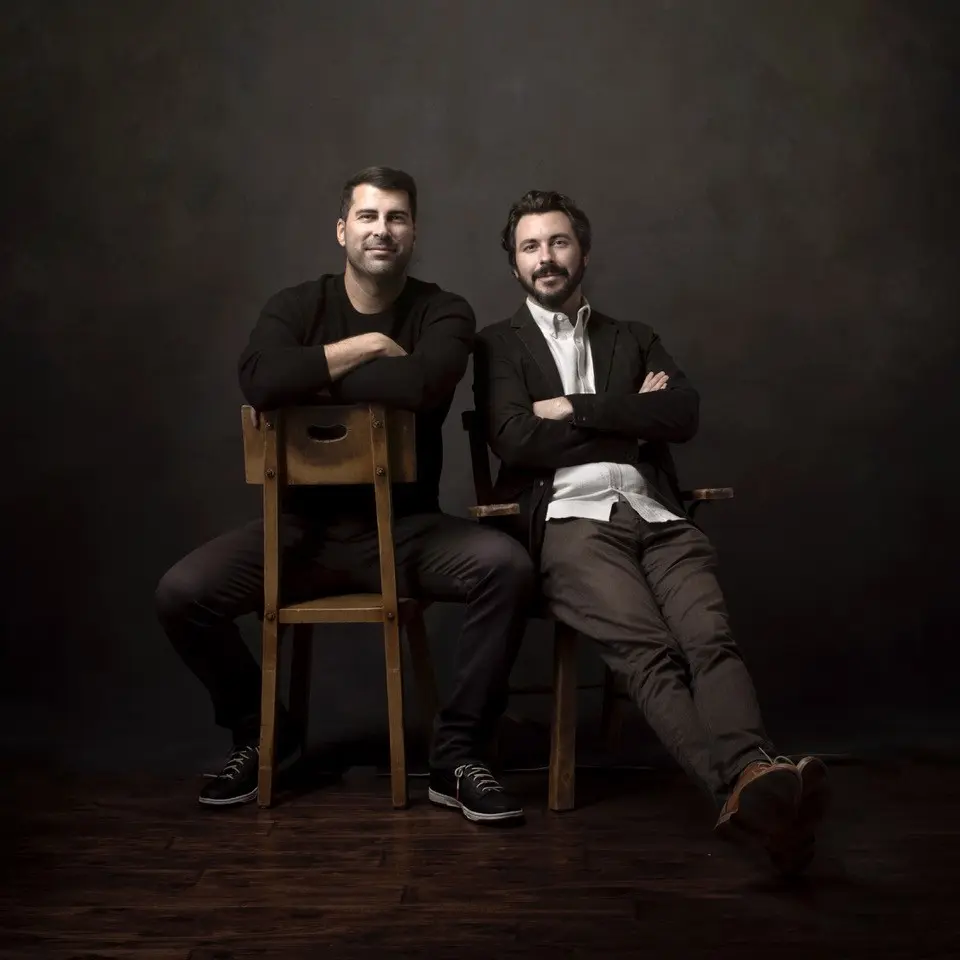


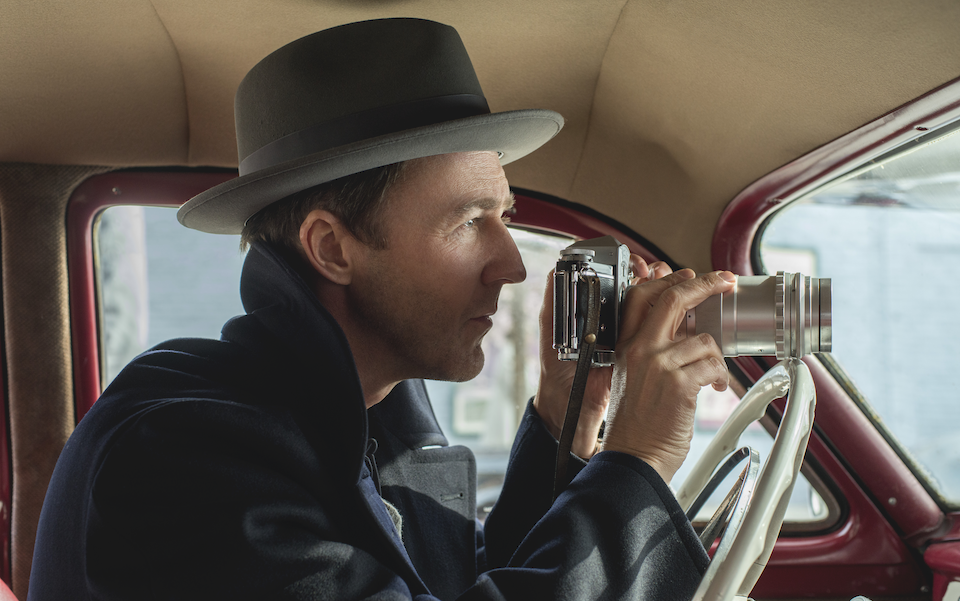
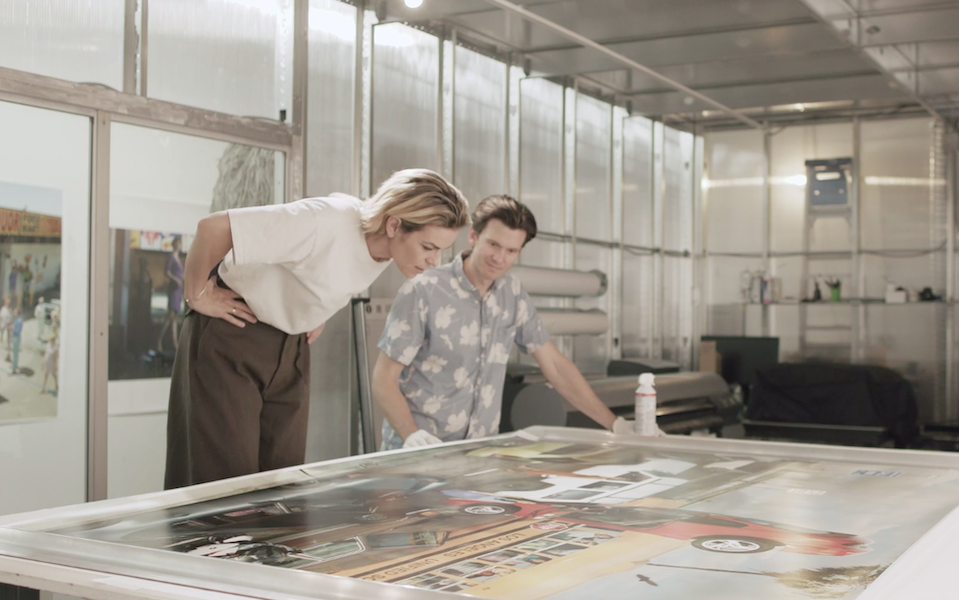





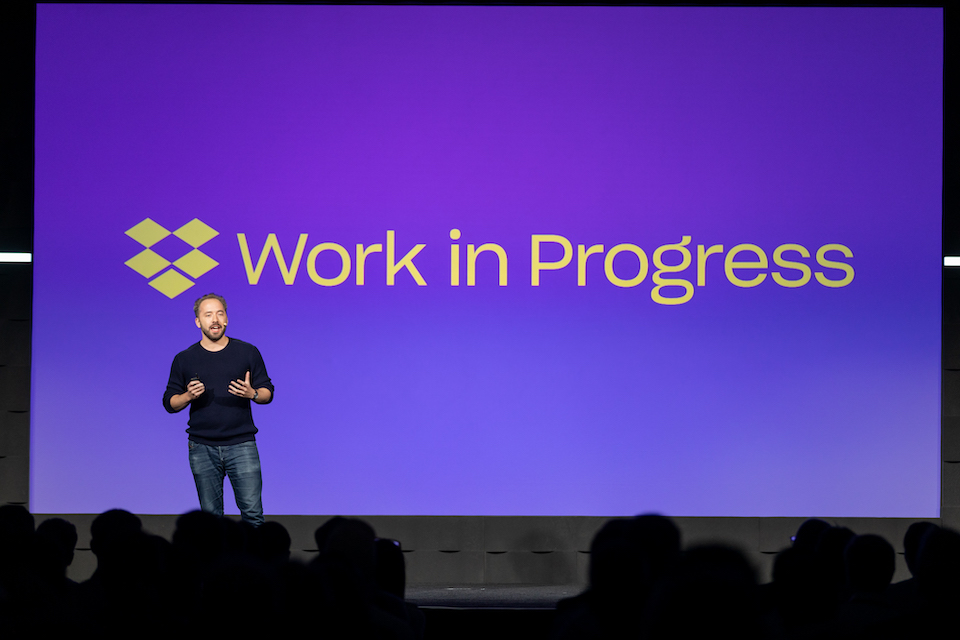



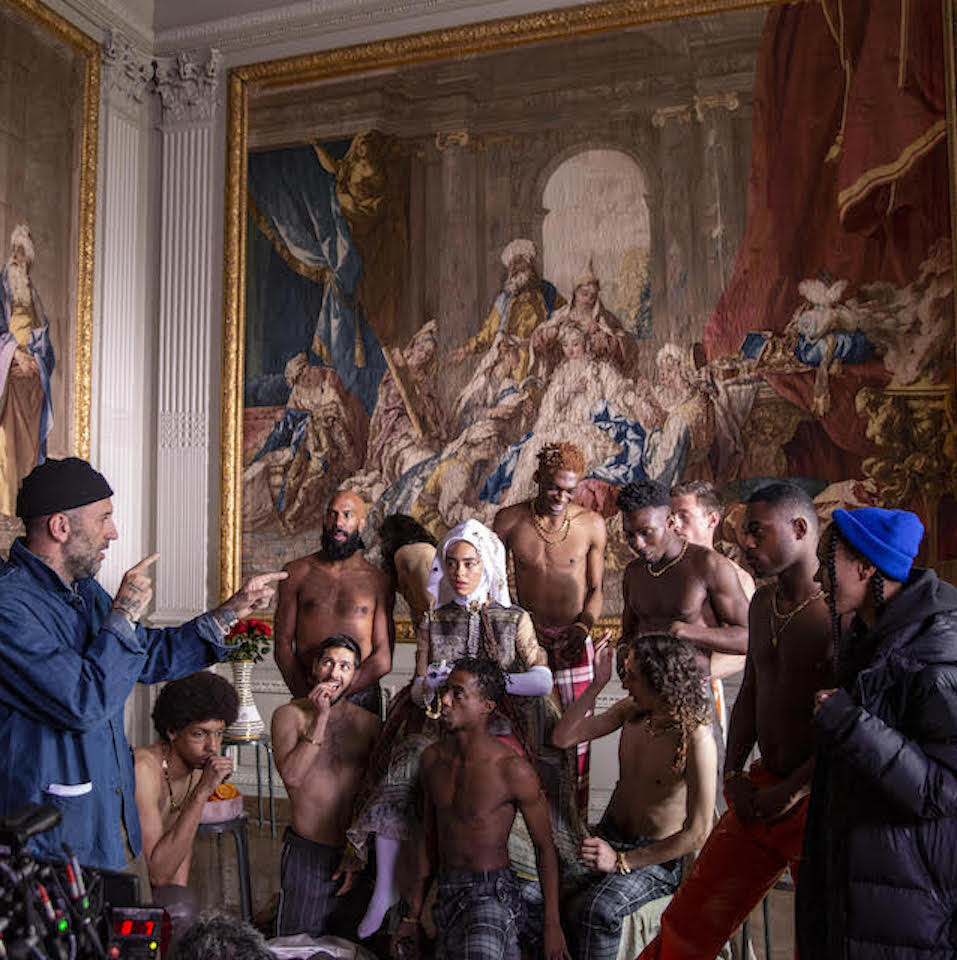

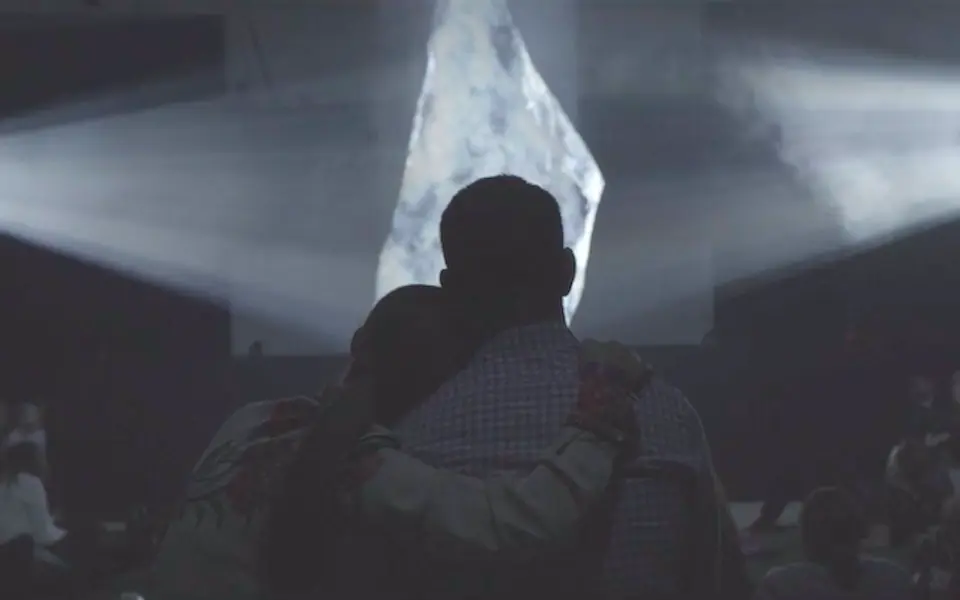
.png/_jcr_content/renditions/Karen%20O%20%2B%20Danger%20Mouse%20(photo%20by%20Eliot%20Lee%20Hazel).webp)


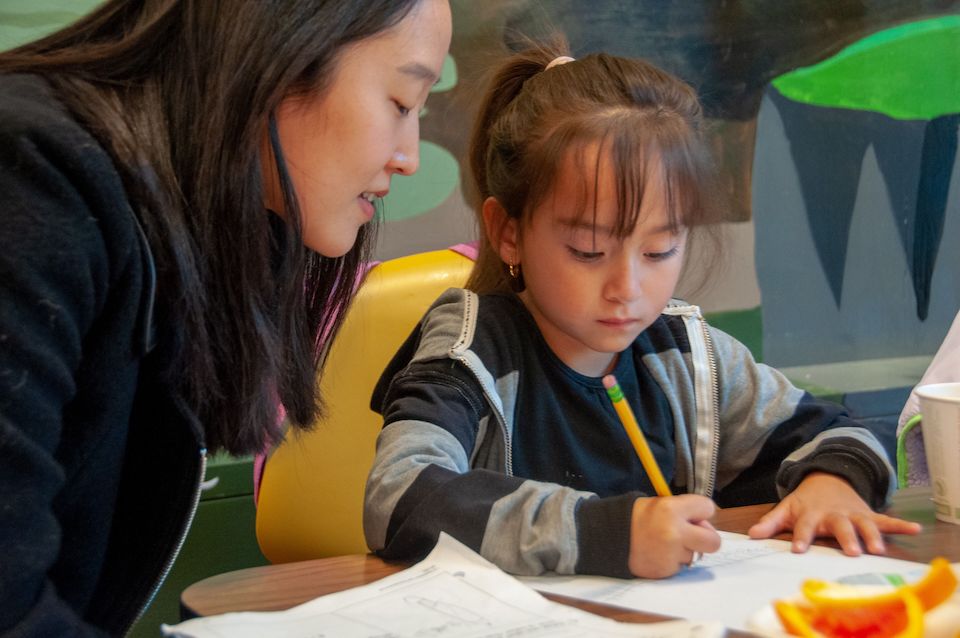

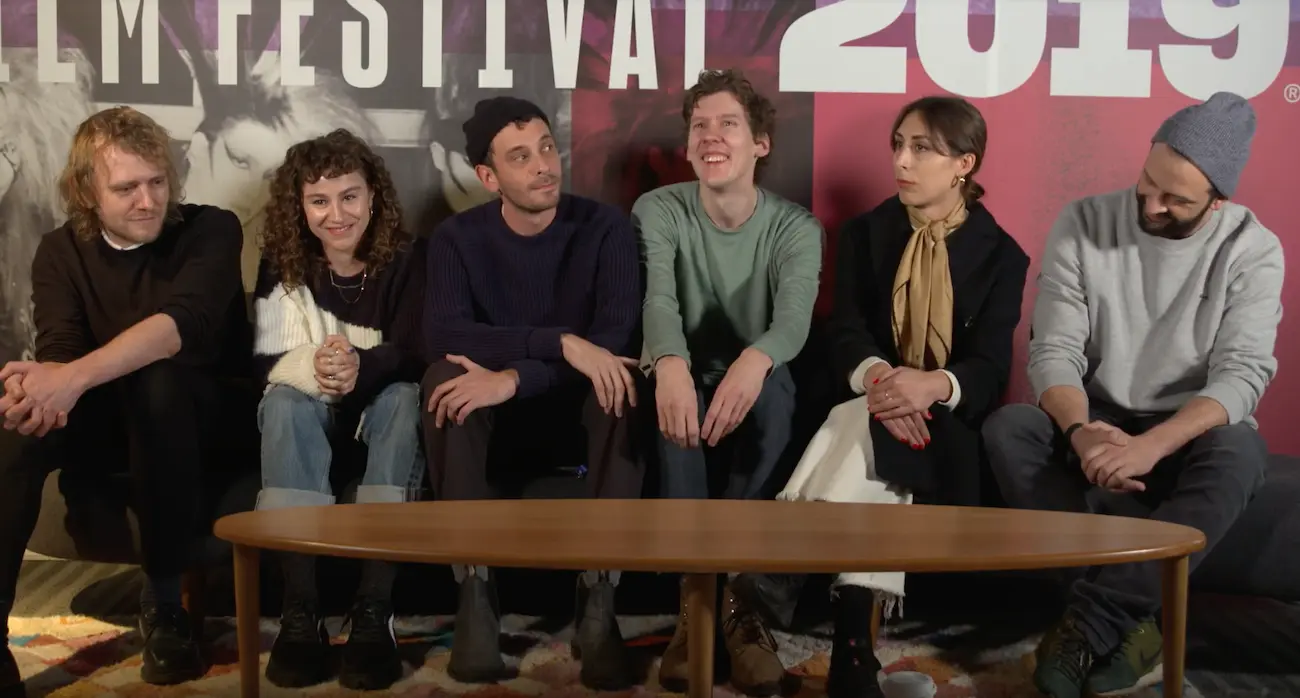
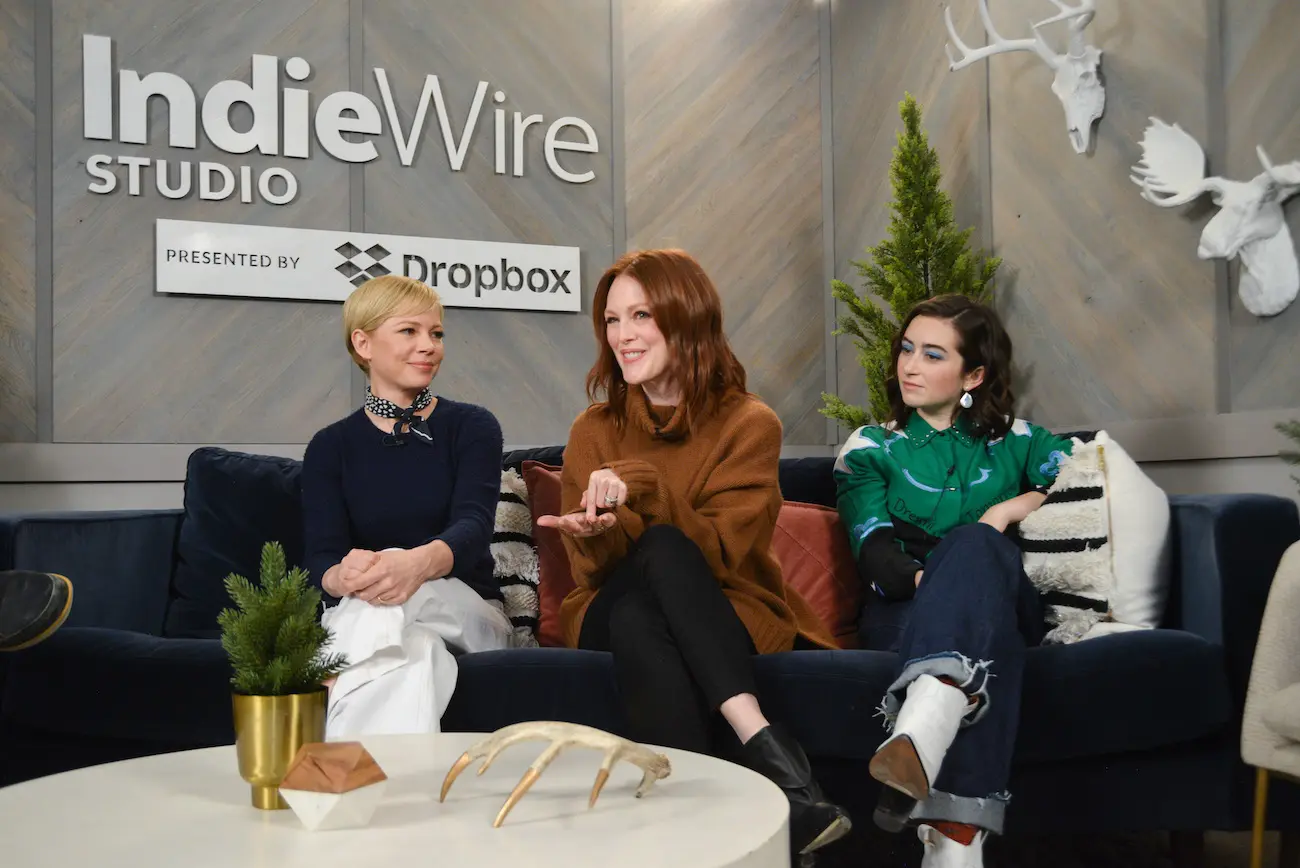
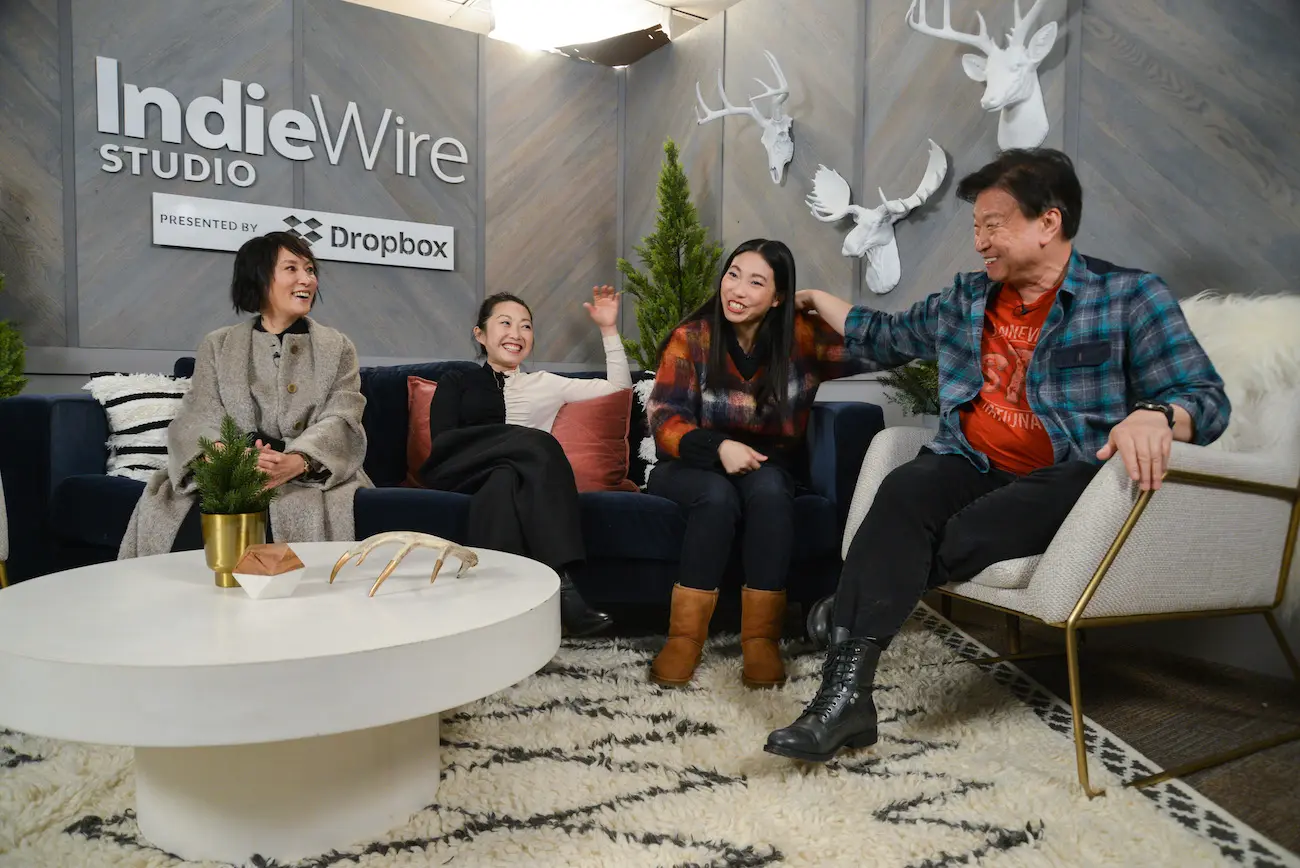
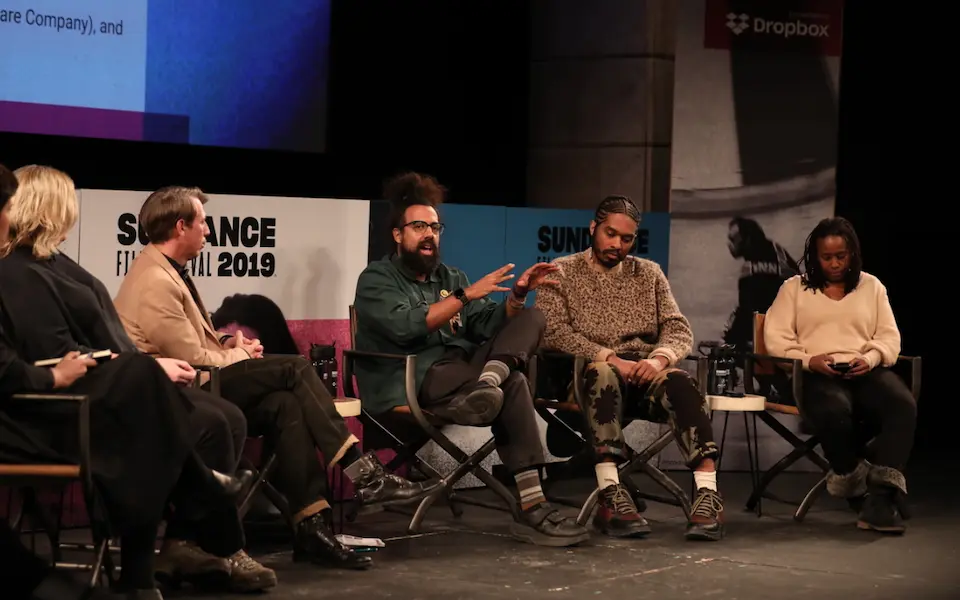
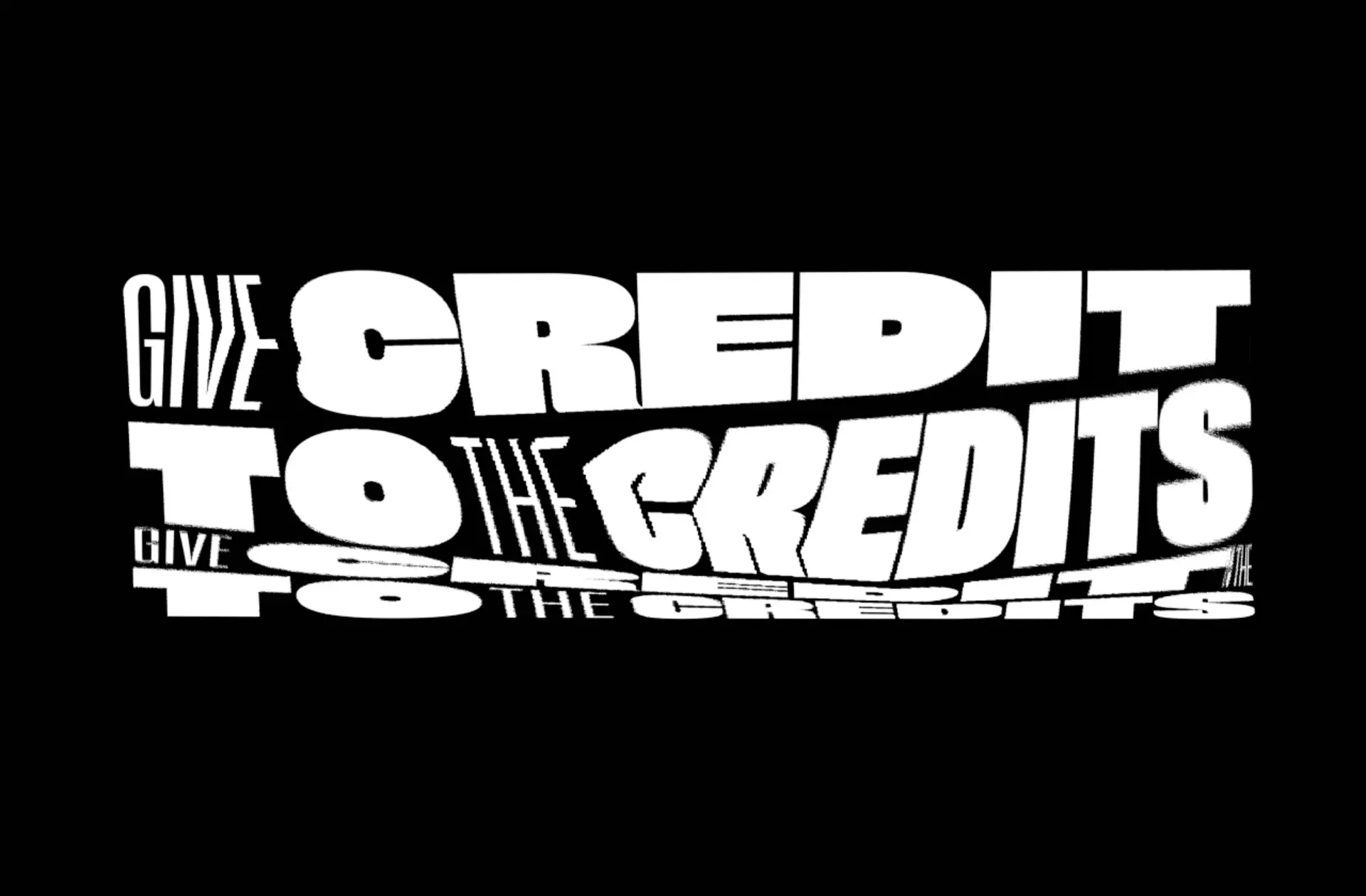
.jpg/_jcr_content/renditions/Extremely%20Wicked%20Shockingly%20Evil%20and%20Vile_Sundance19_Director%20Joe%20Berlinger%20(3).webp)
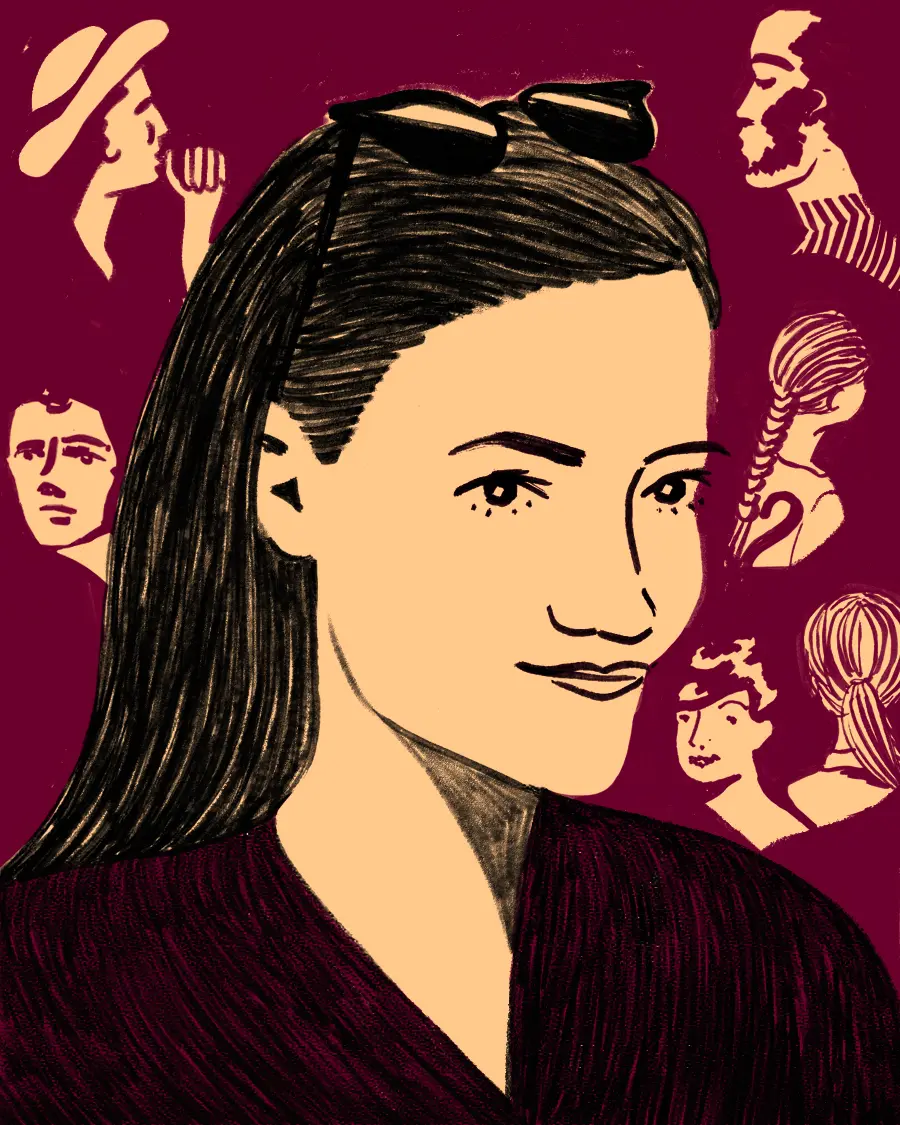
.jpg/_jcr_content/renditions/Bedlam%2014%20(1).webp)
